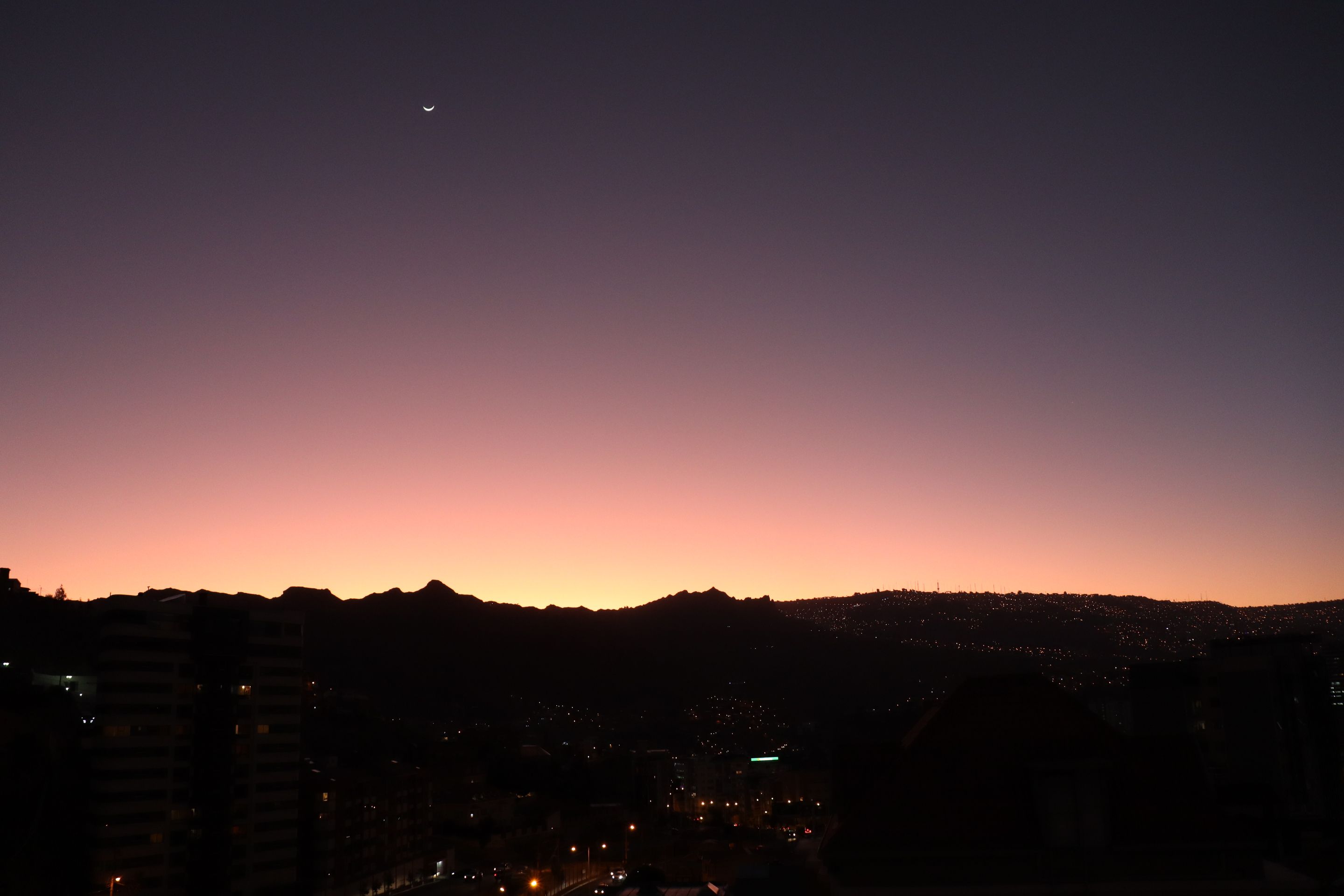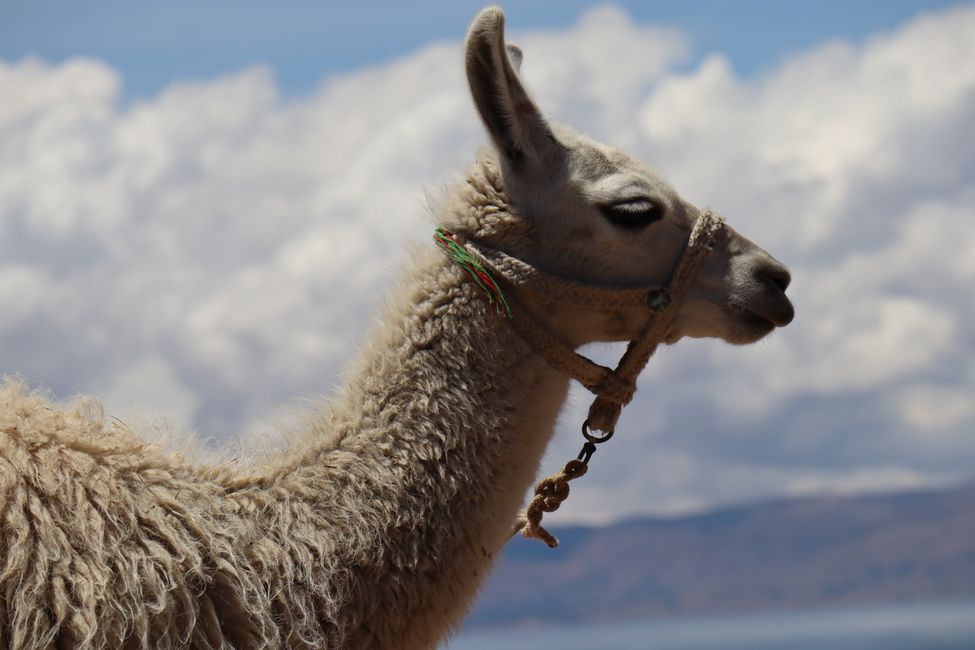
fear-and-loathing-in-southamerica
vakantio.de/fear-and-loathing-in-southamerica
Barrello in search of the lost city... Santa Marta nameless jungle village Ciudad Perdida Bogota
ئېلان قىلىندى: 29.05.2023

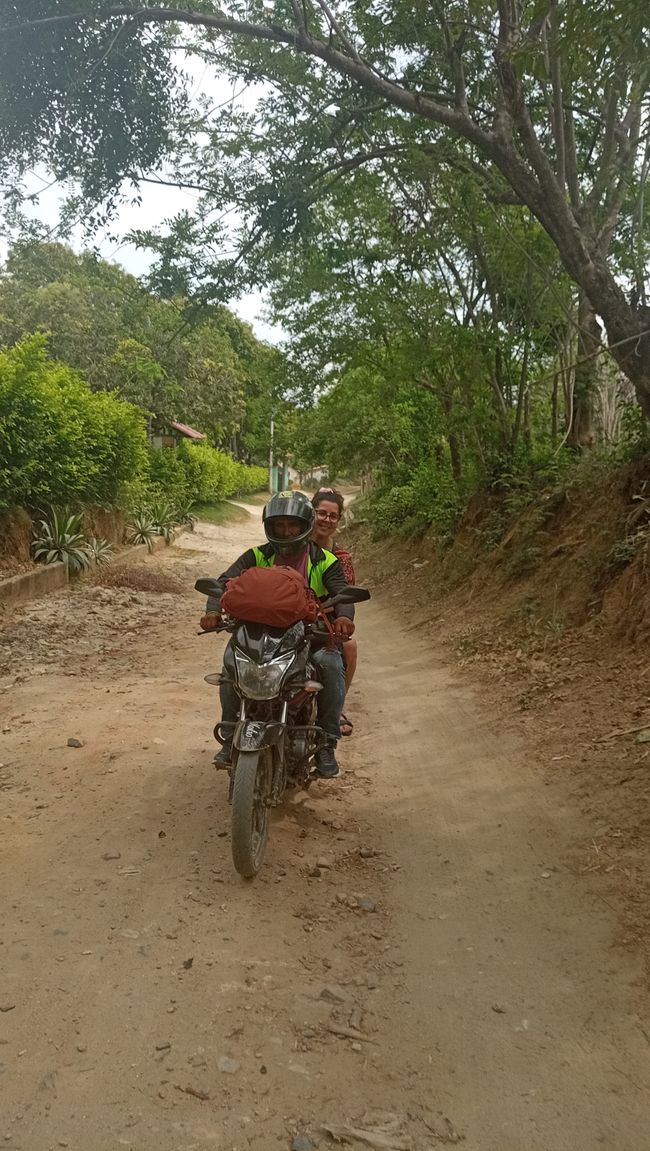
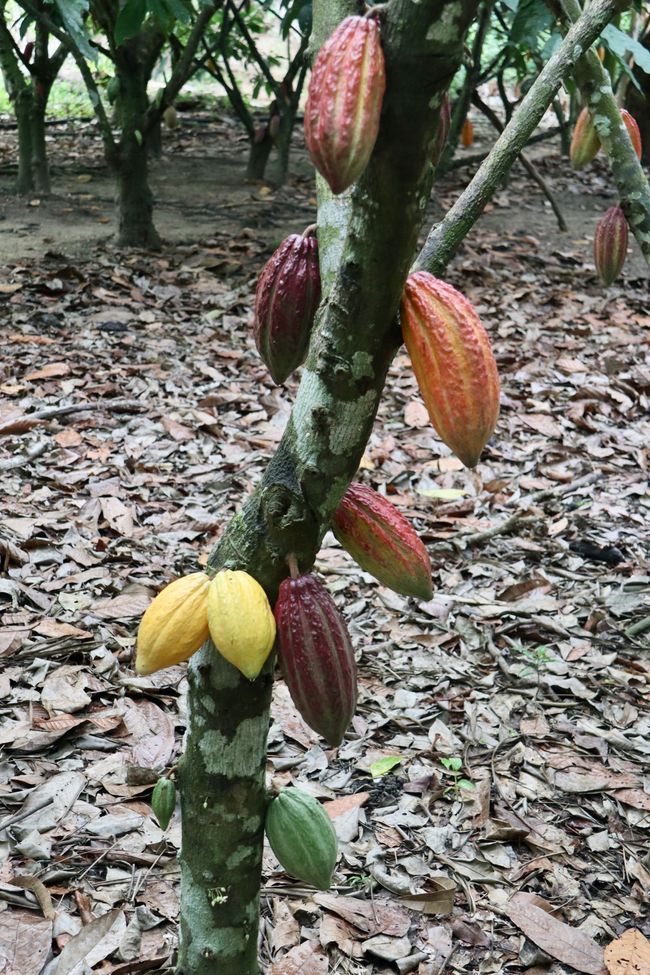
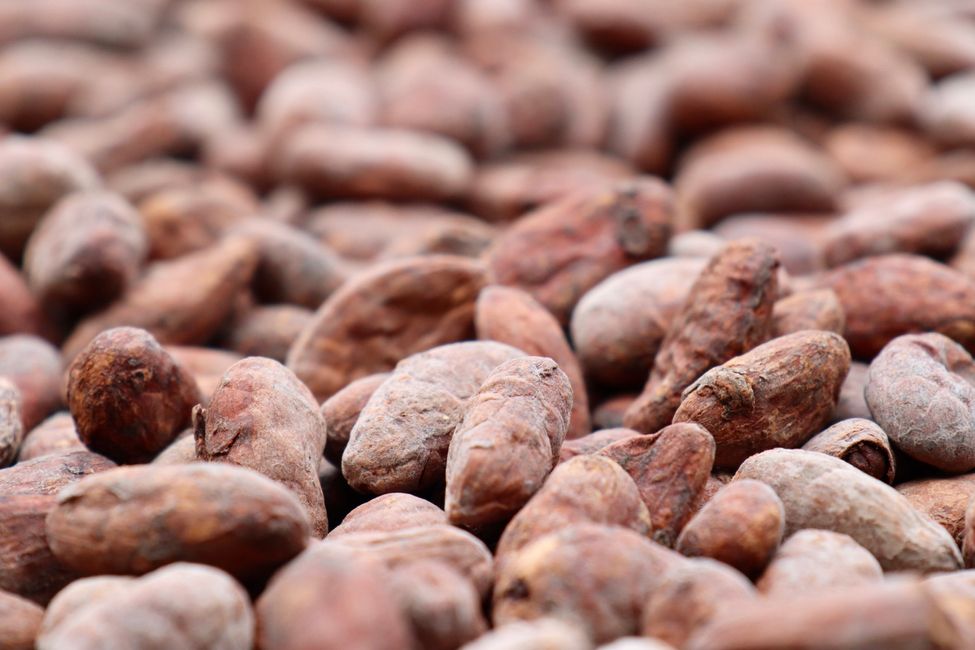

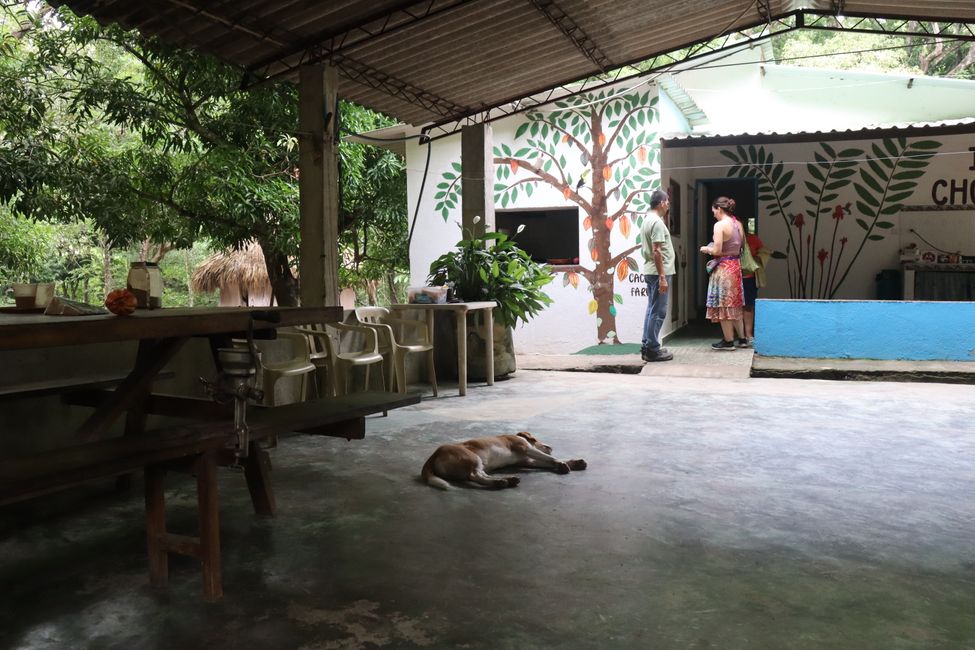
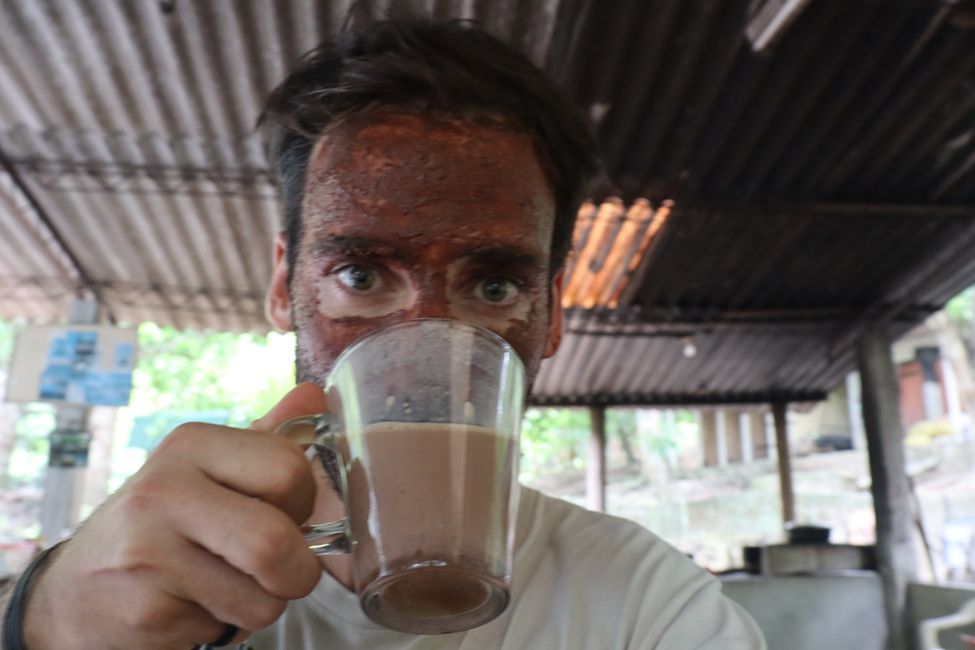
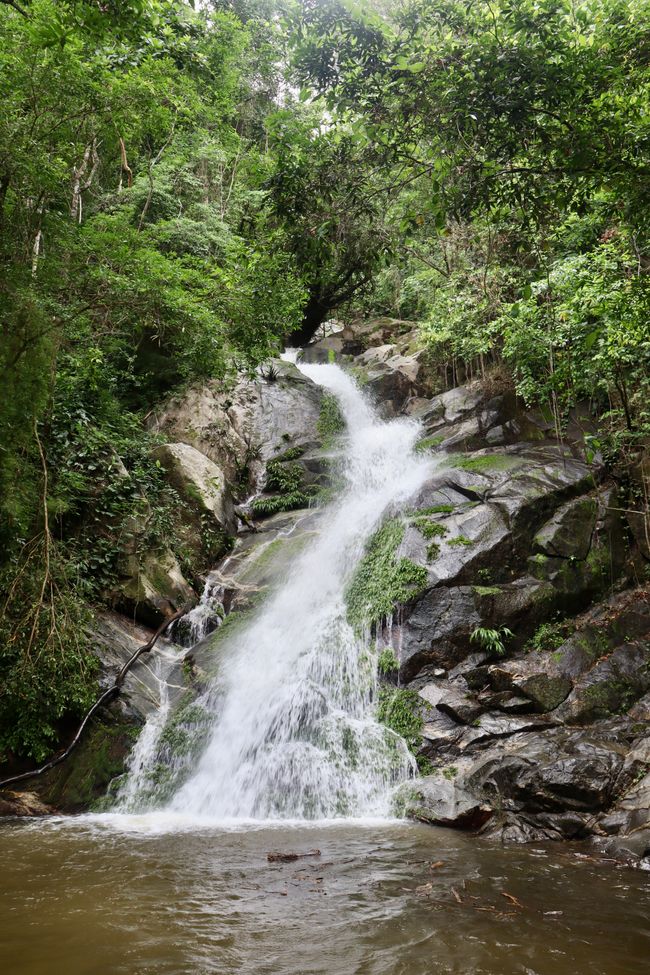
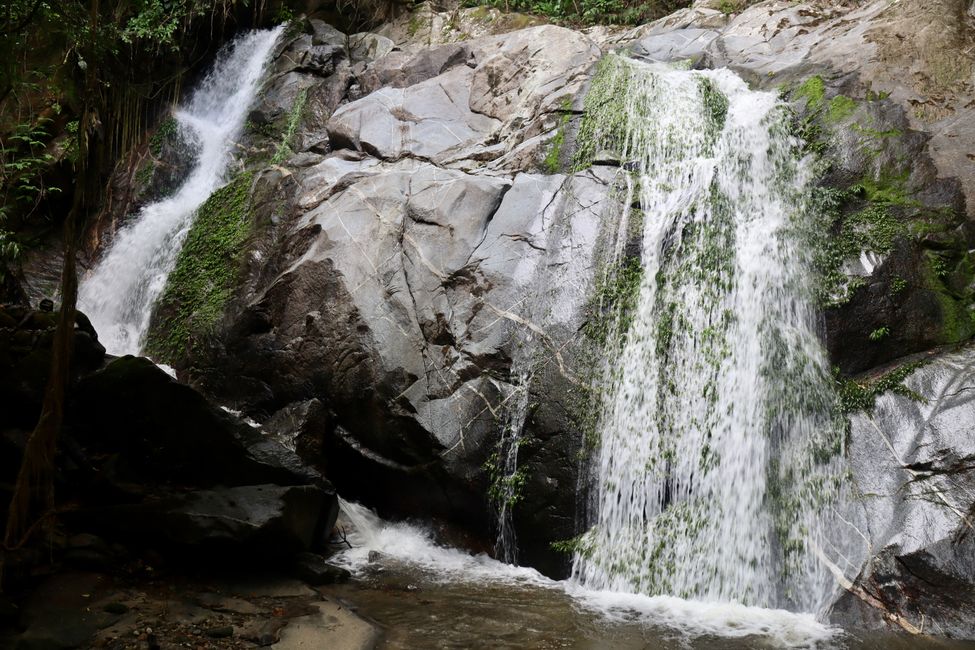
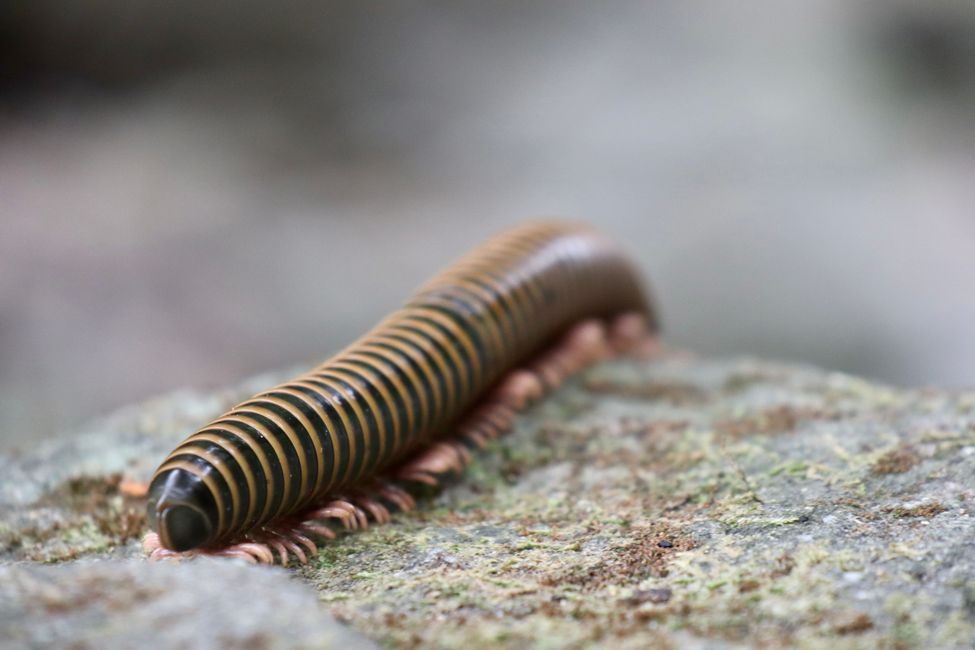
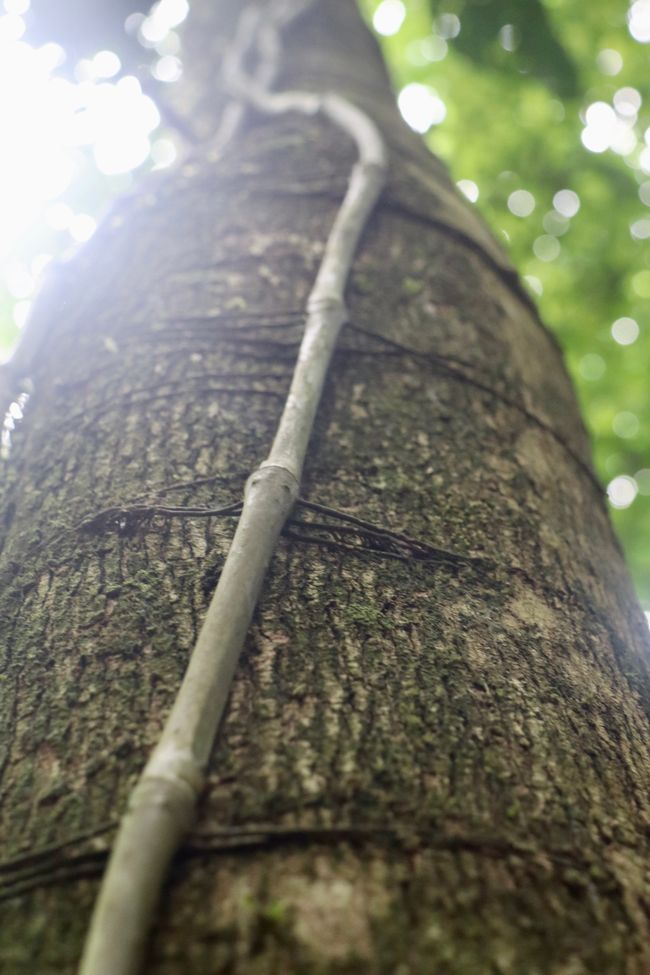
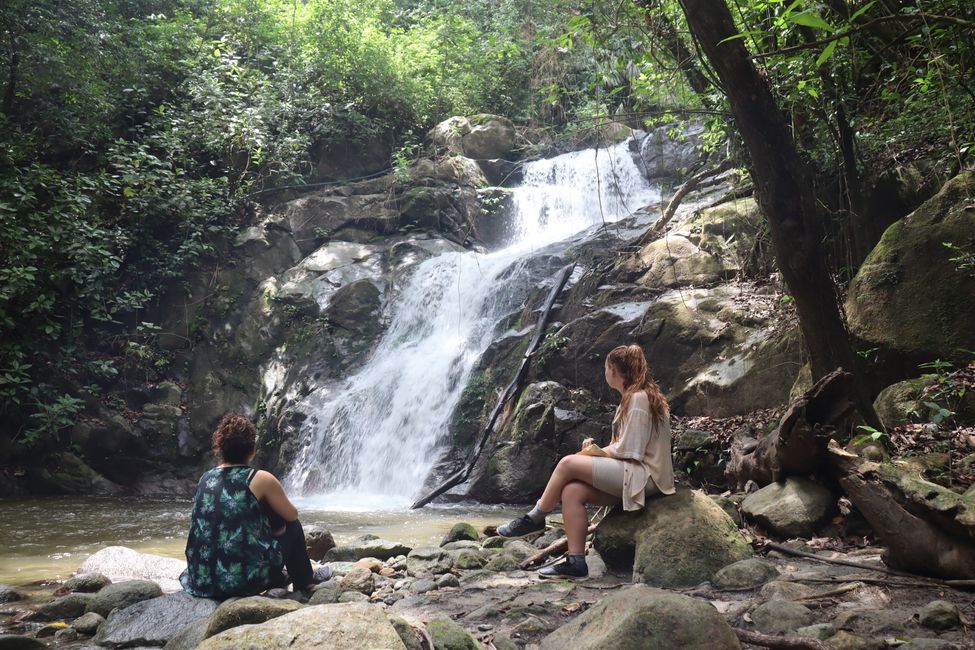
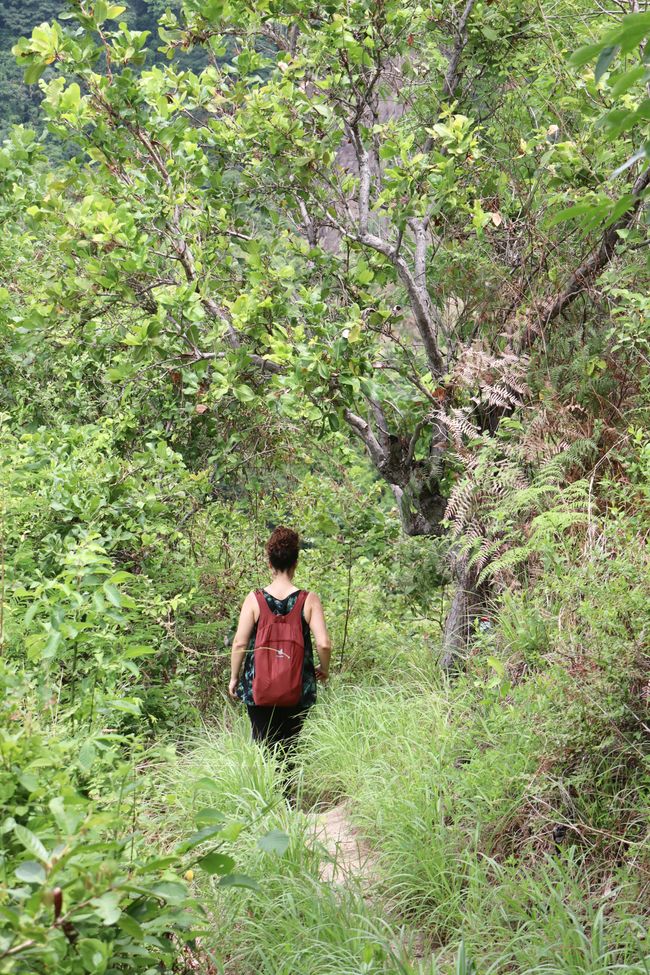
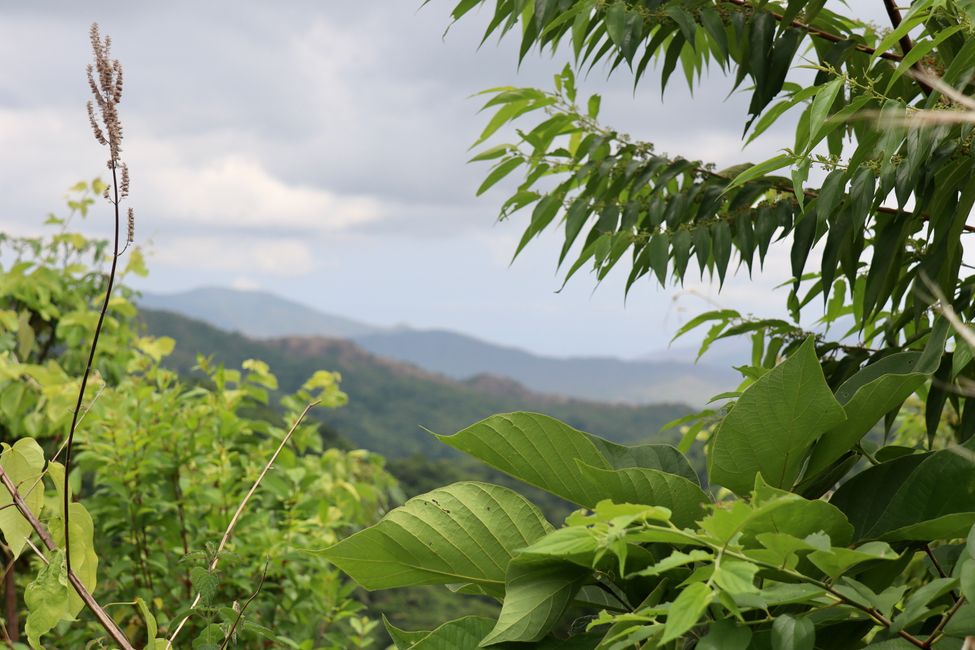
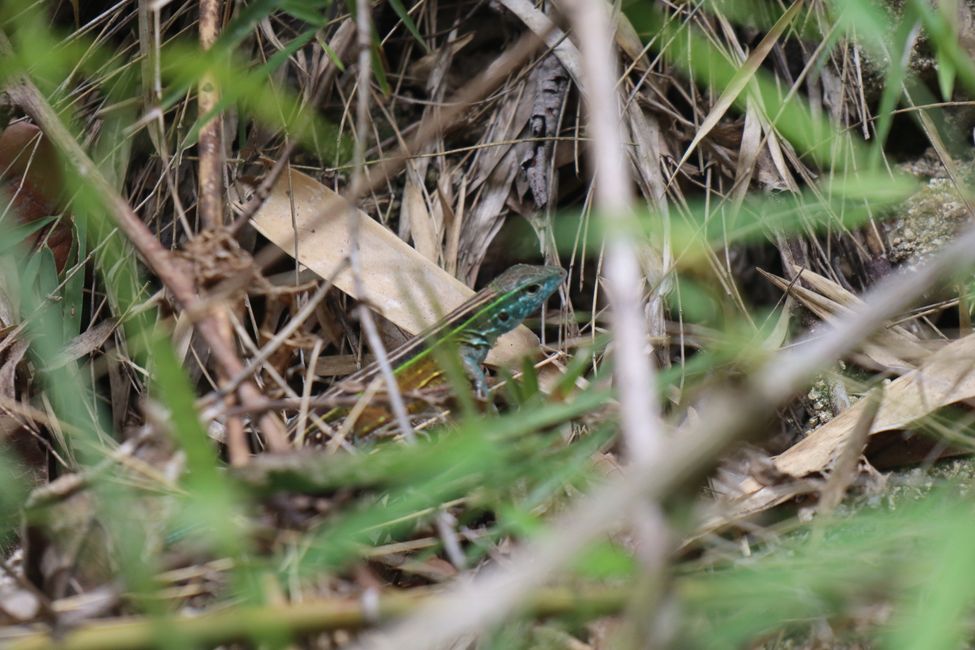
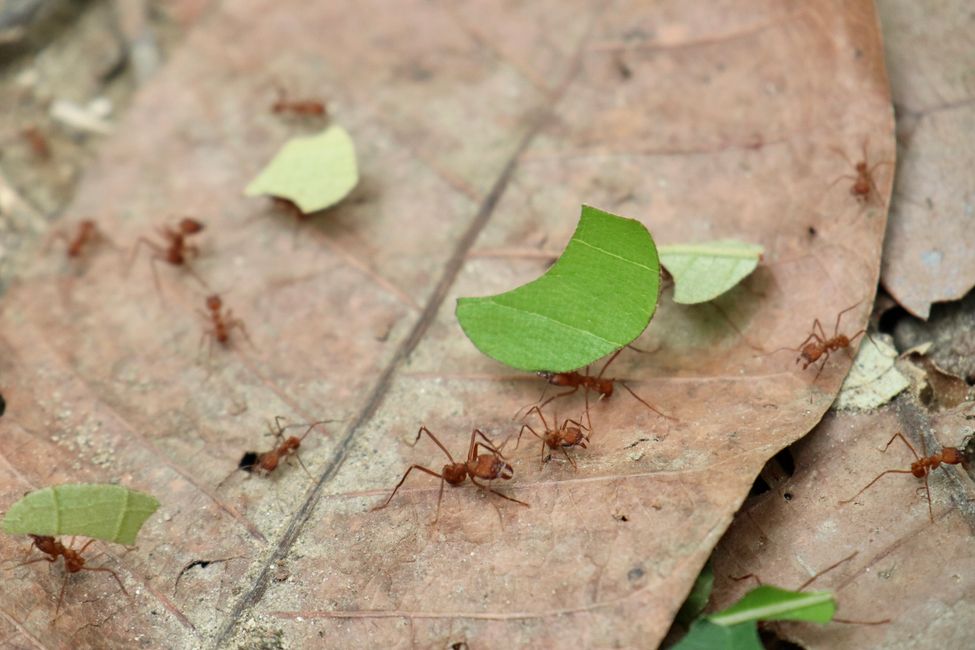
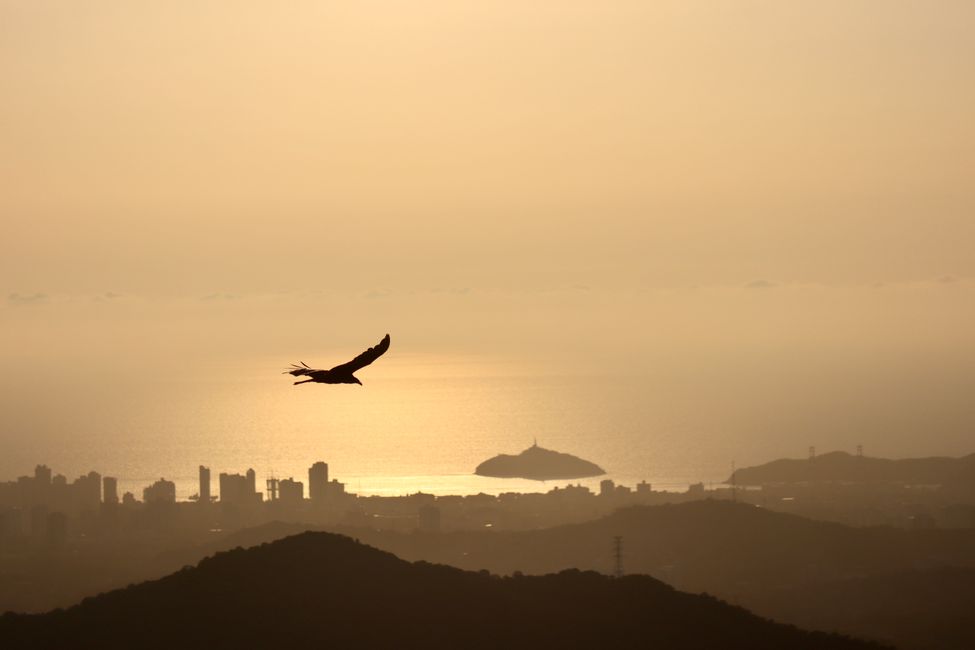
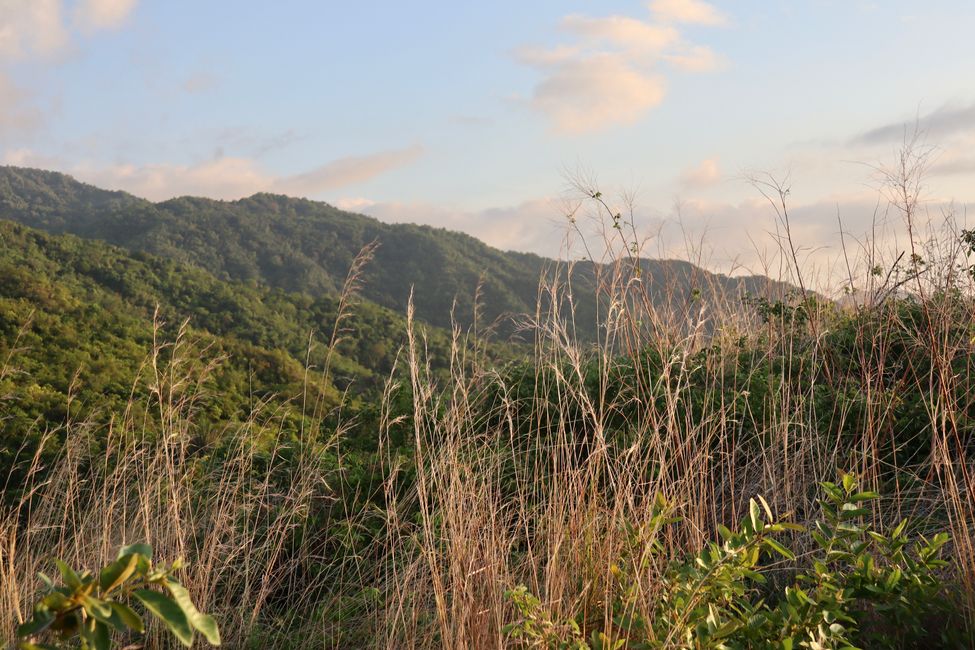

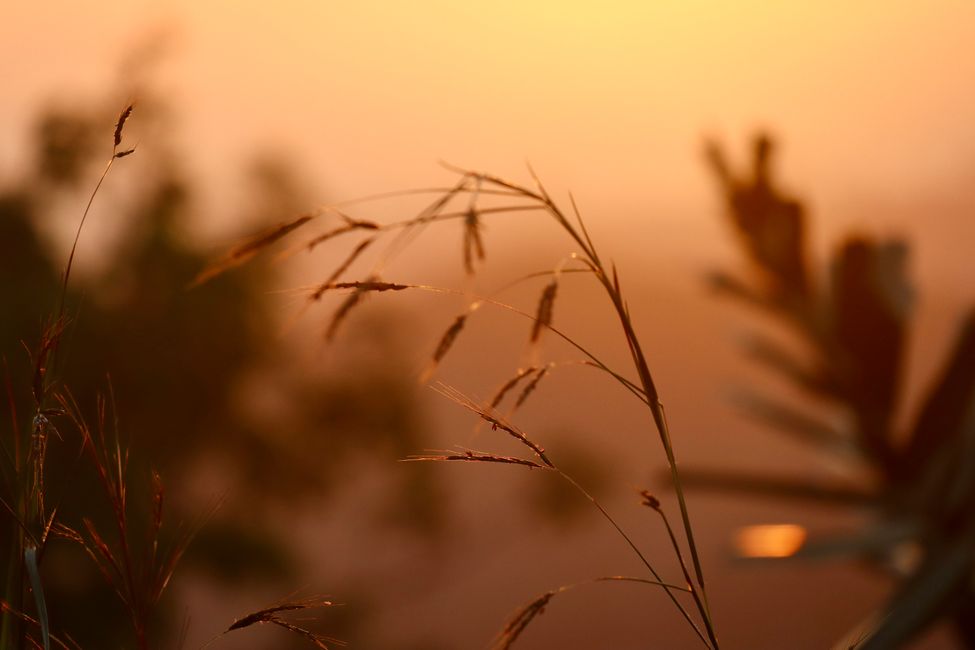
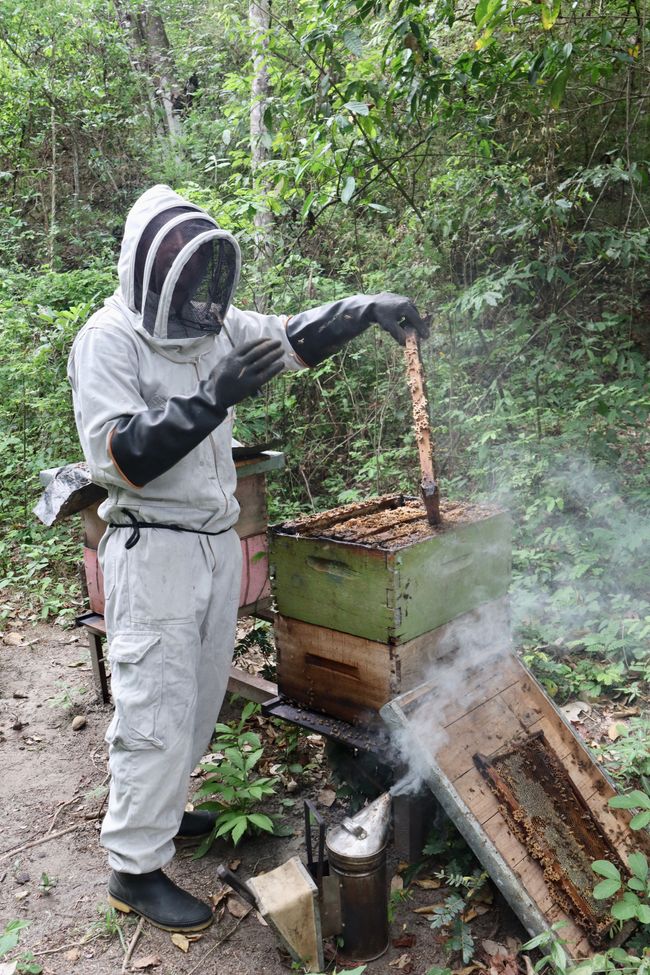
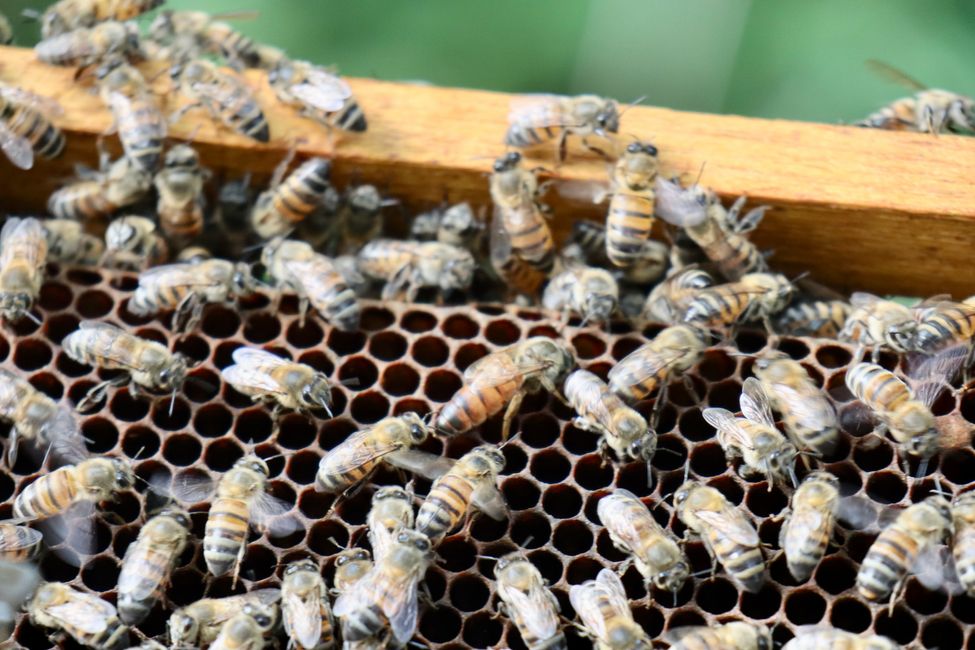
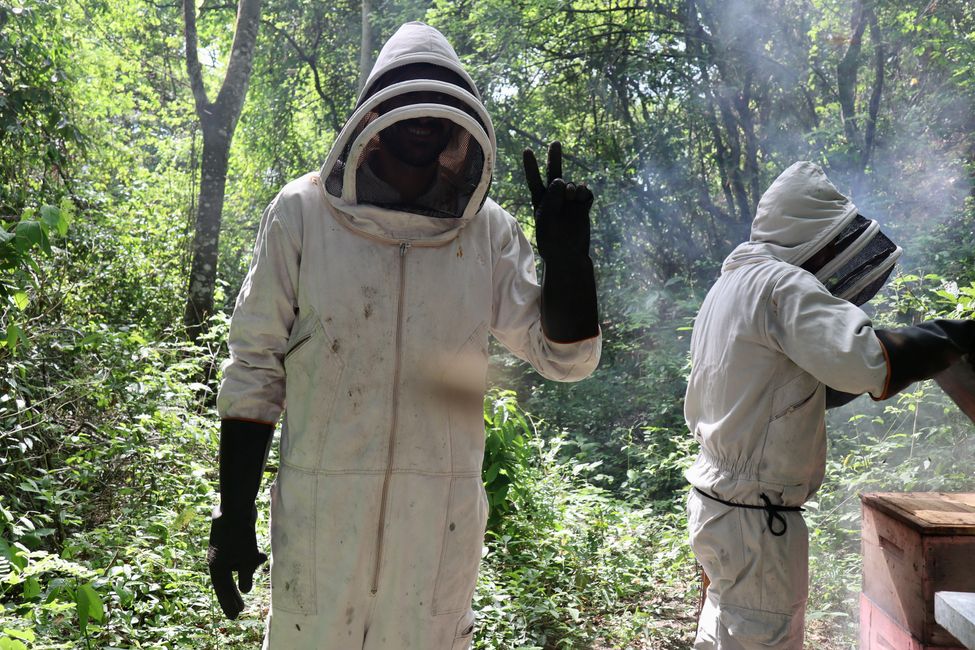

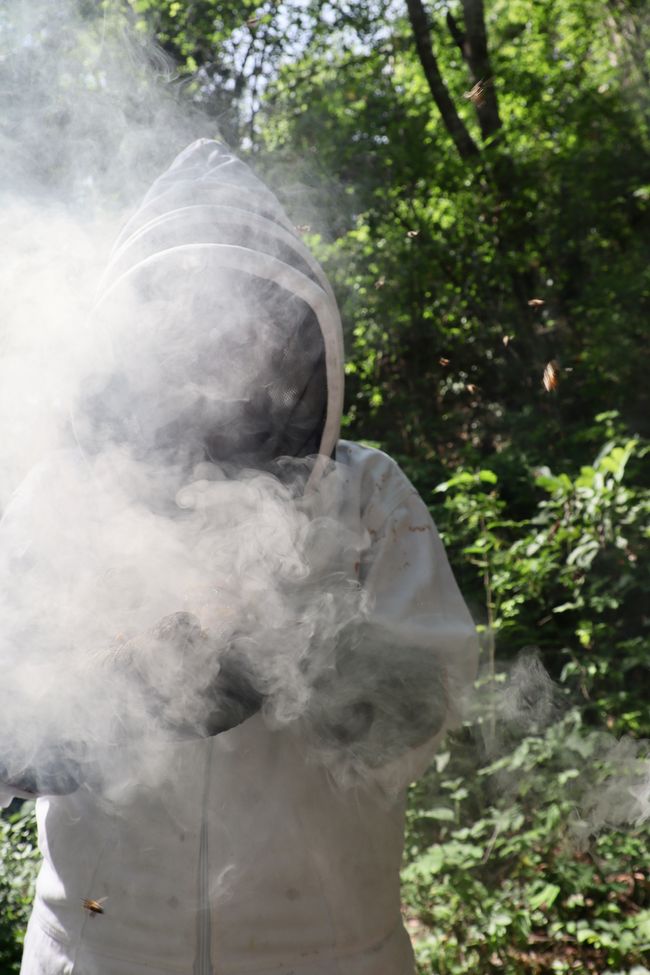
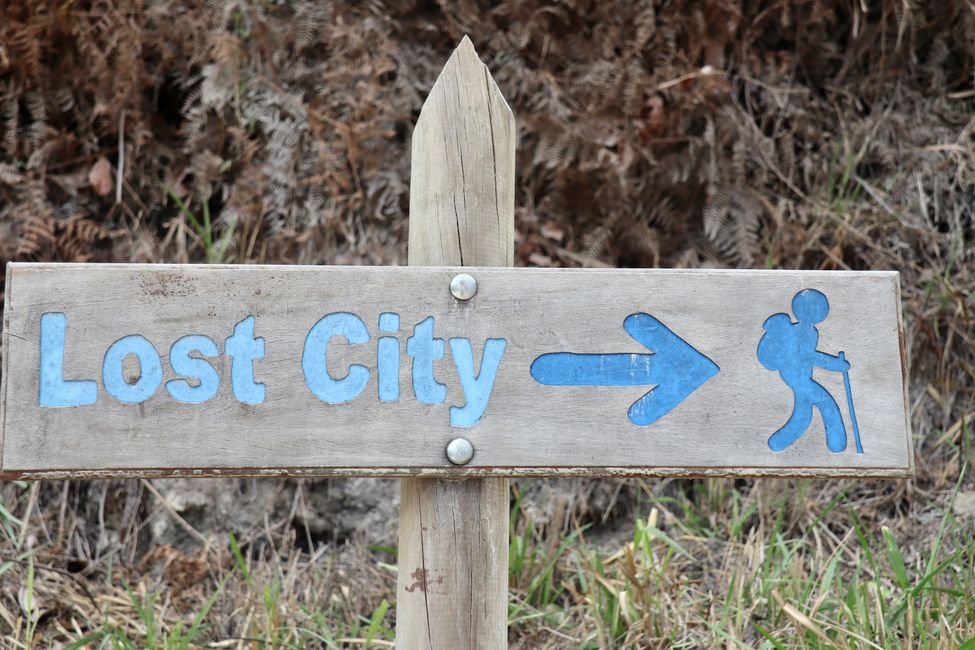

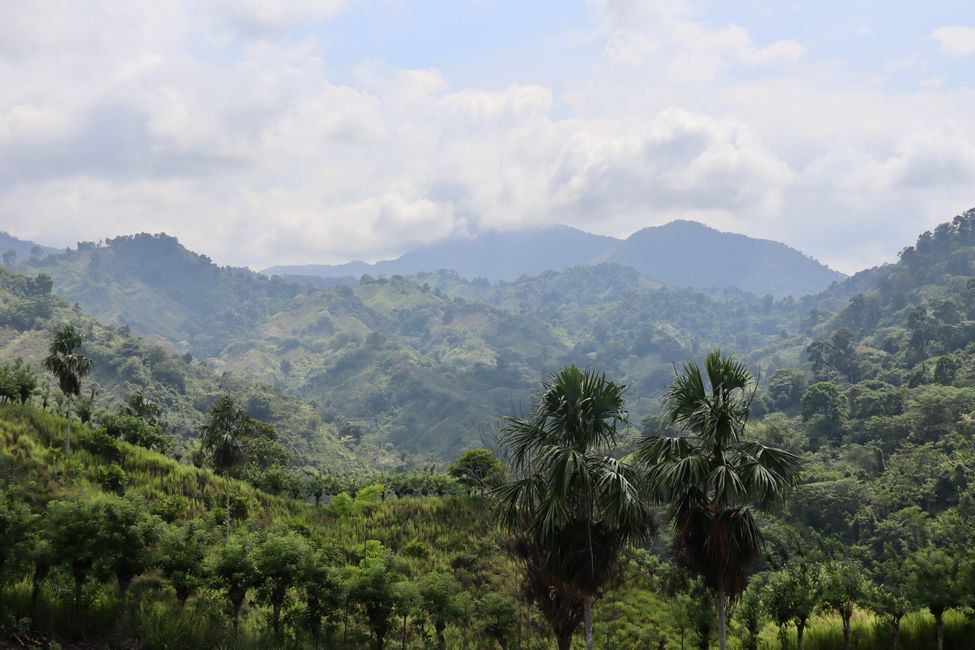
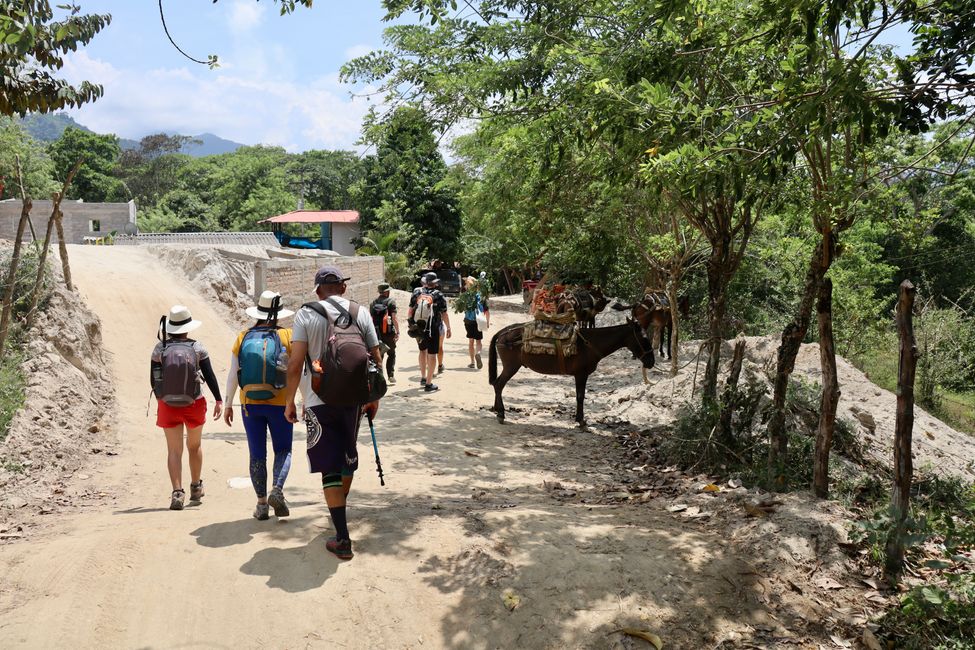
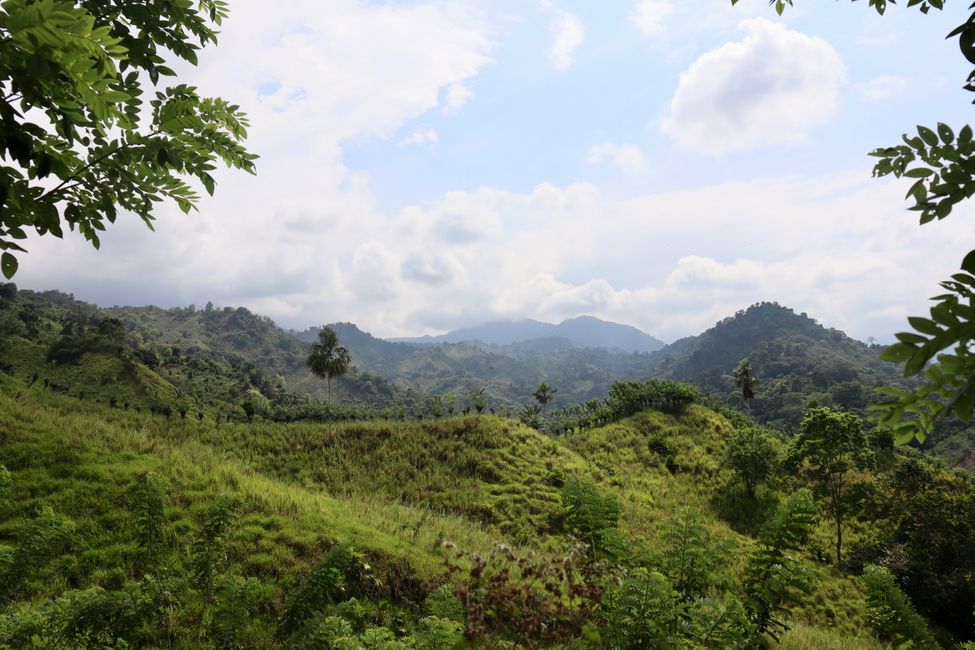
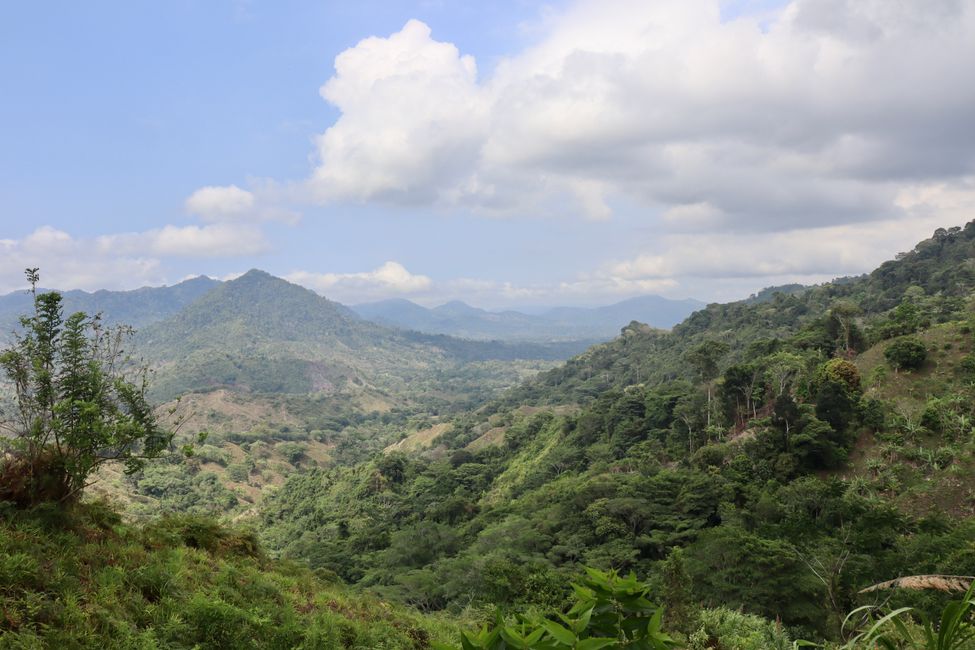
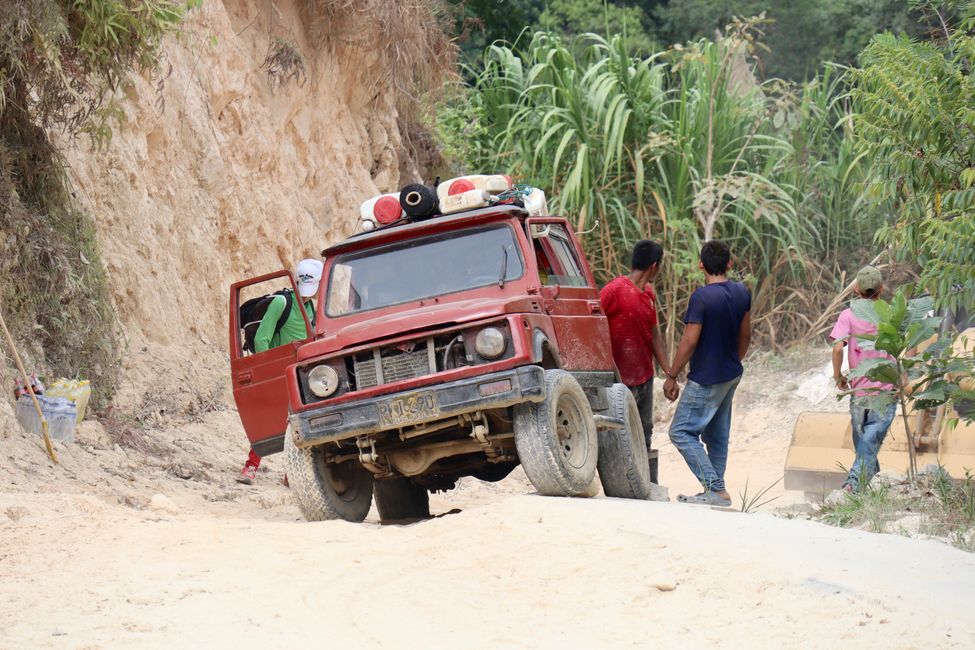
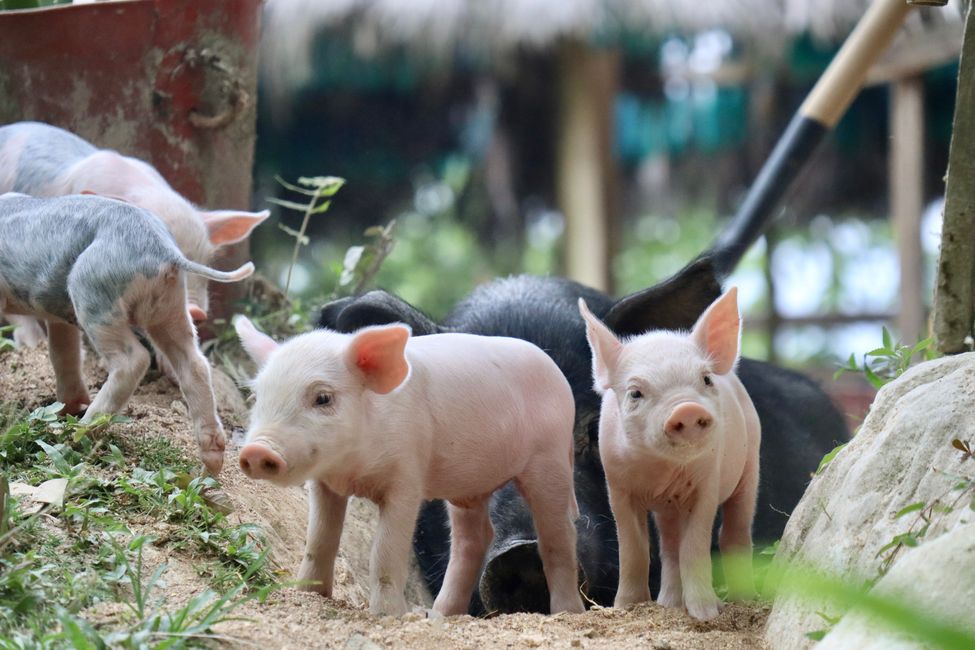
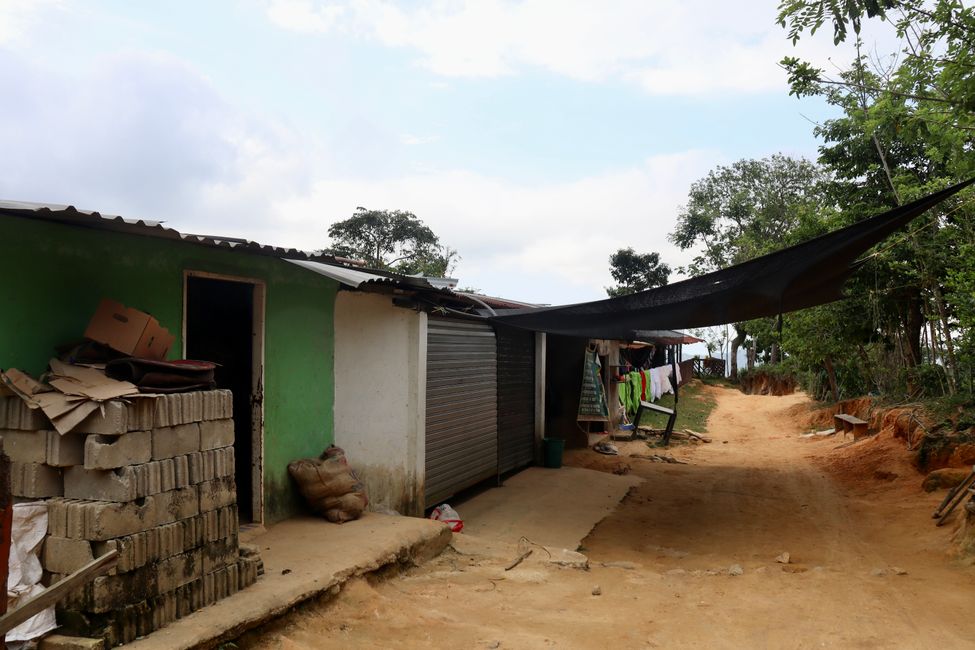
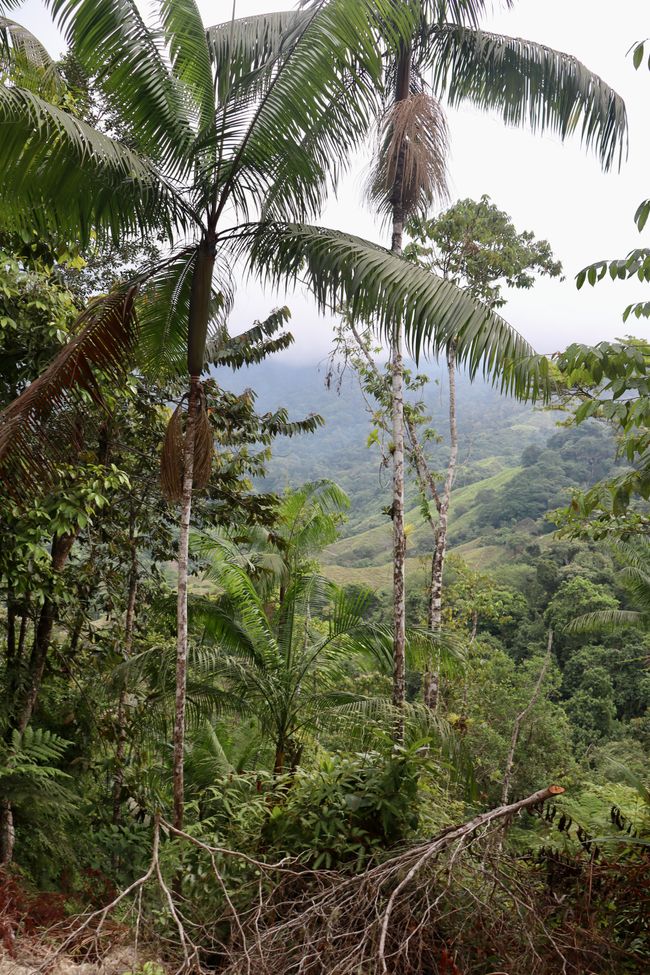
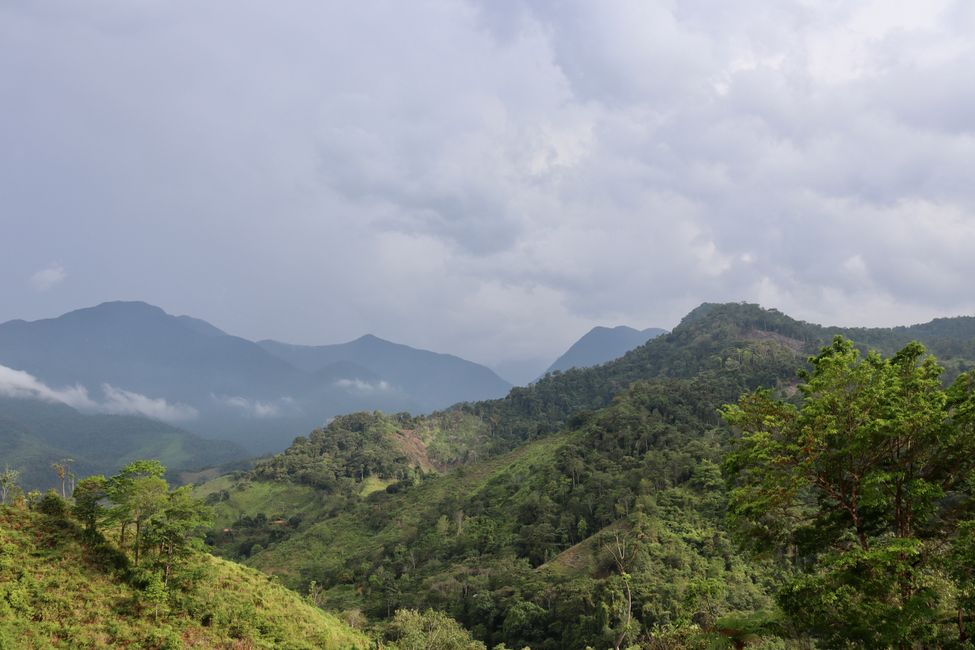
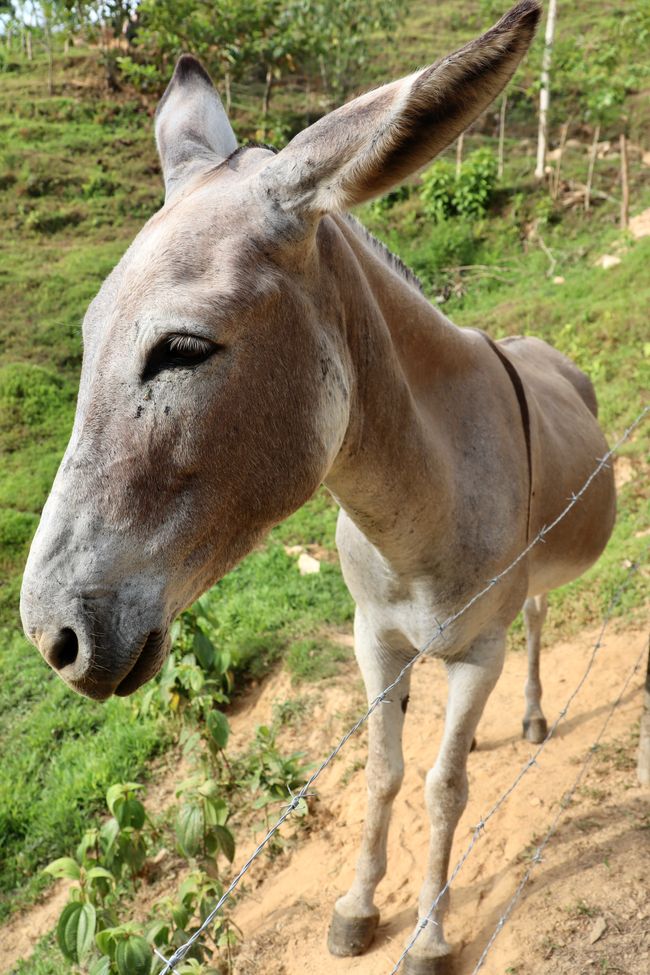
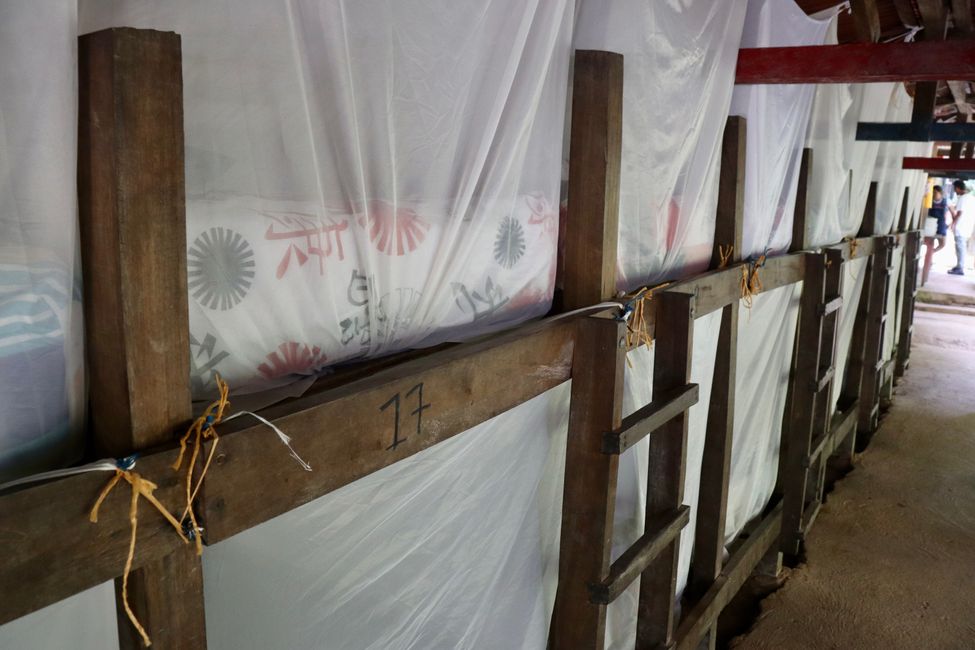
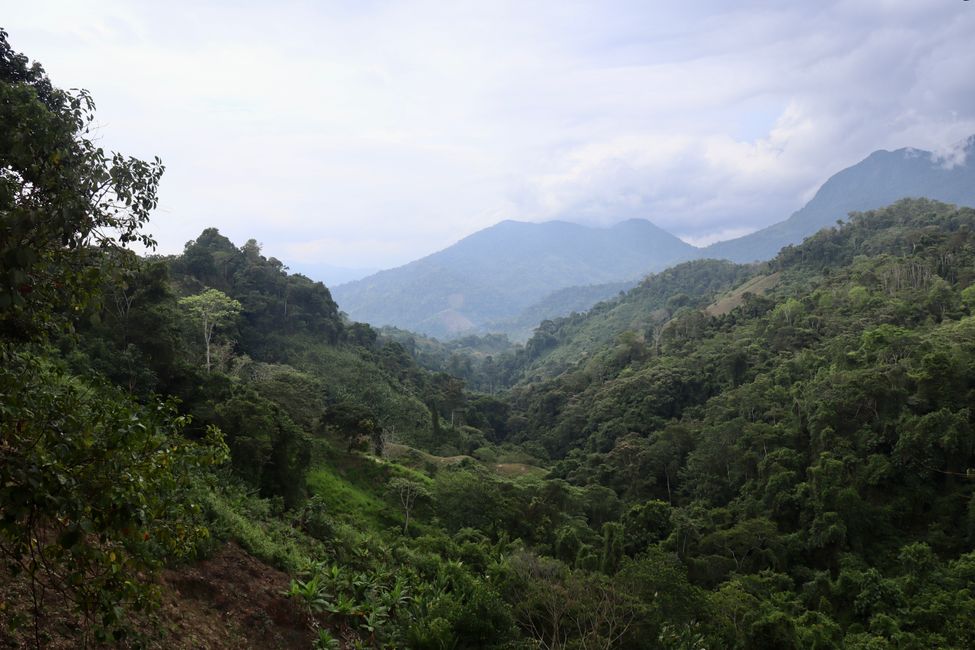
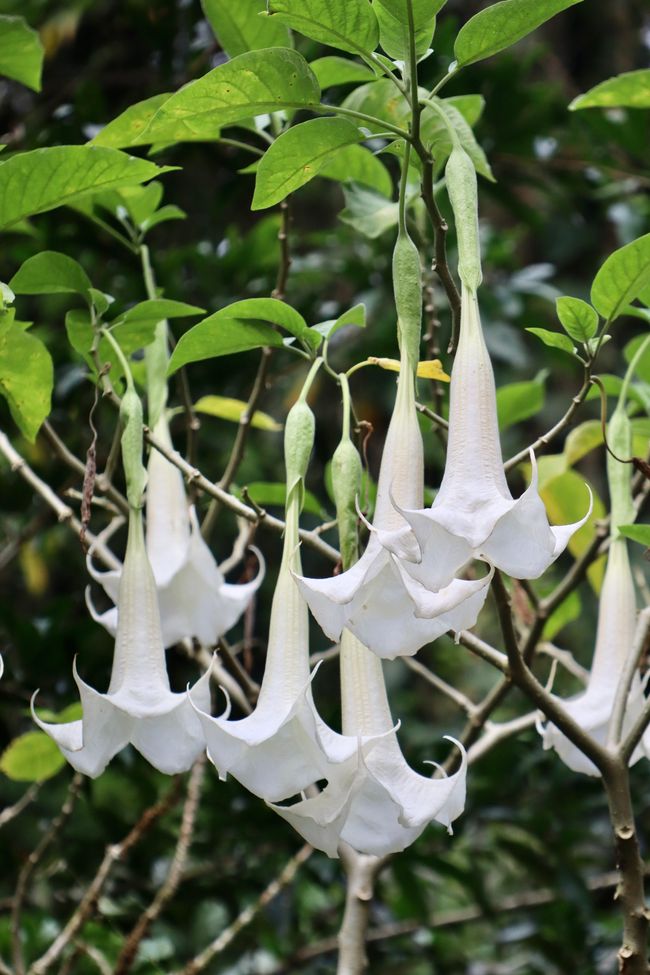
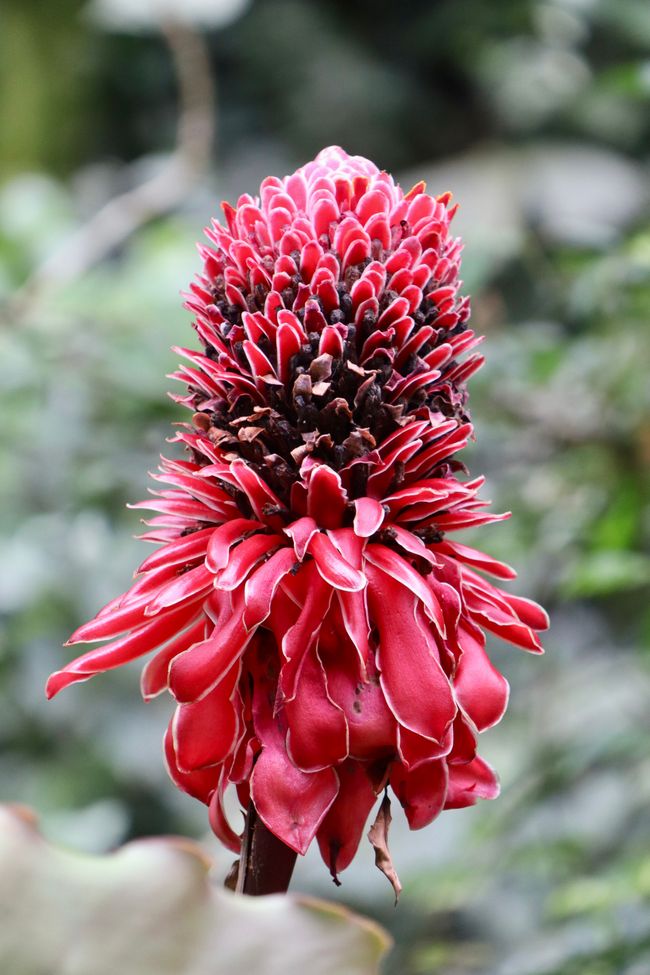
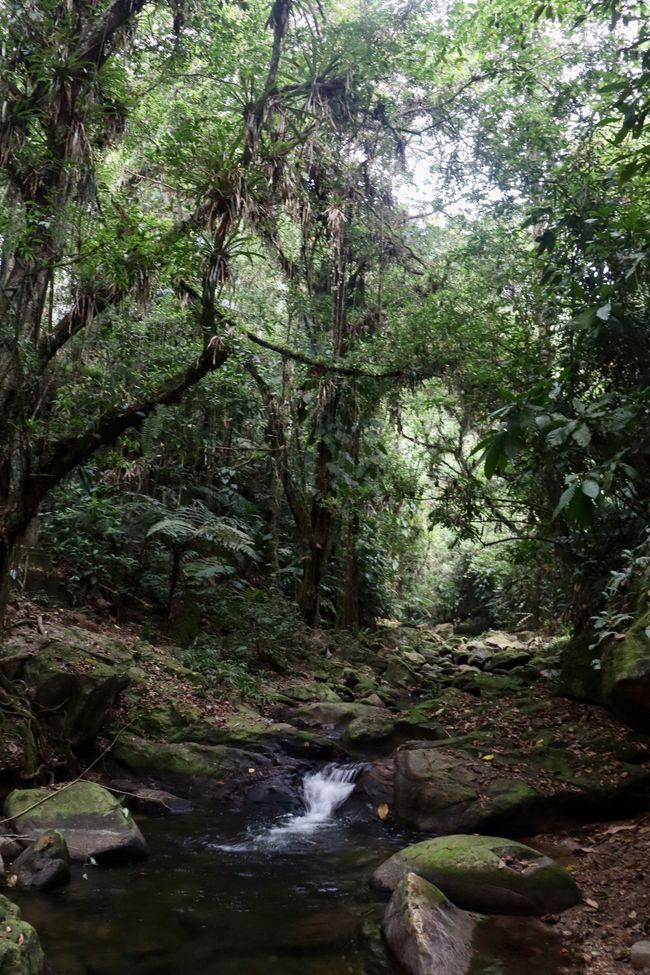
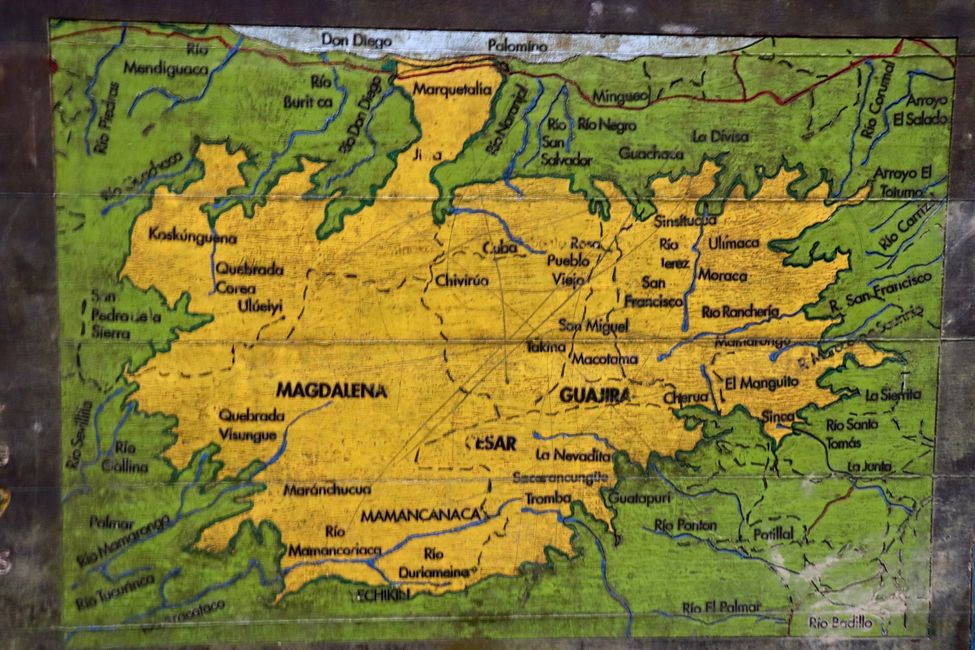
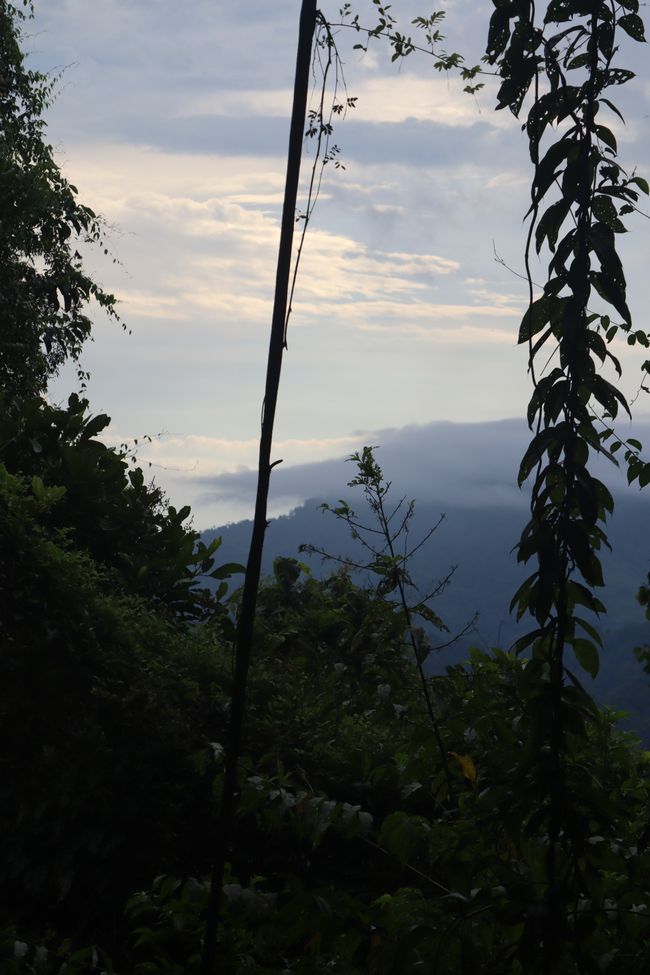
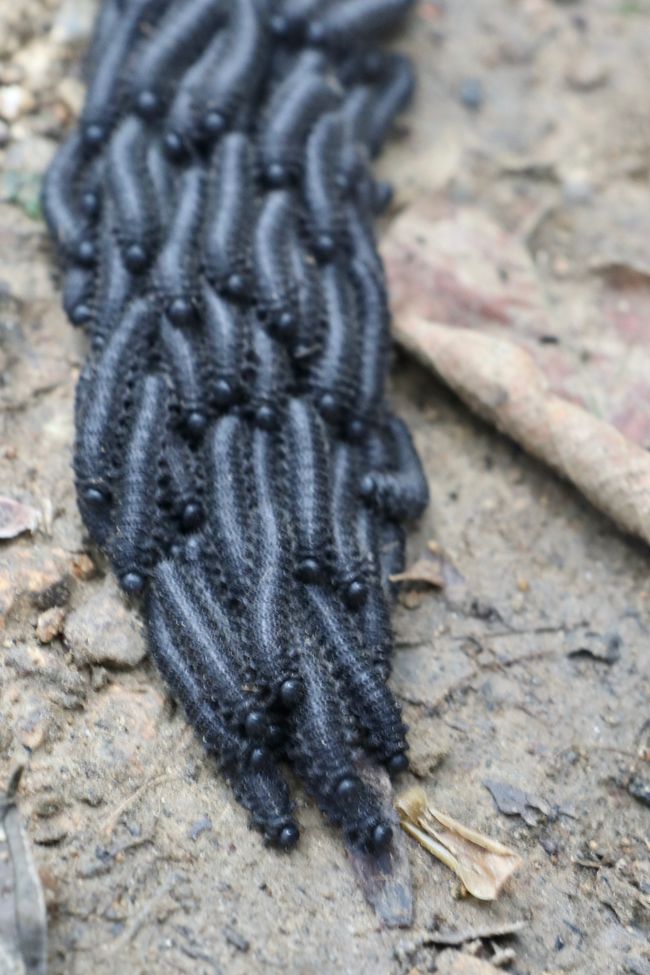

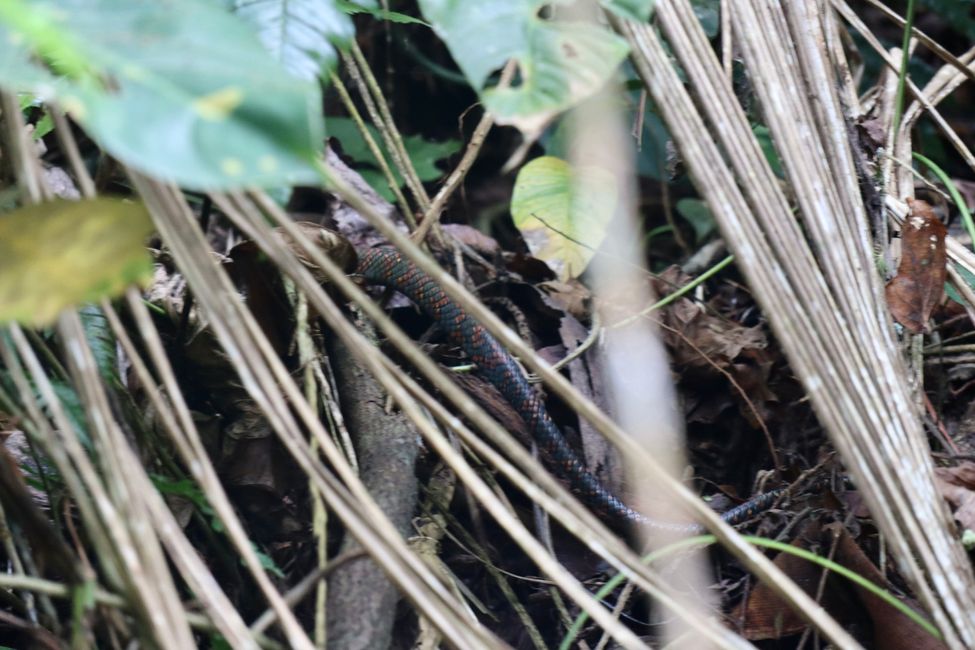
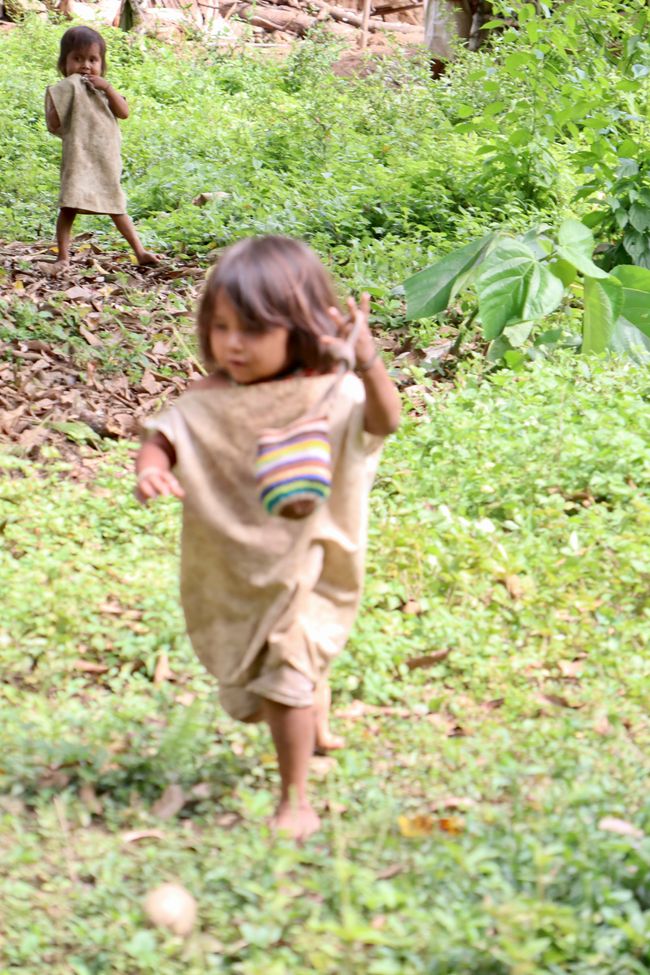
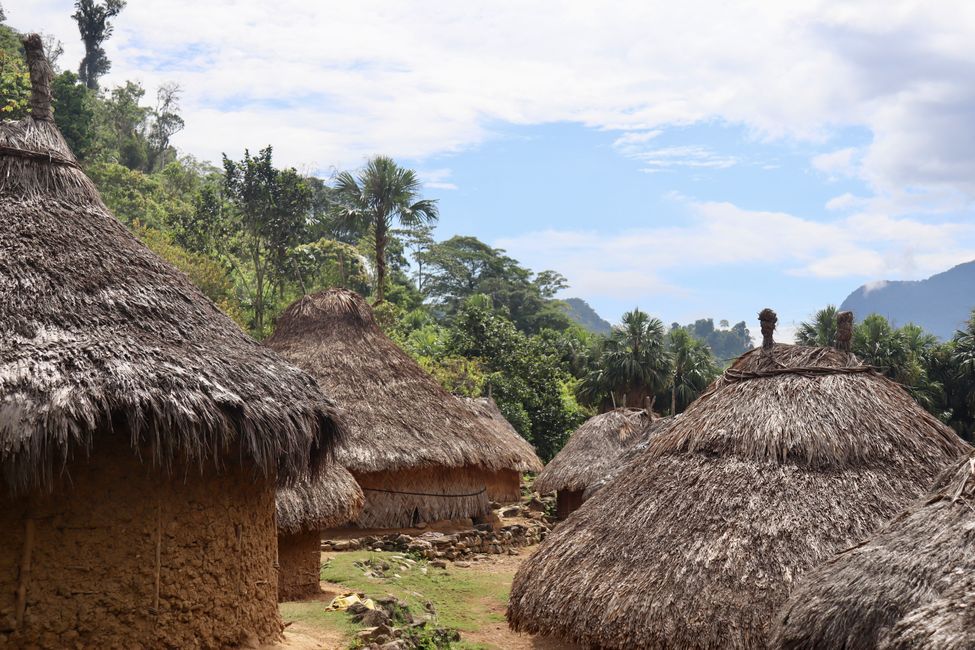
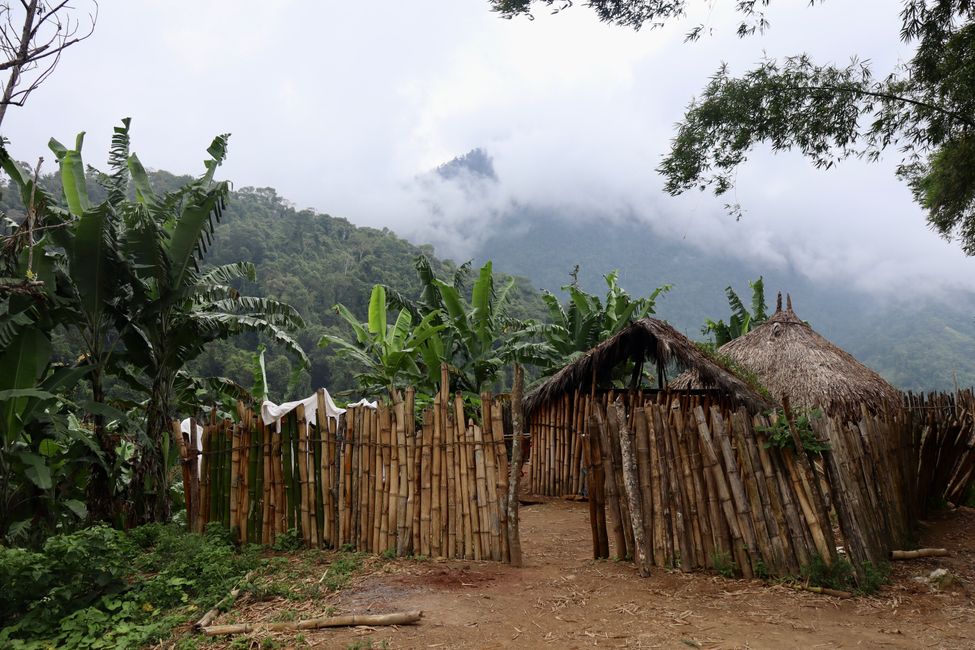
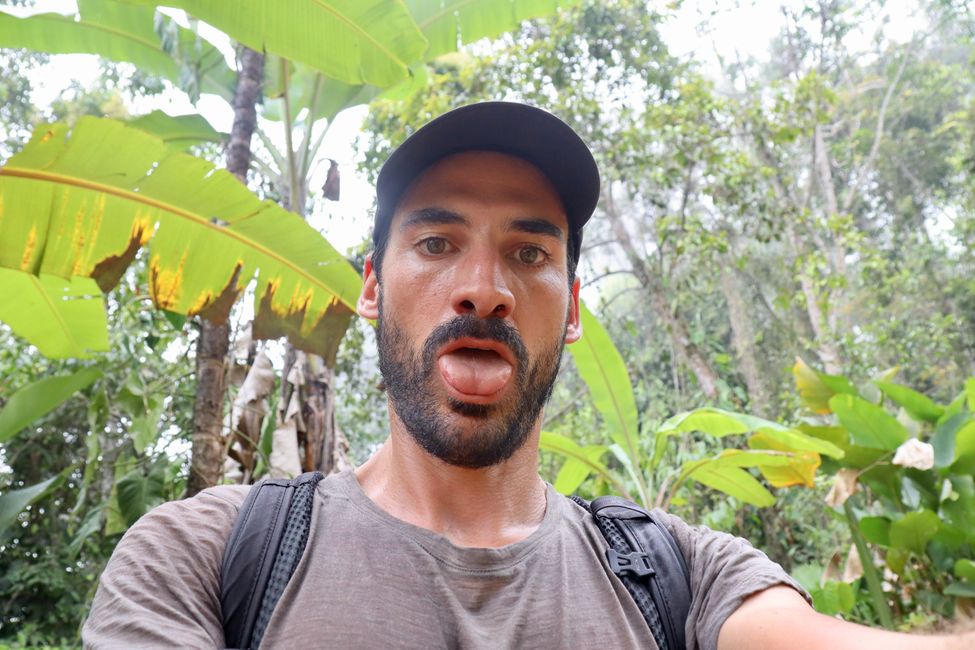
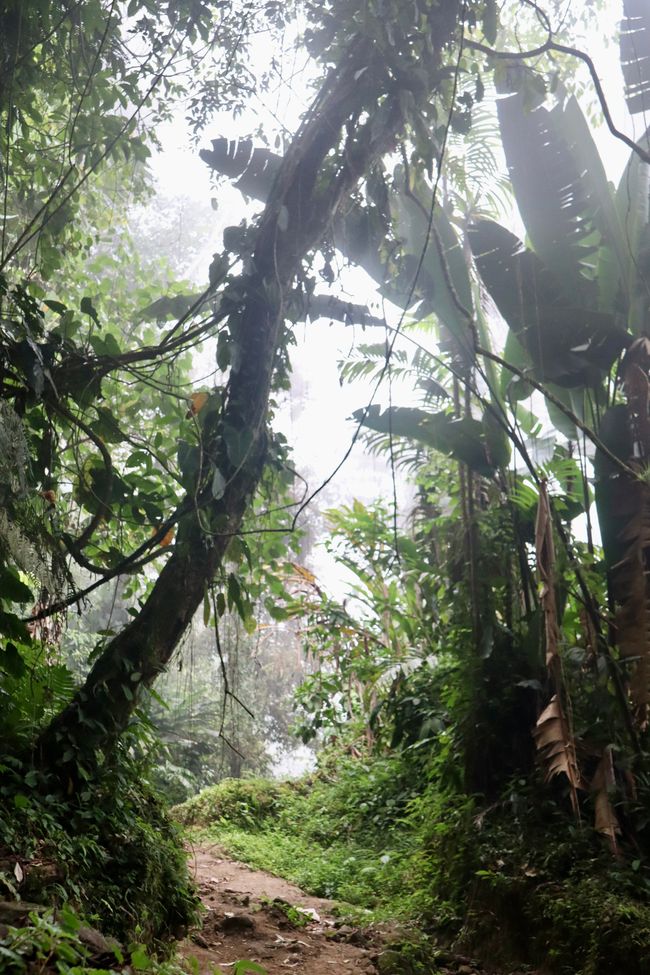
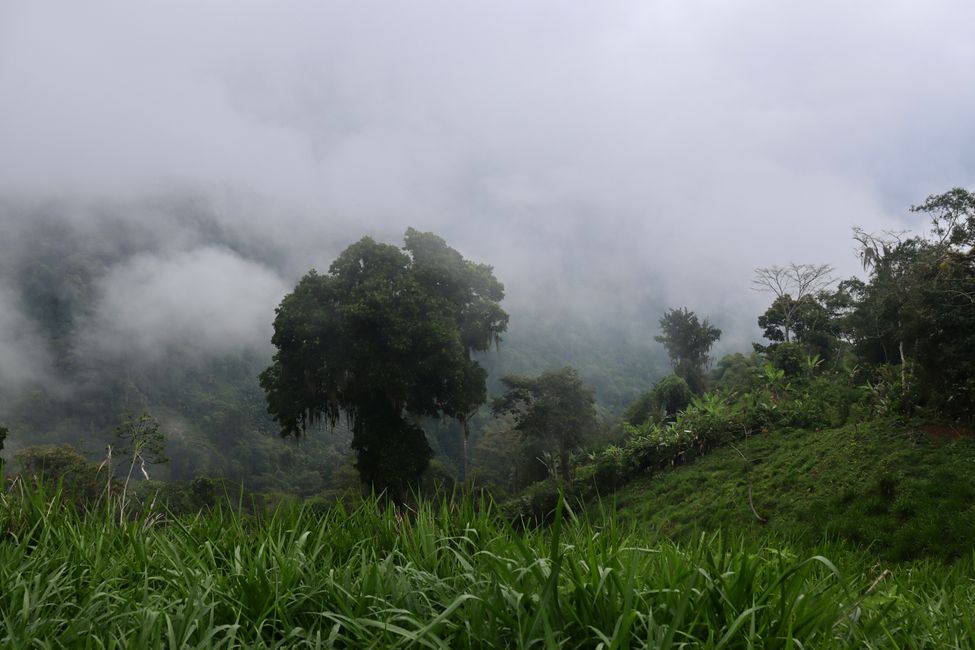
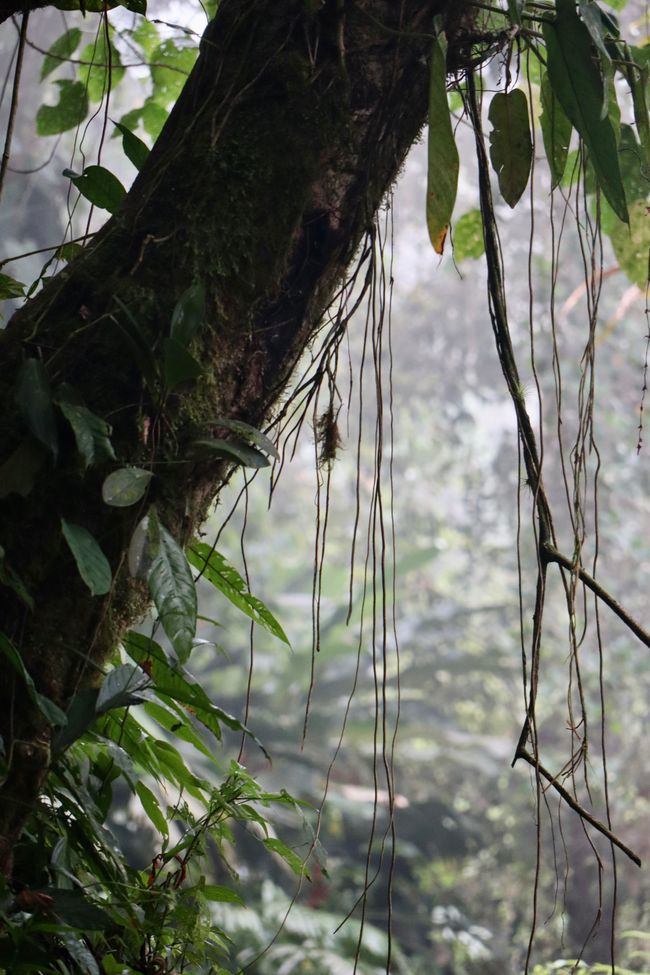
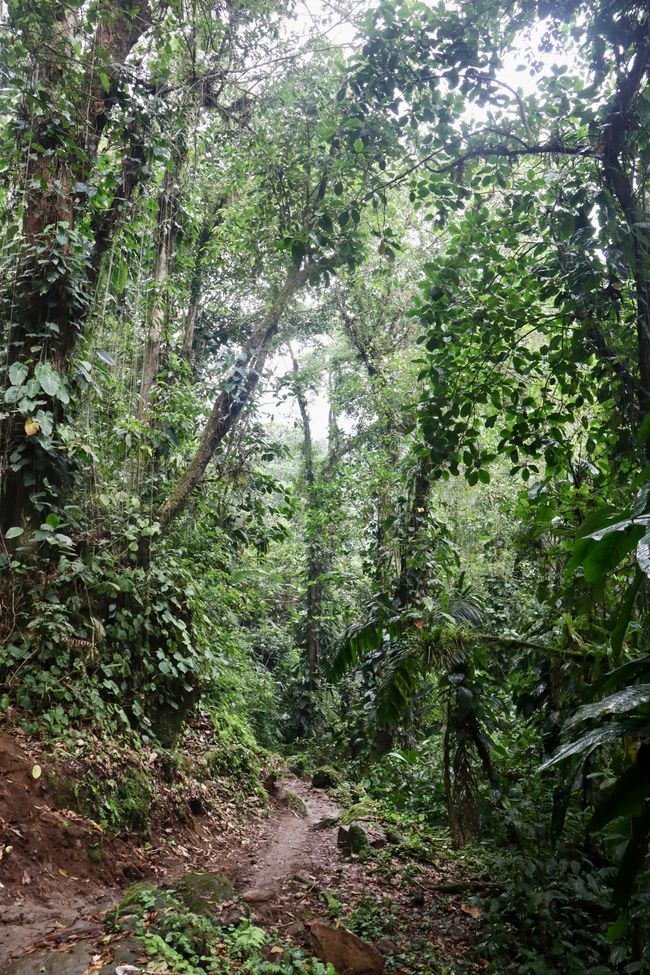
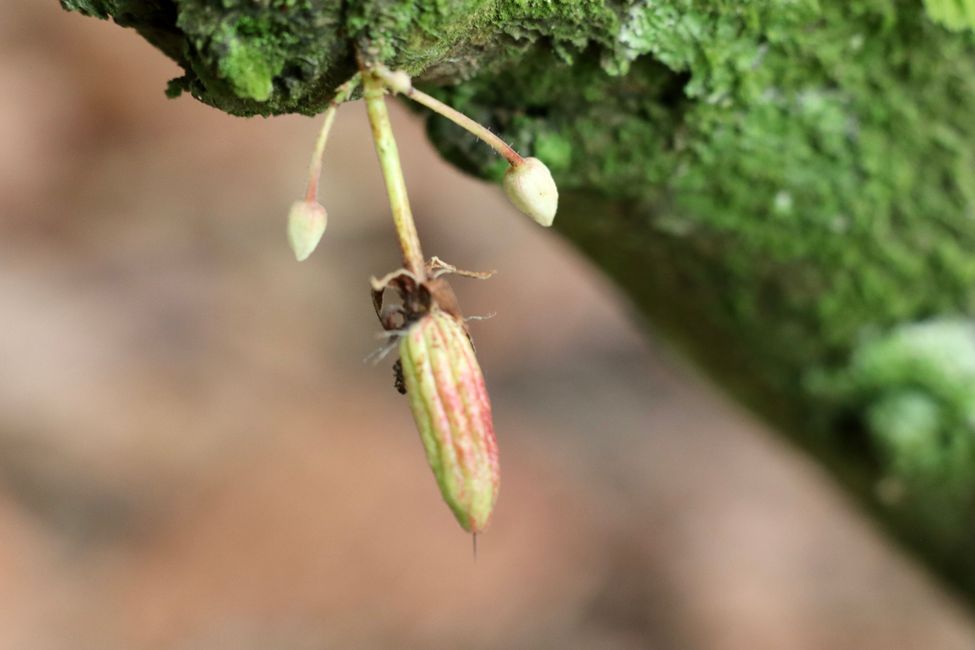
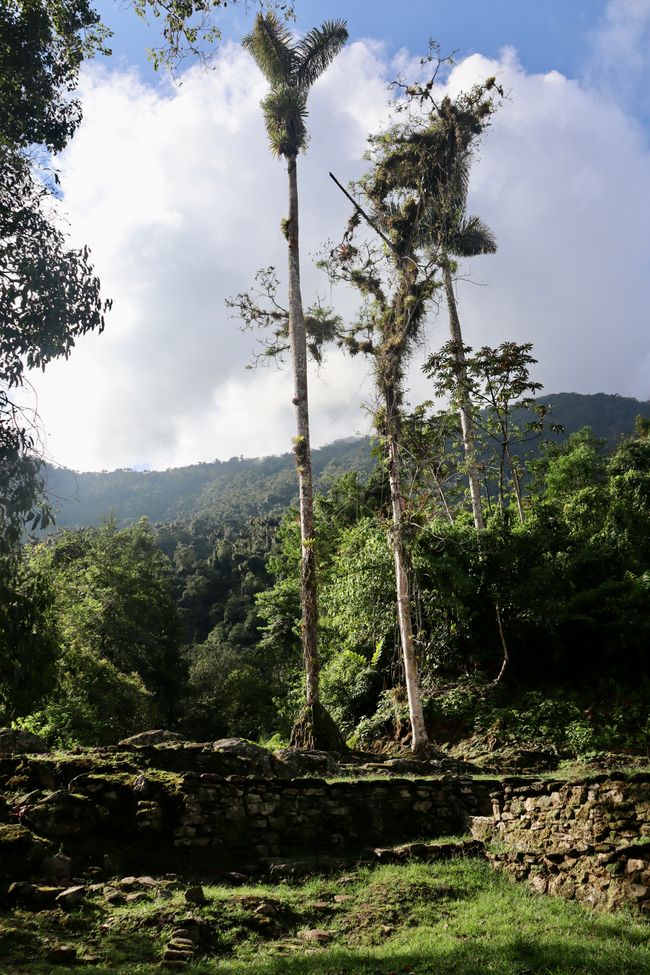
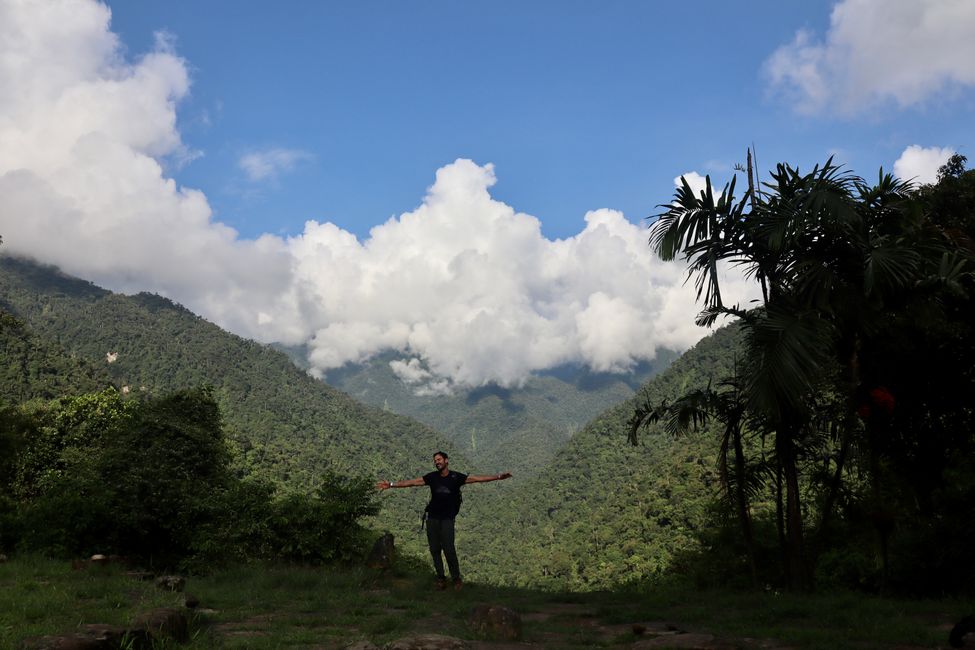
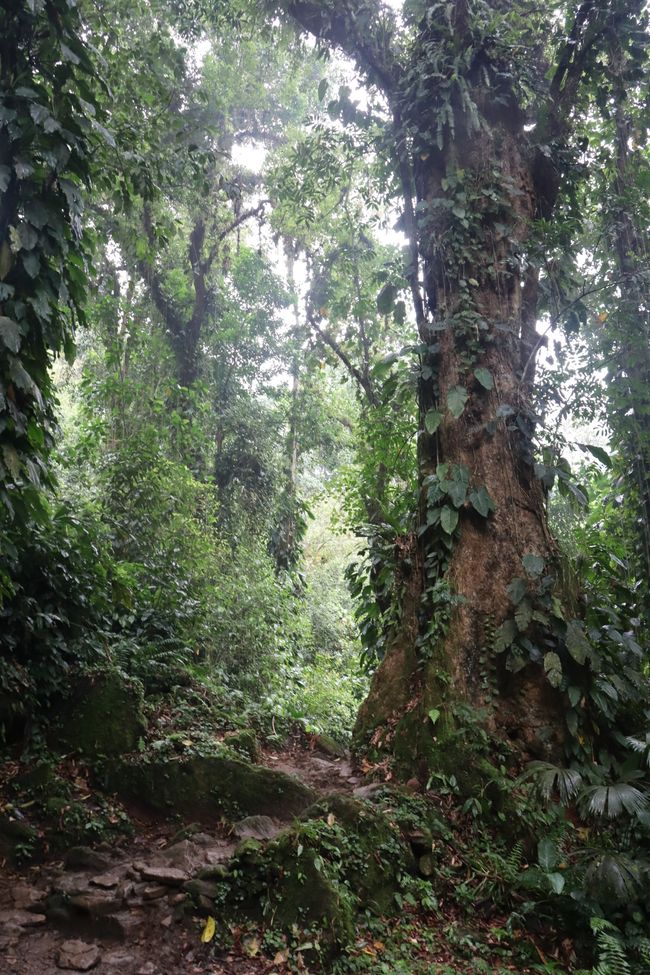
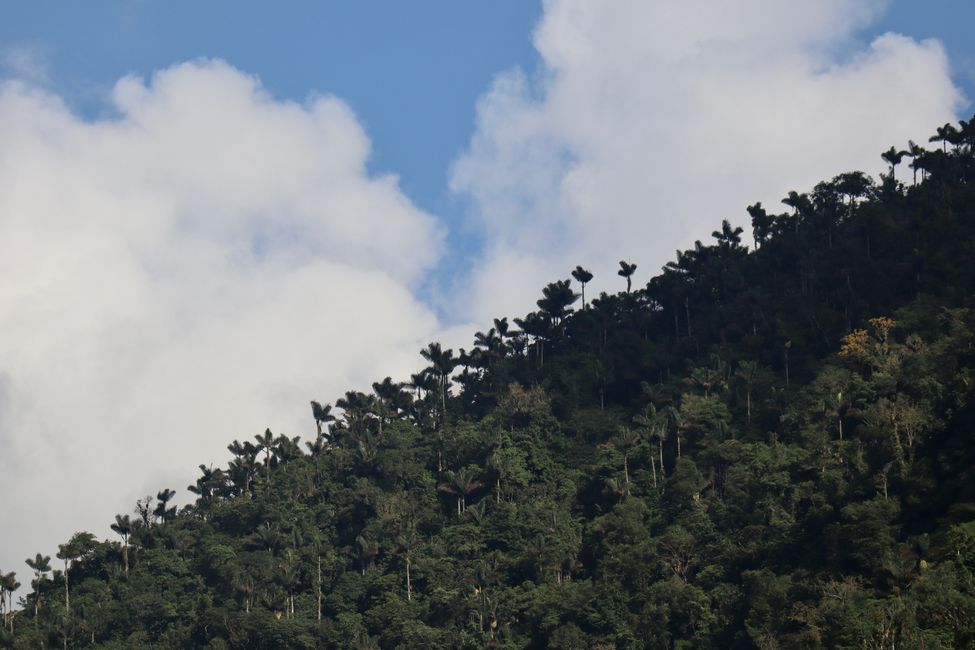
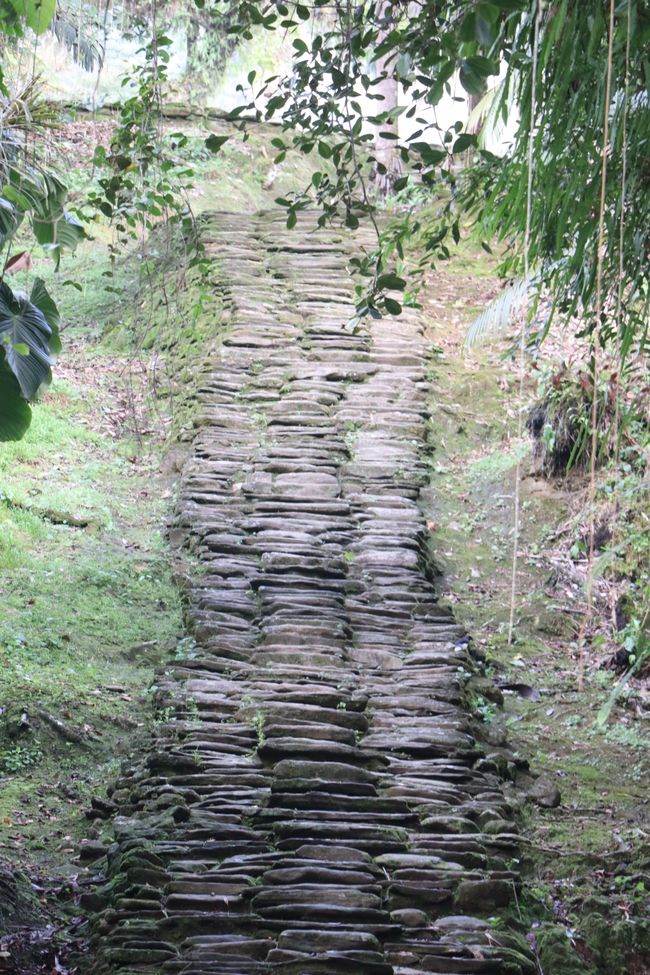
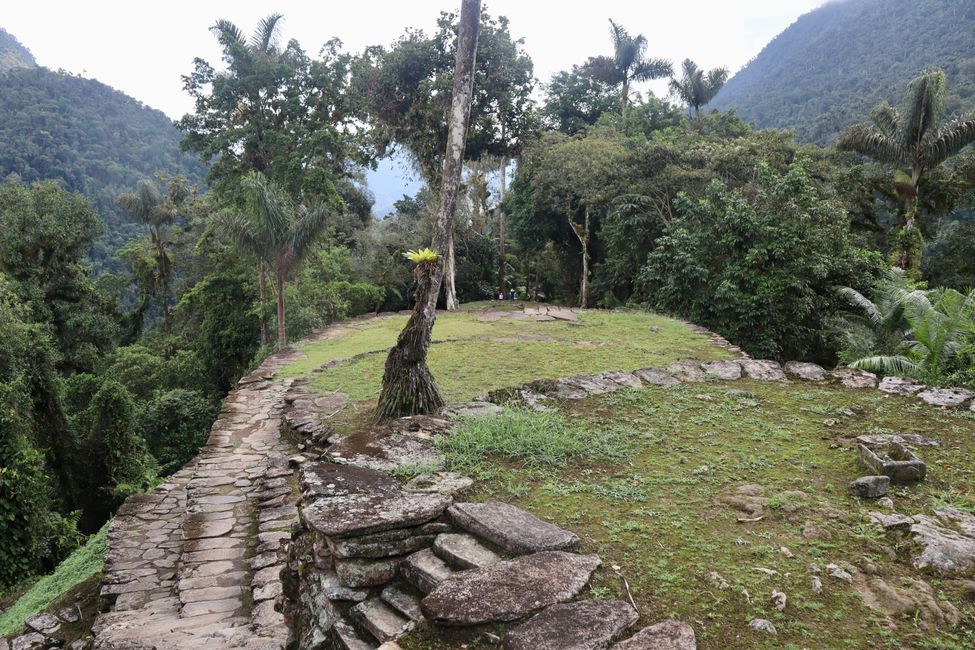
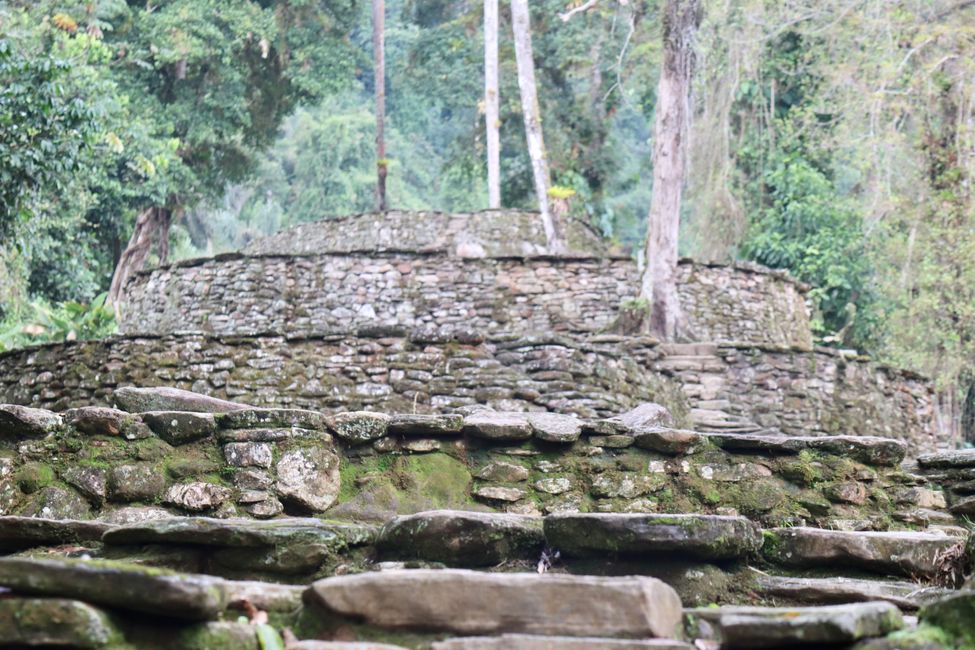
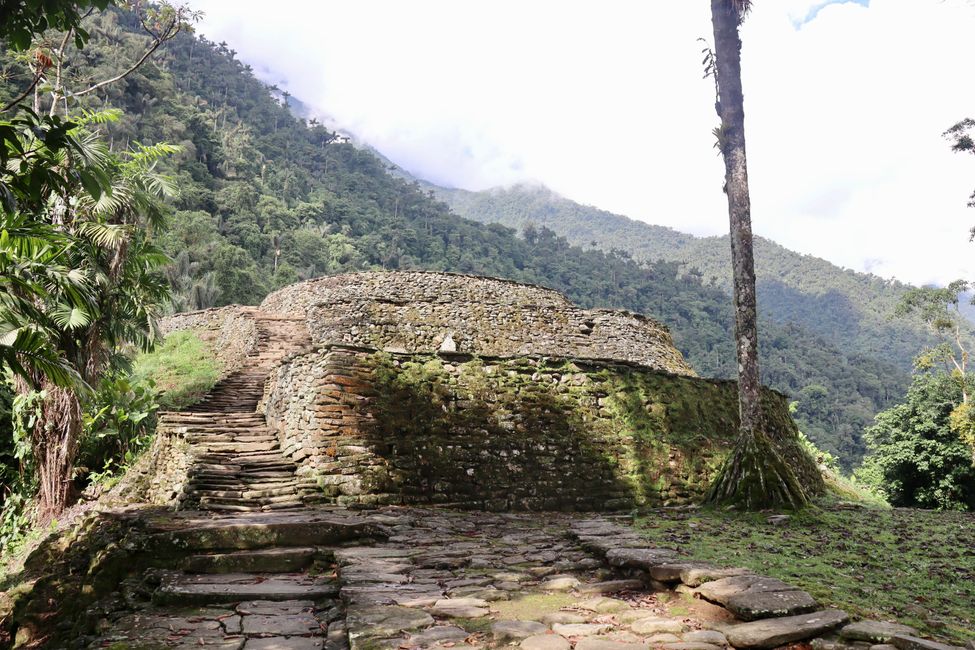
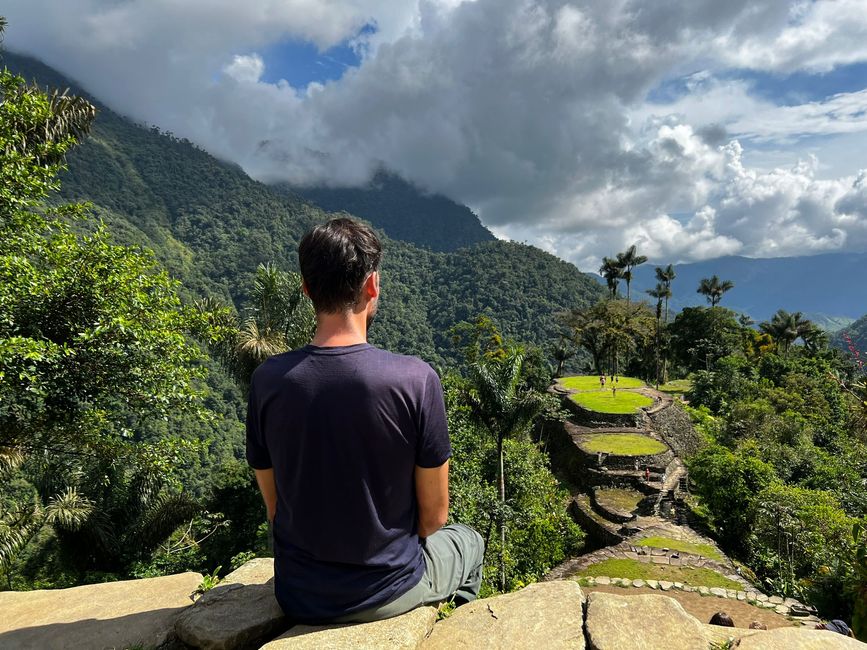
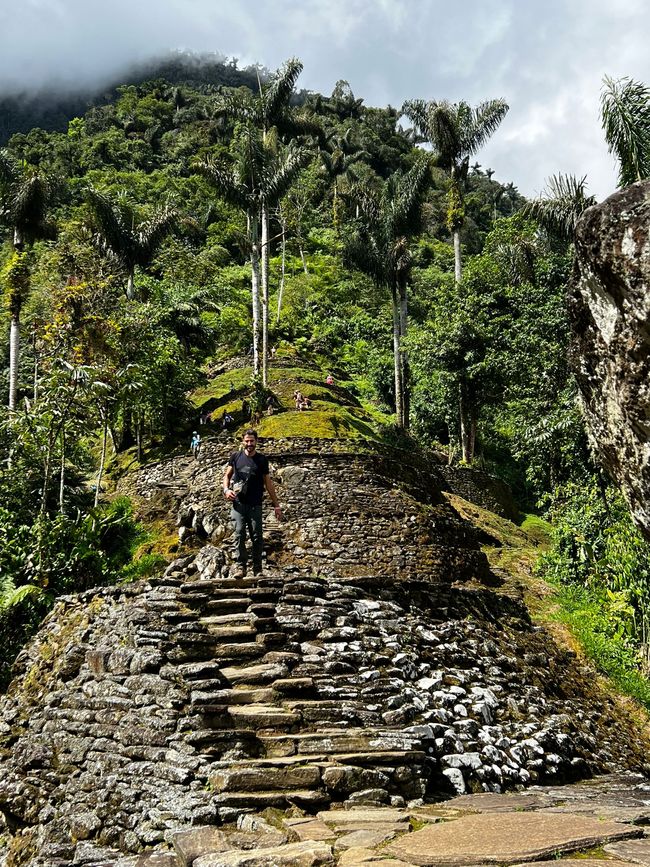
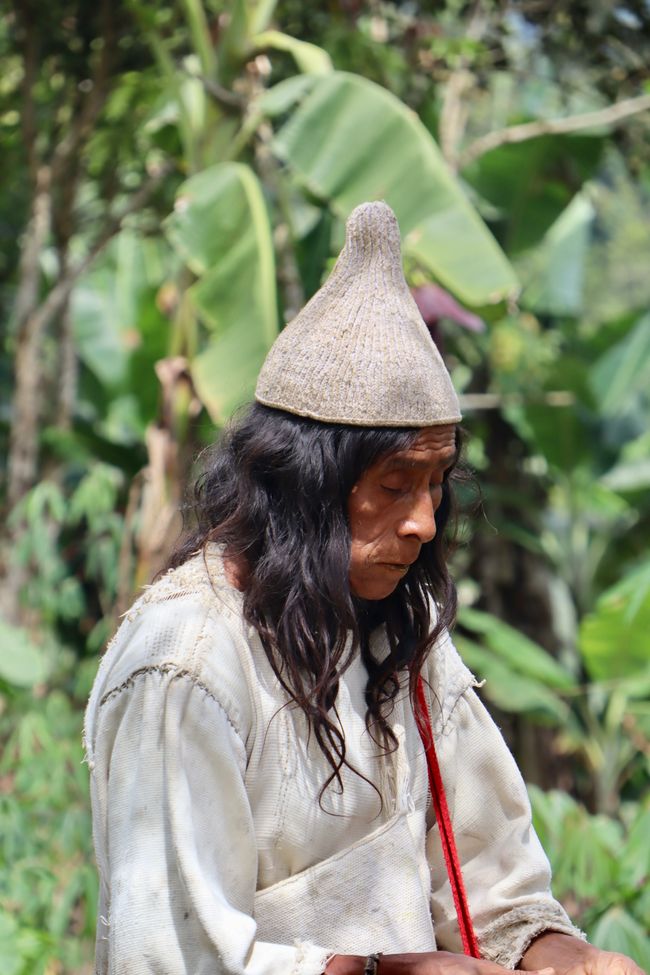
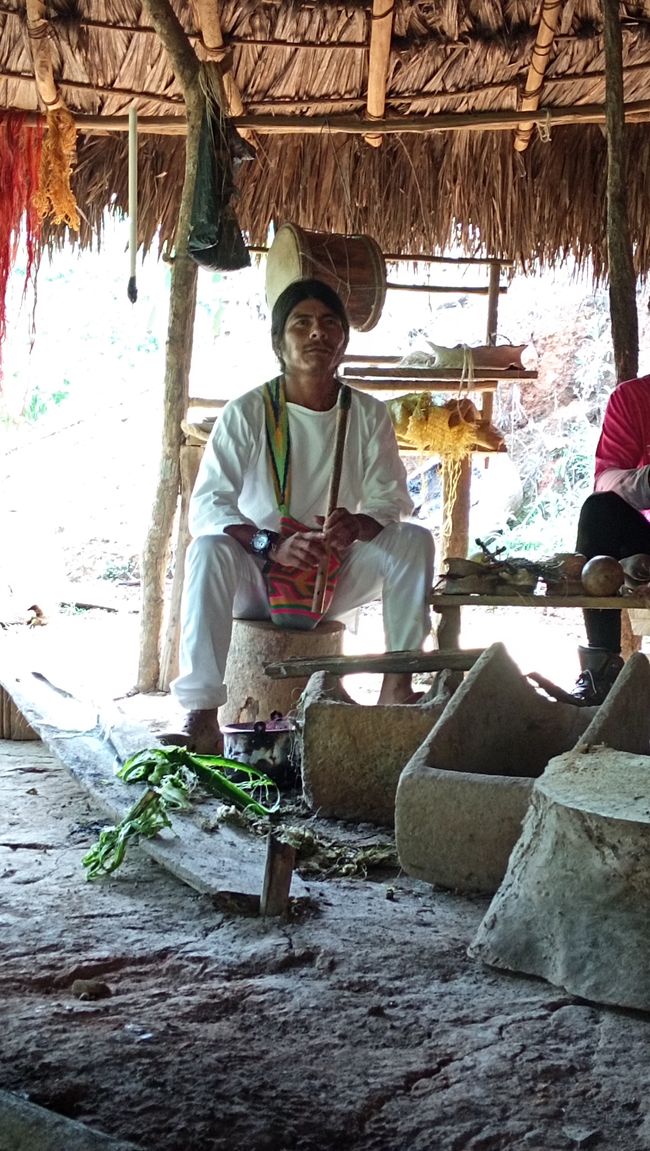
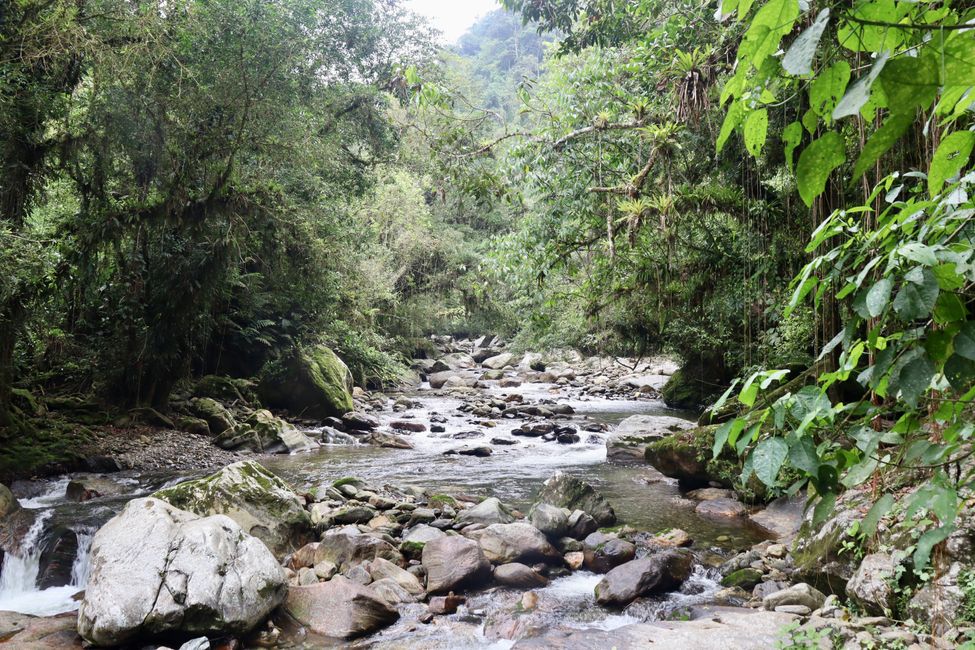
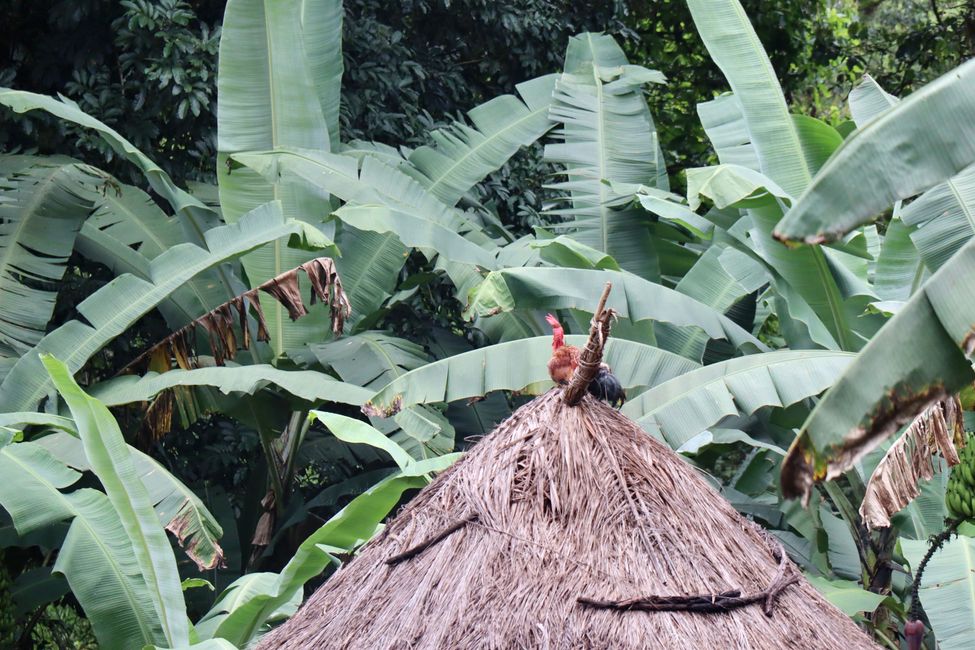
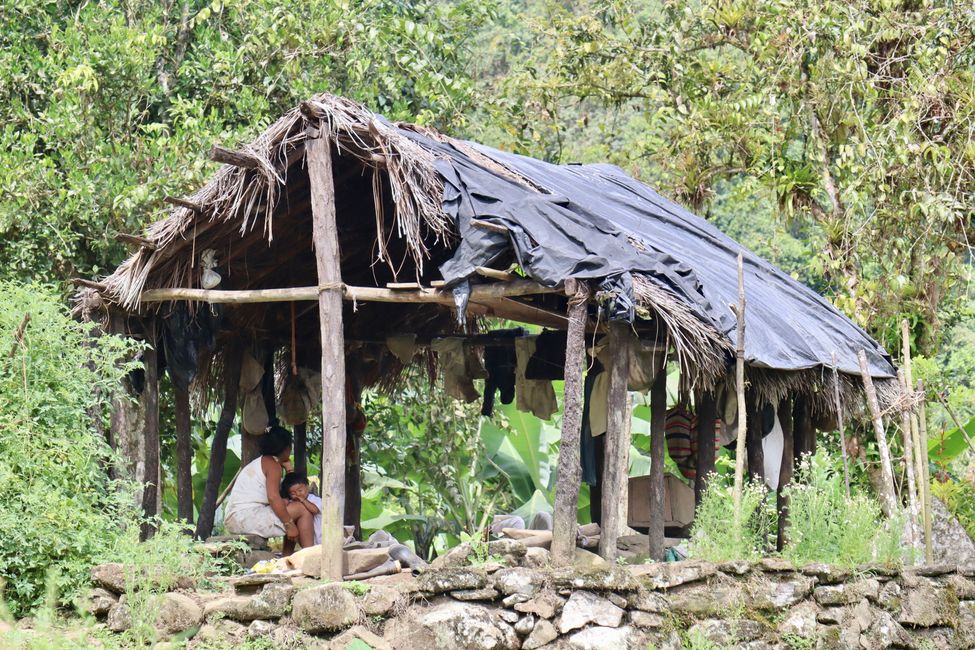
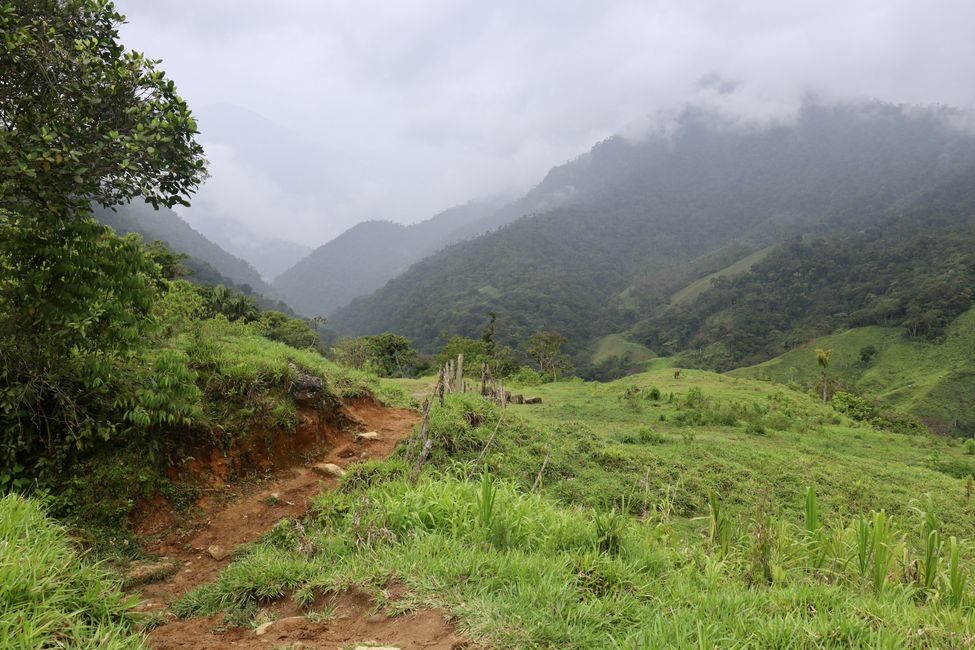
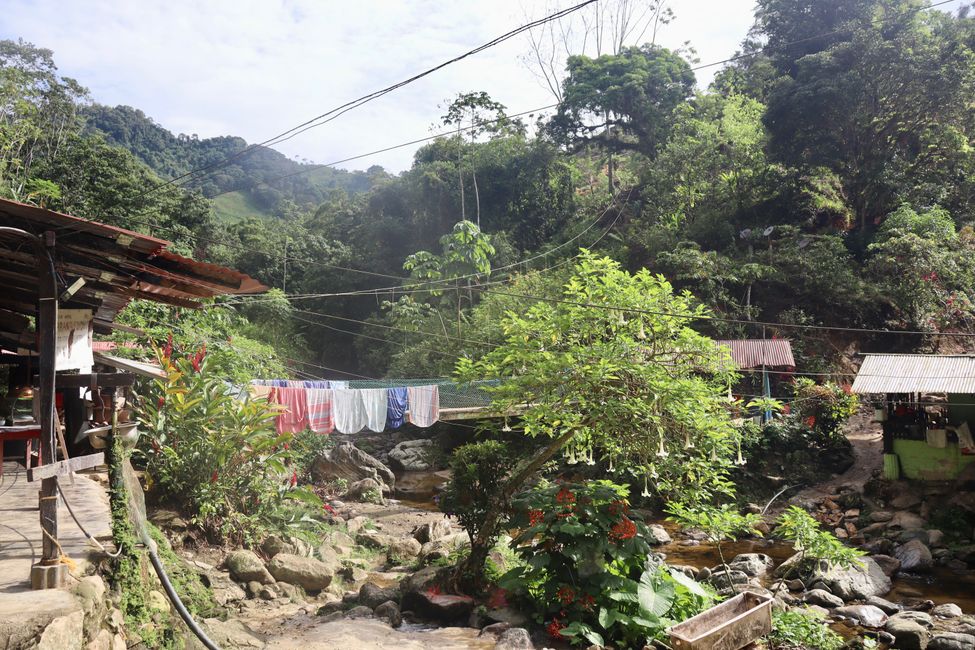
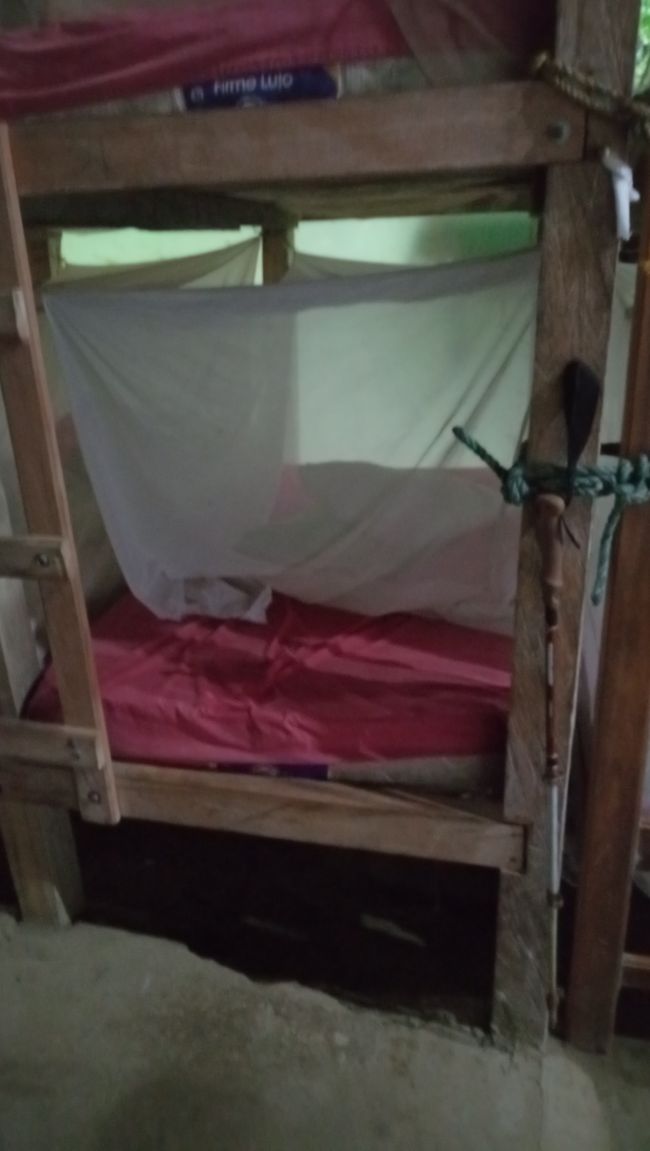
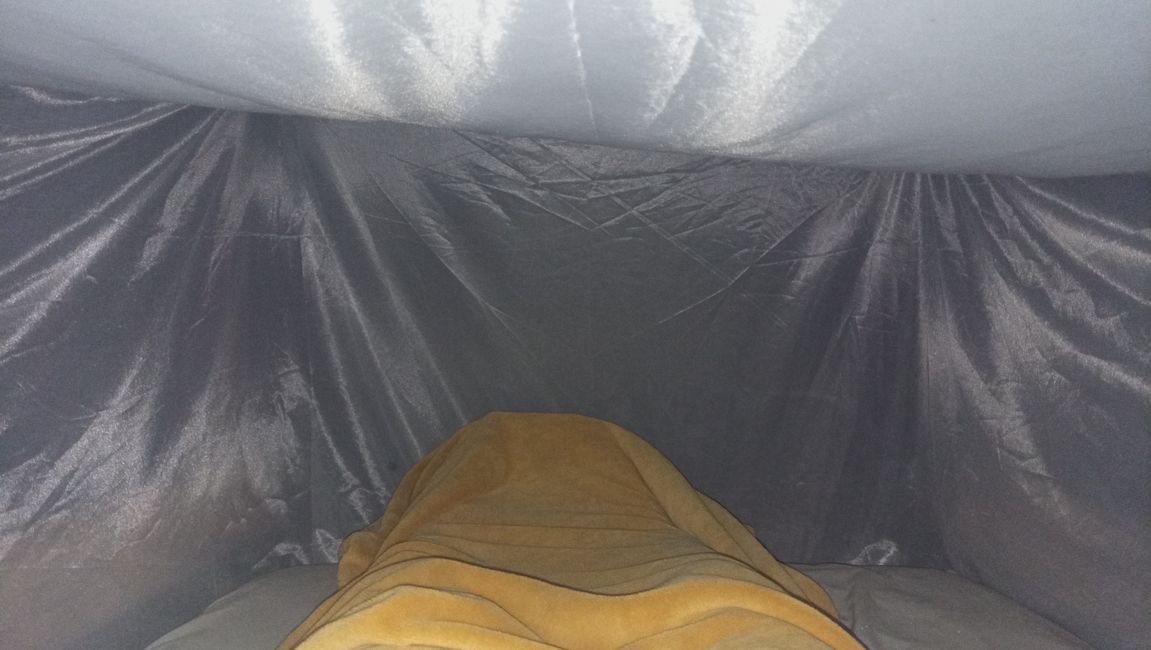
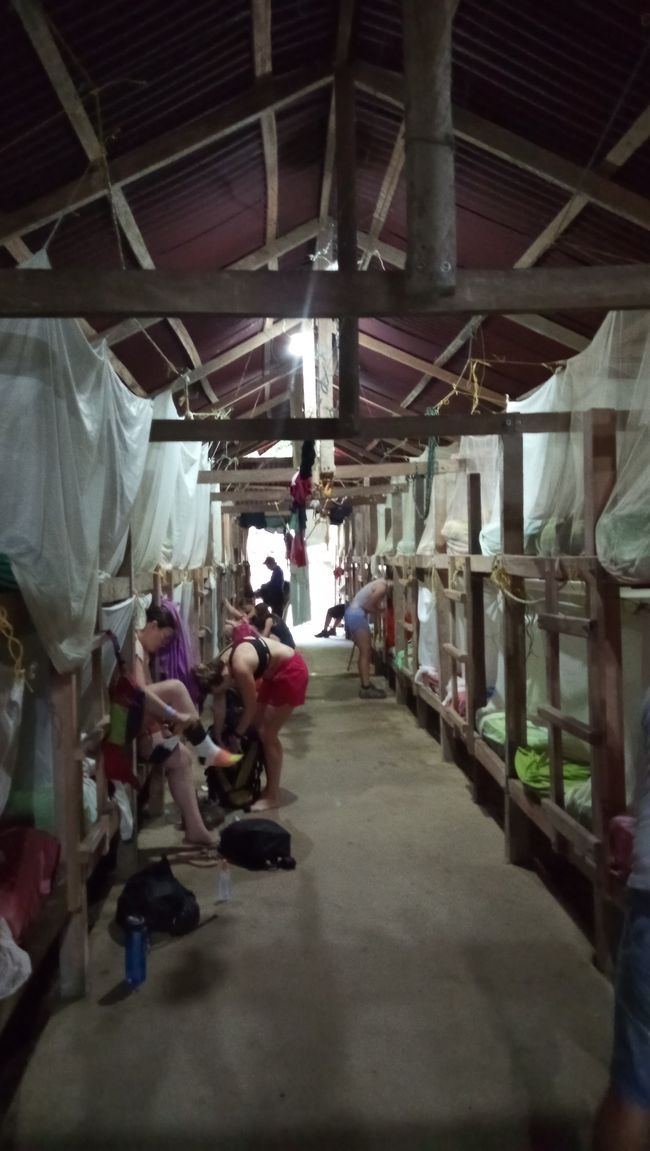
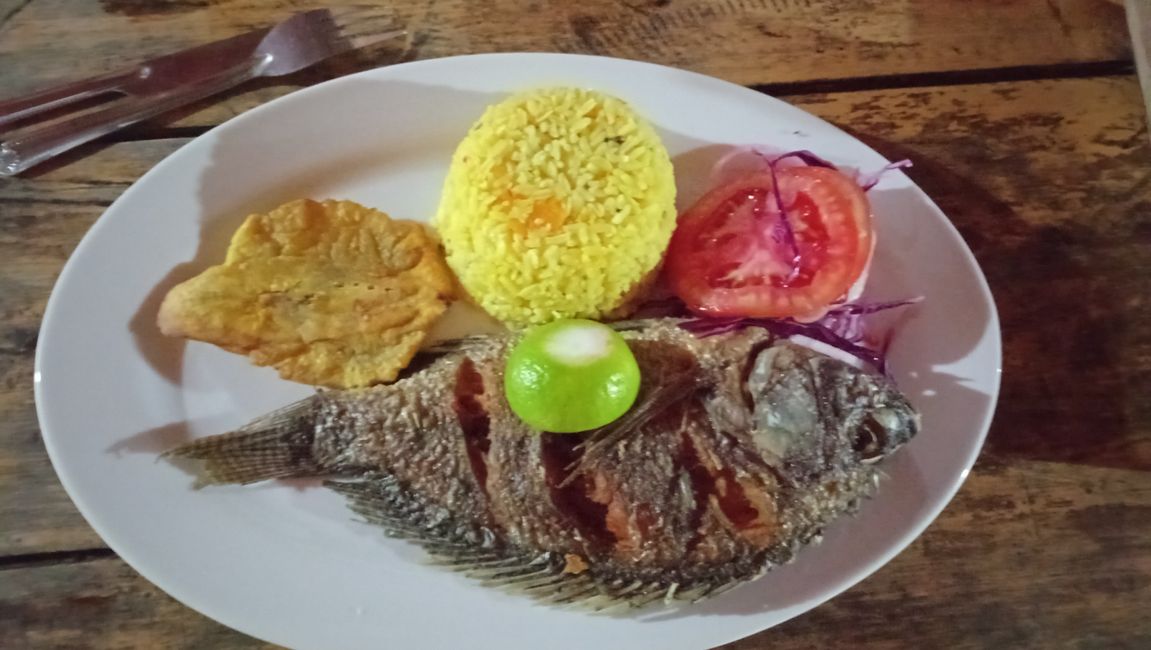
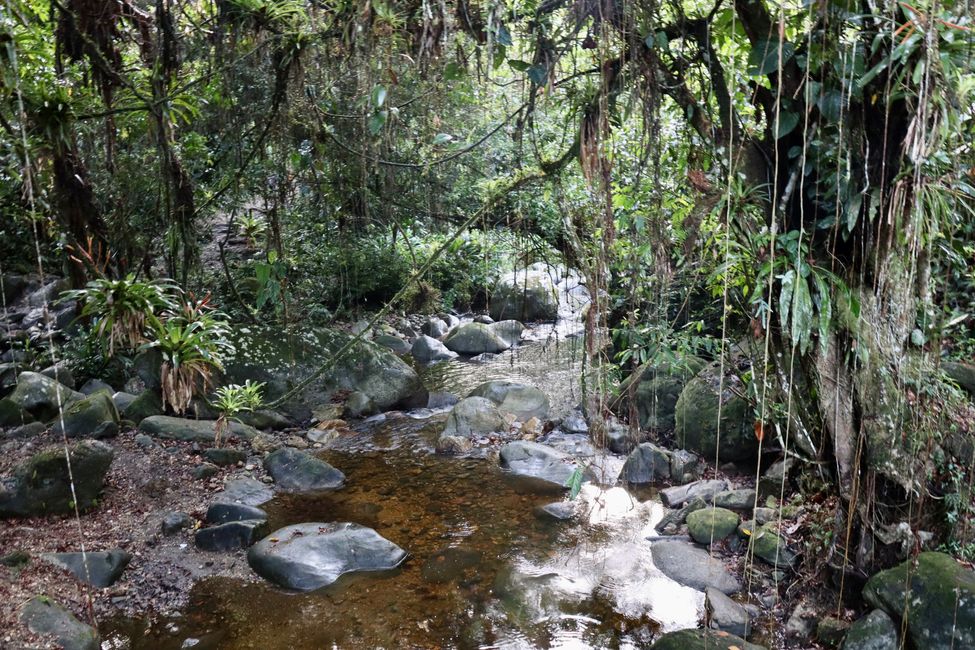
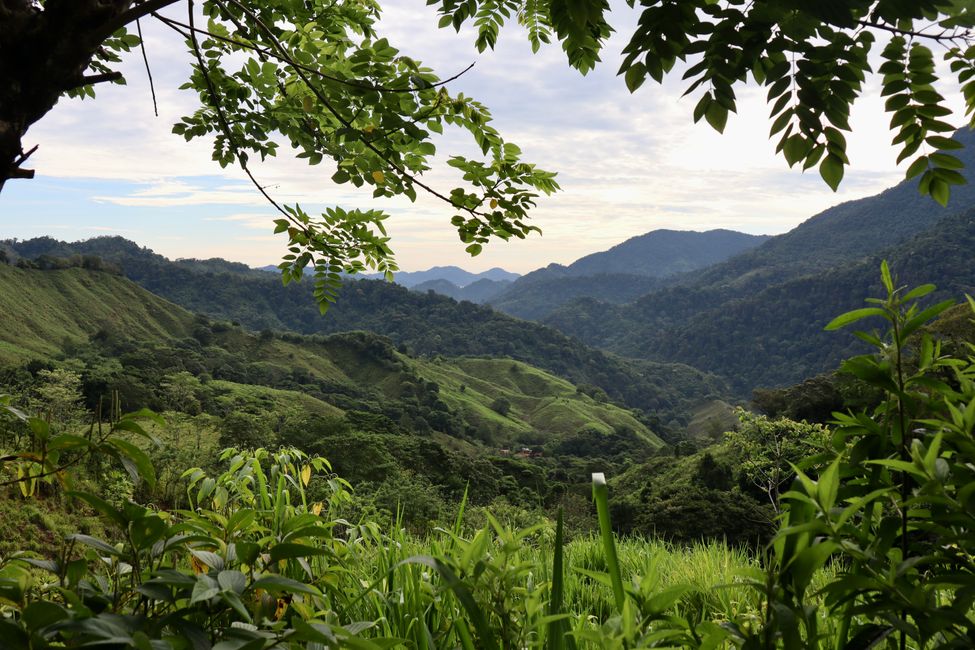
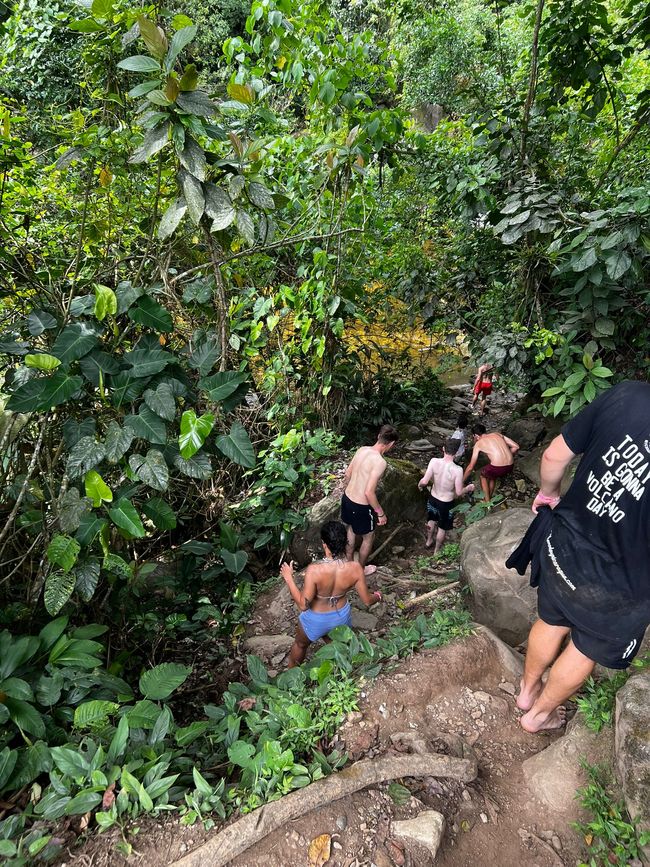
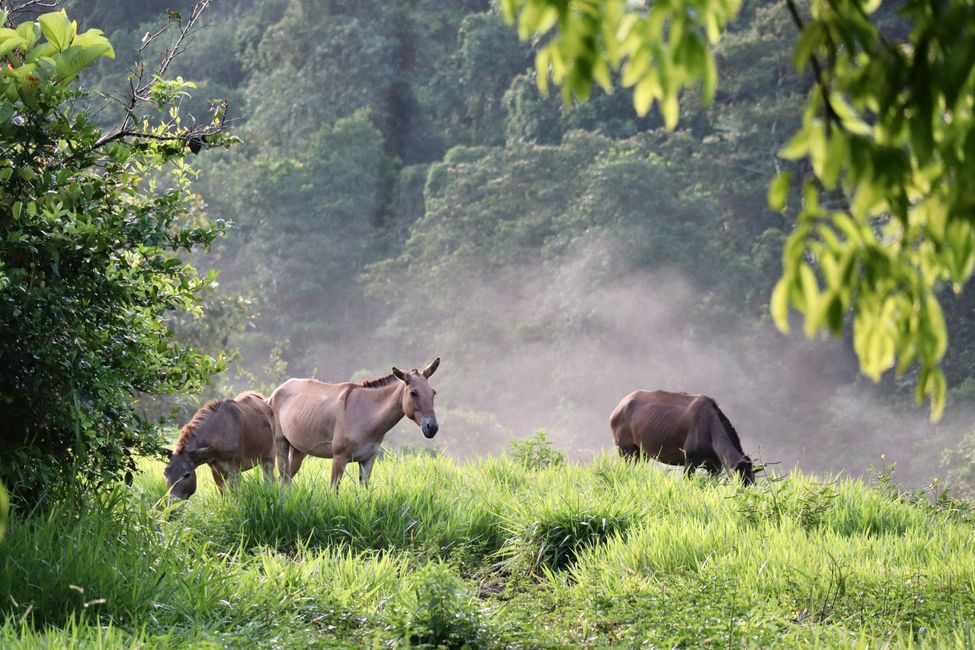
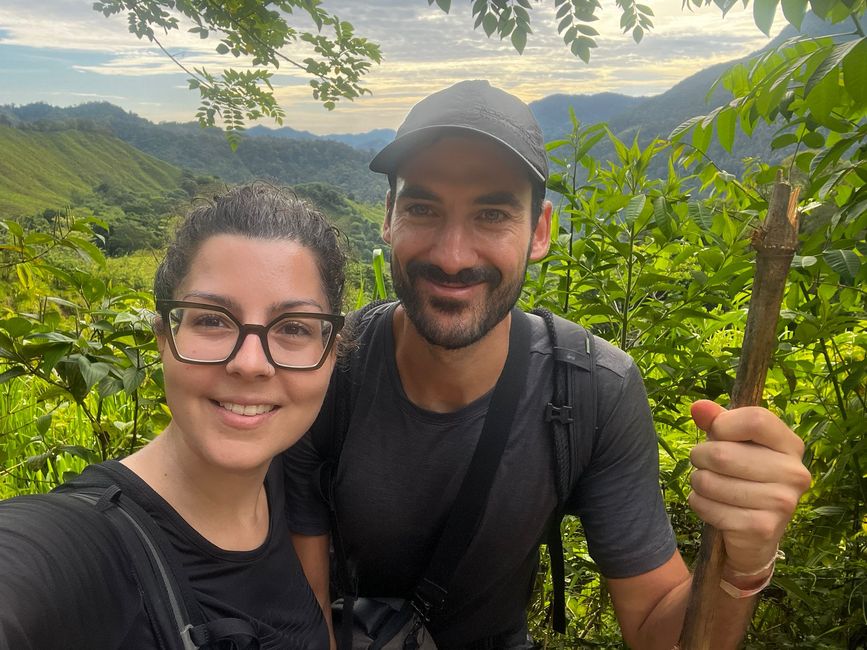
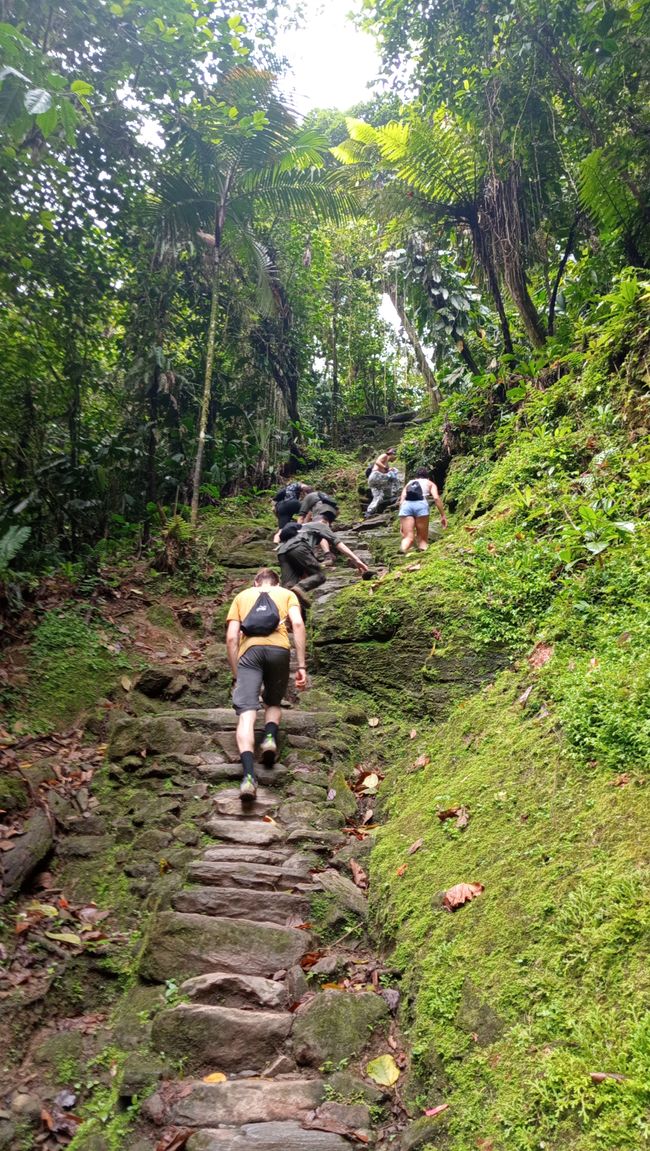
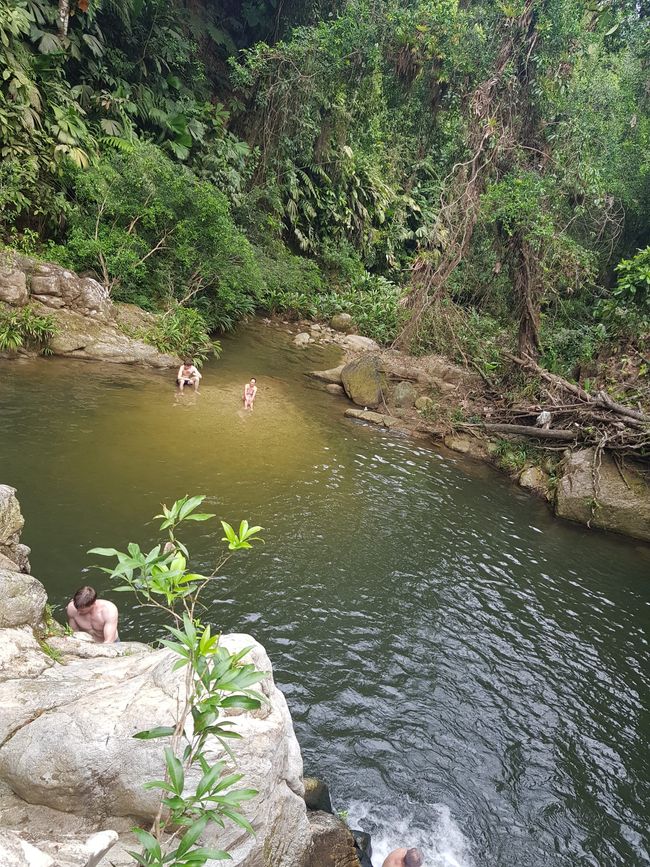
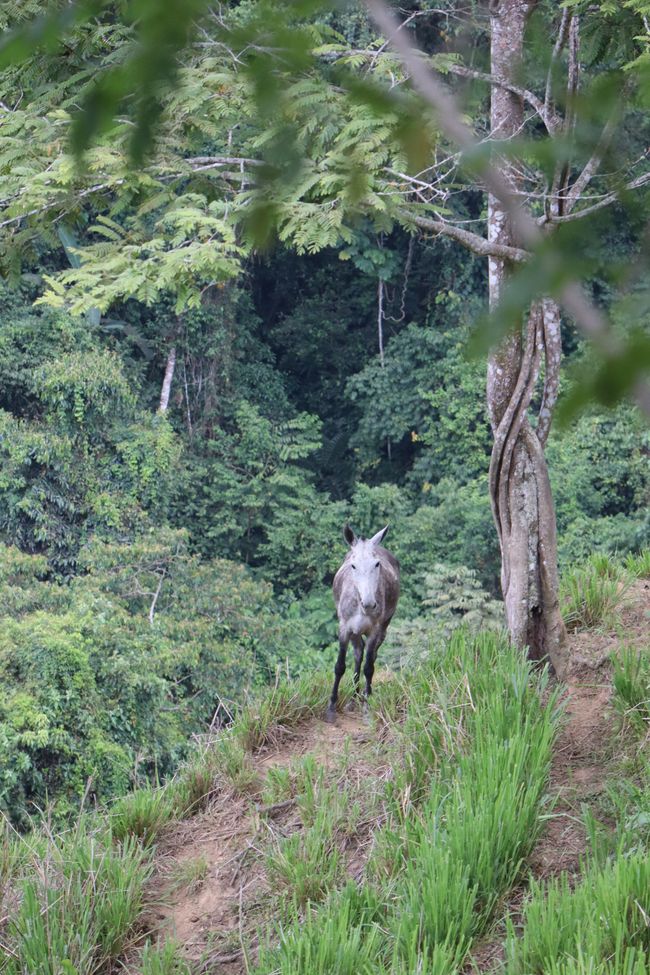
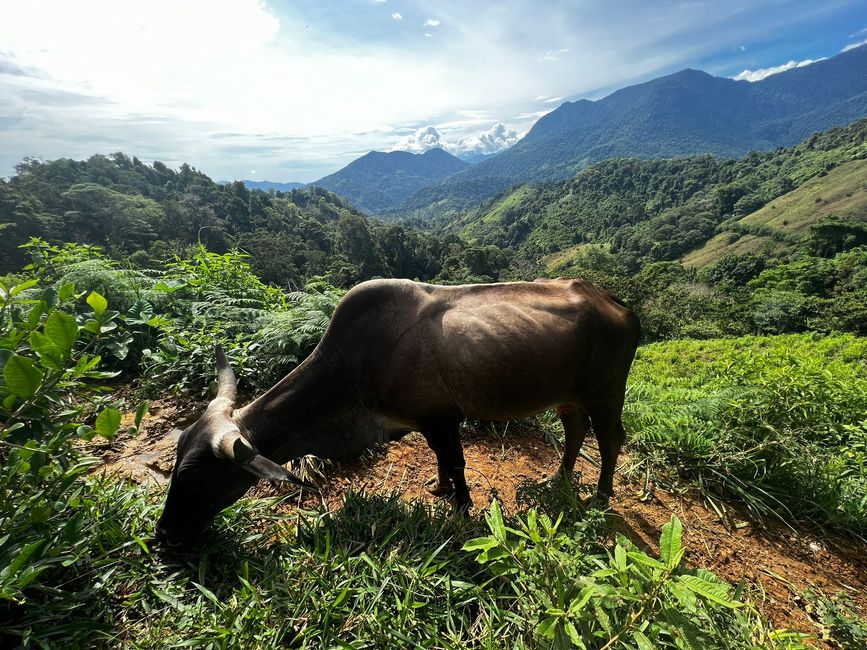
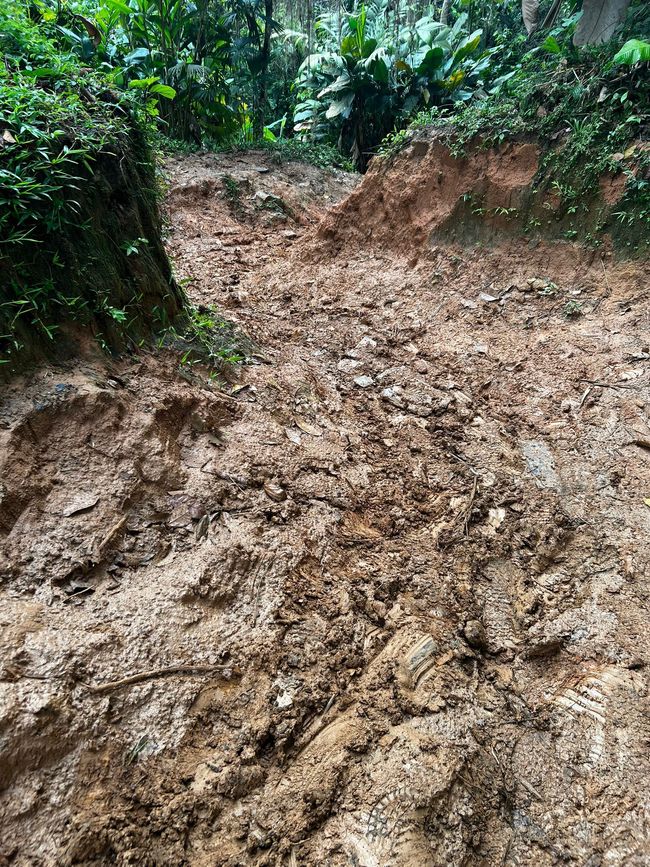
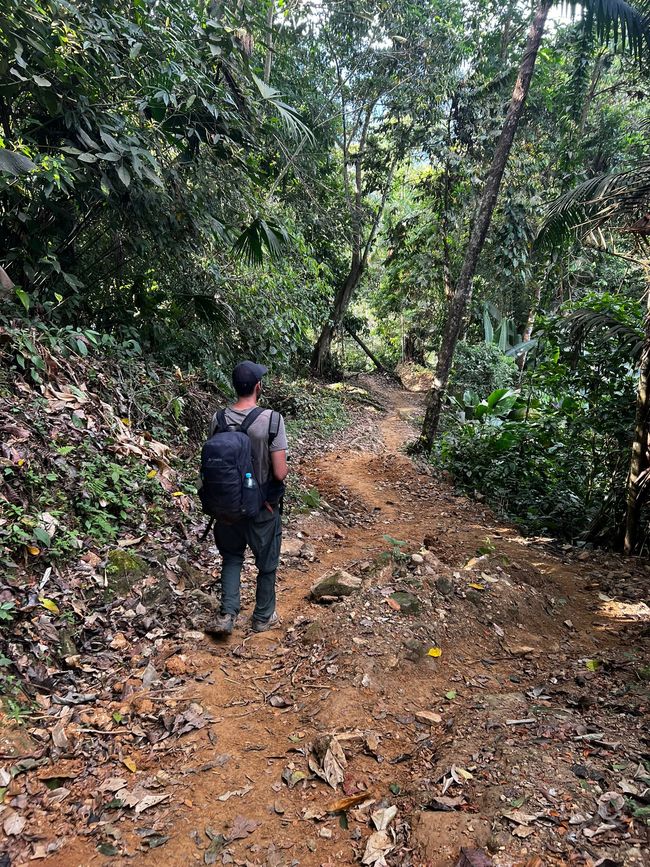
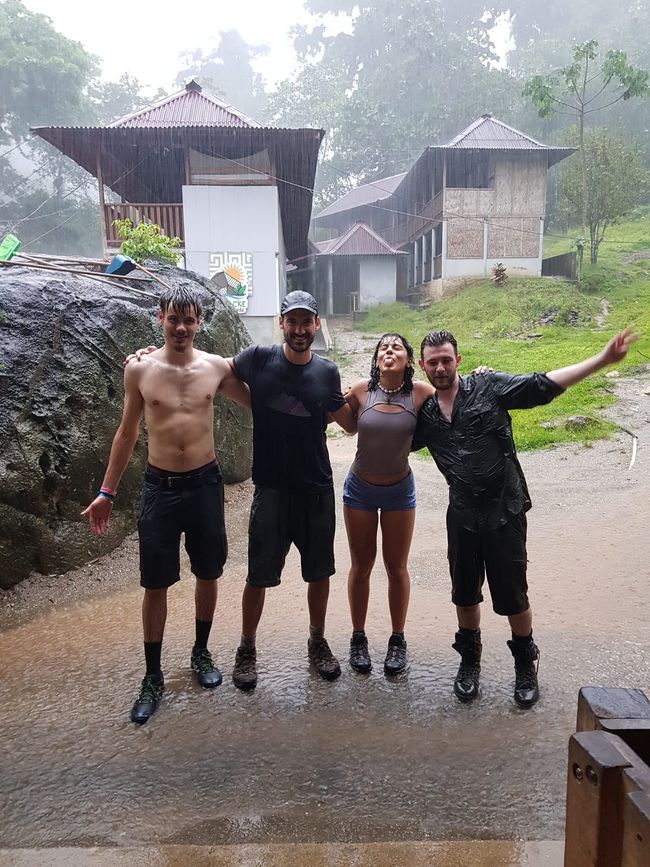
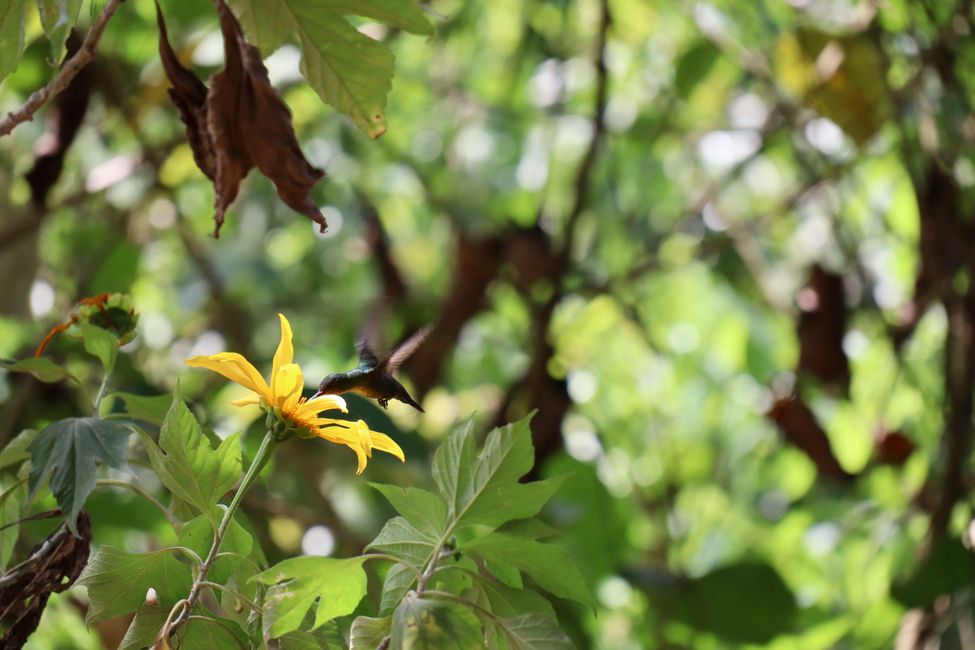
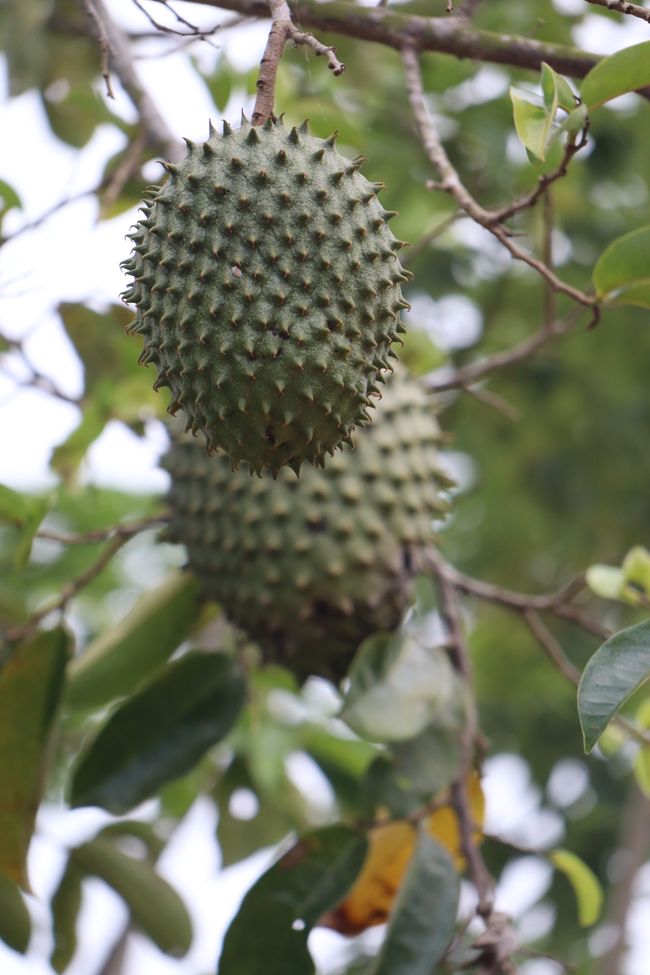
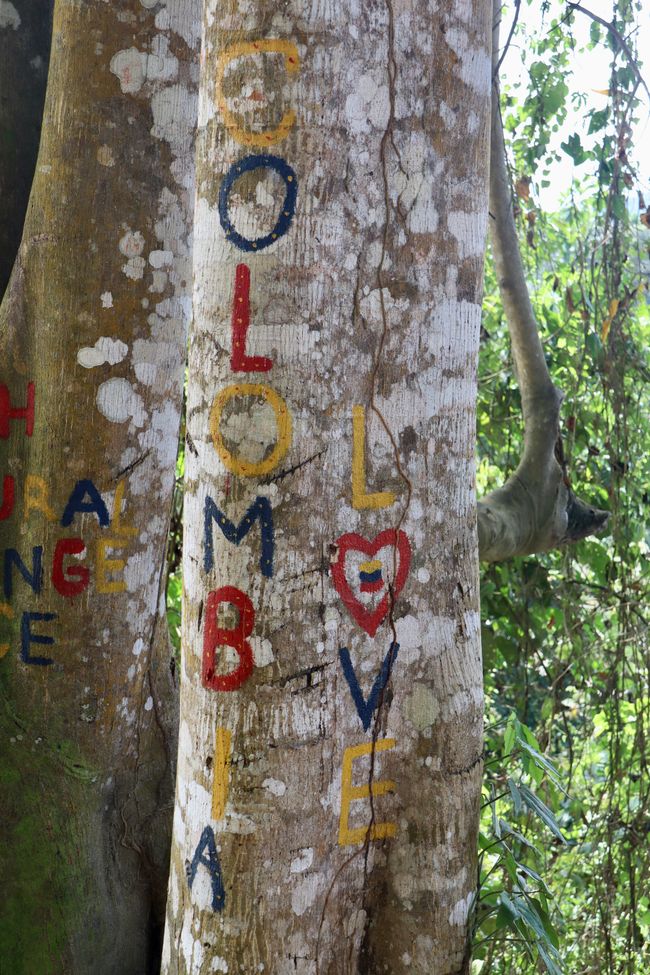
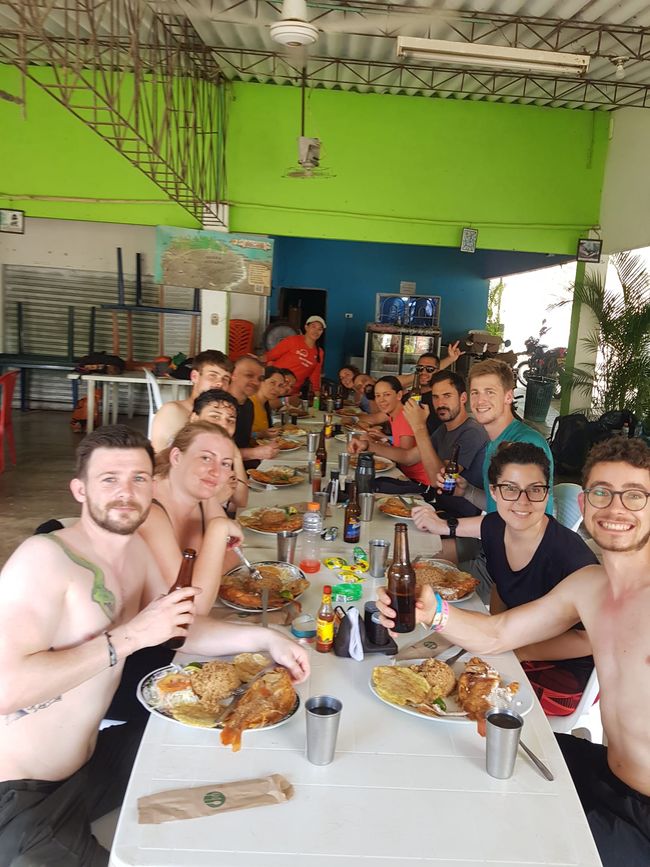
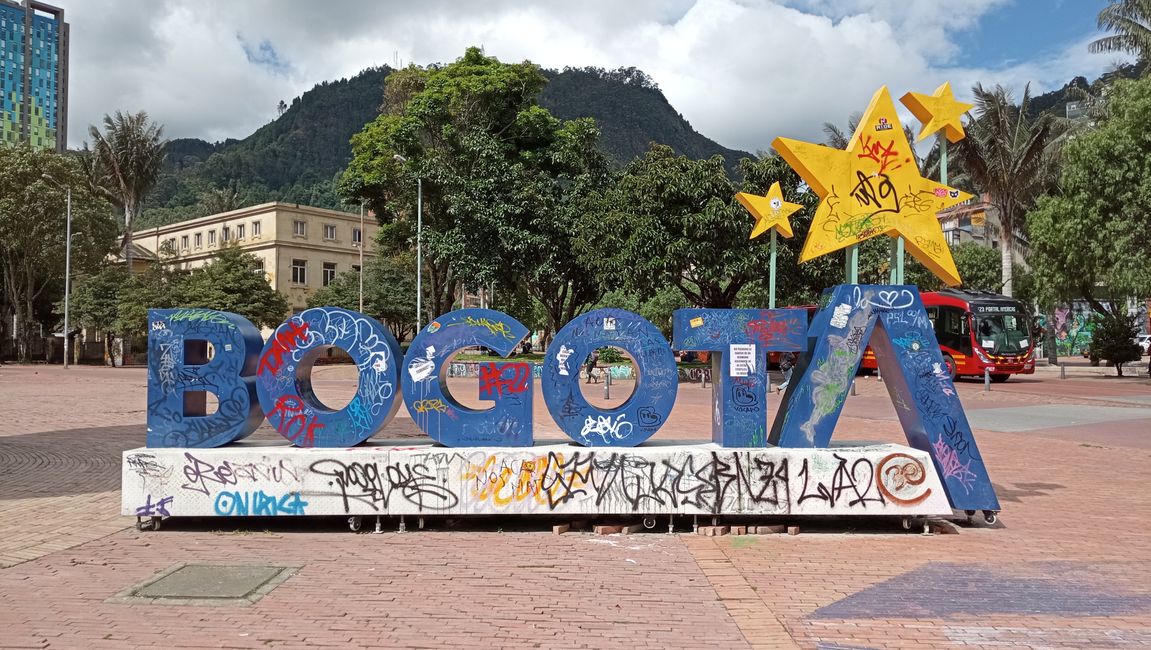
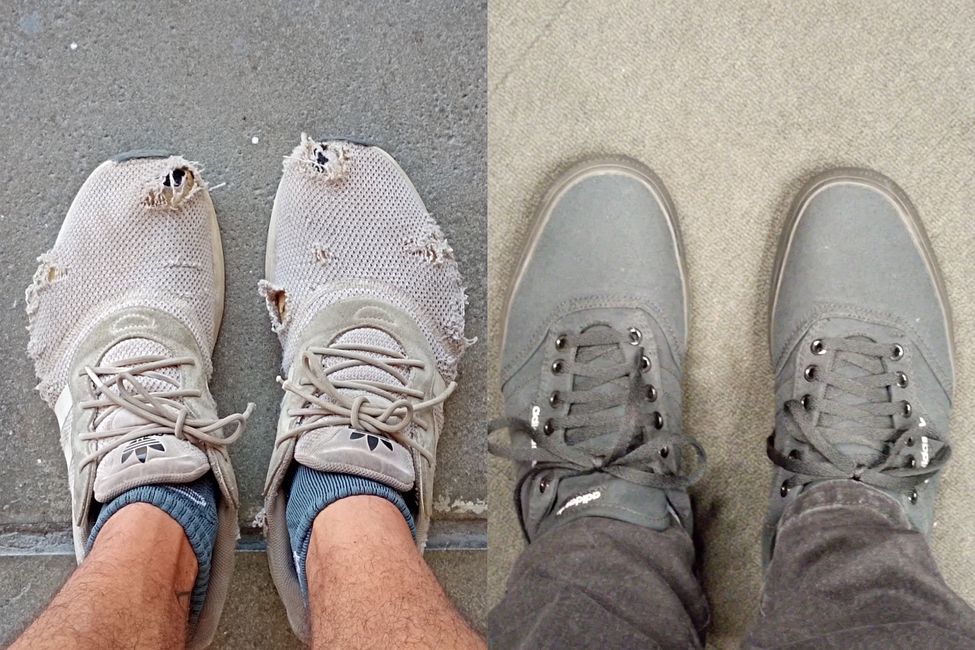
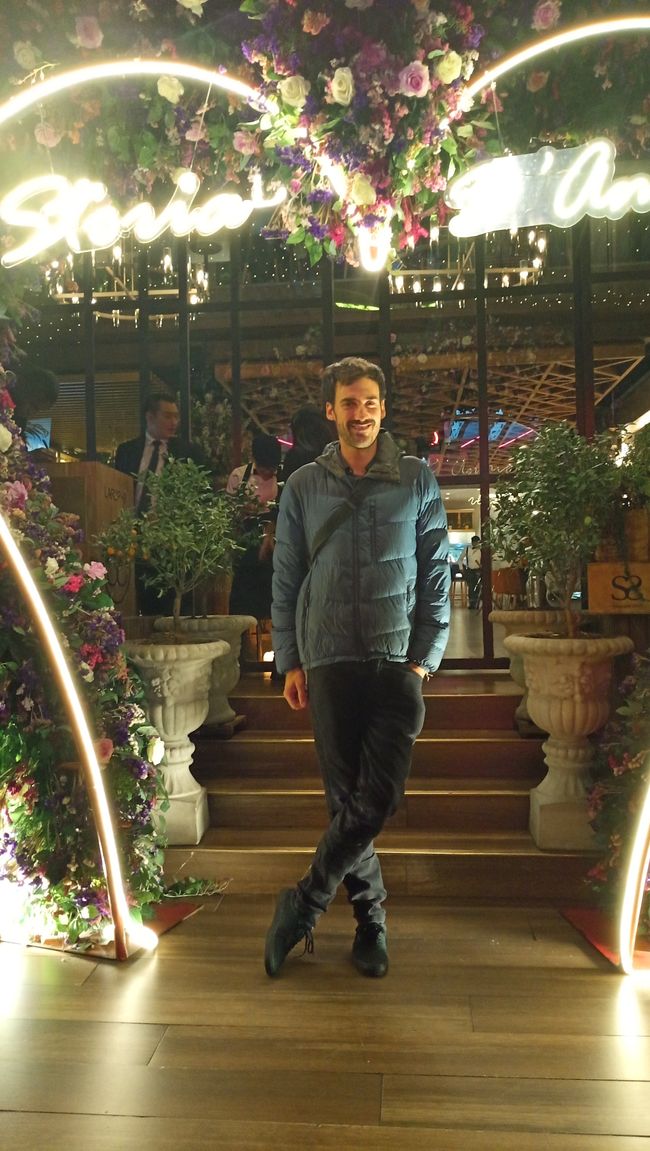
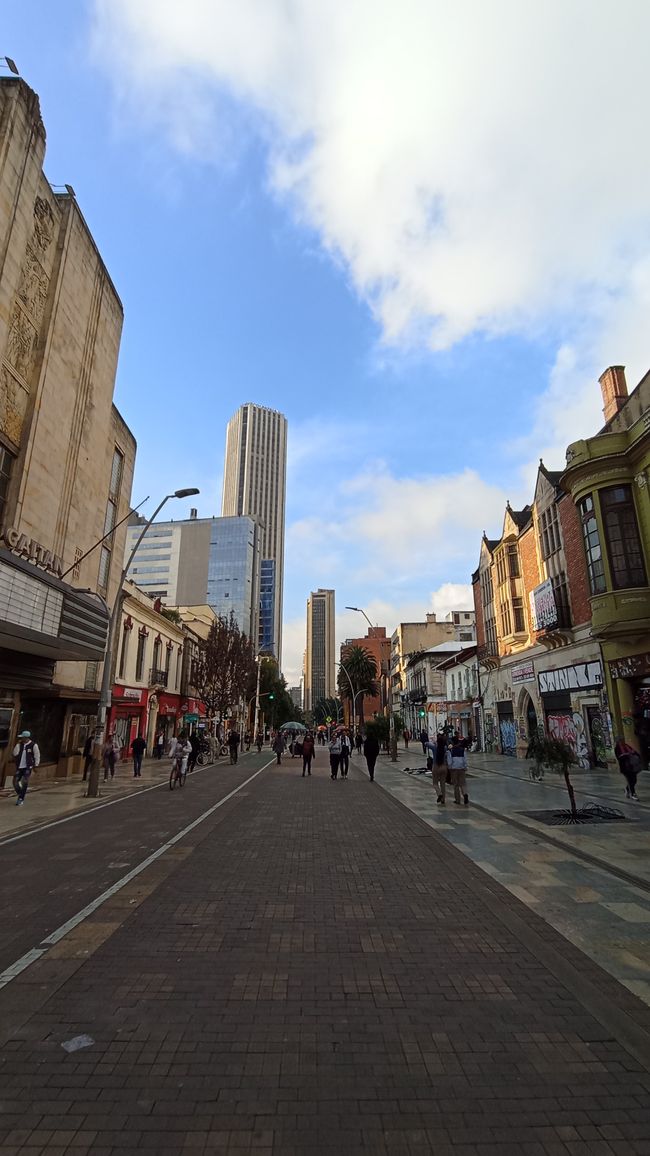
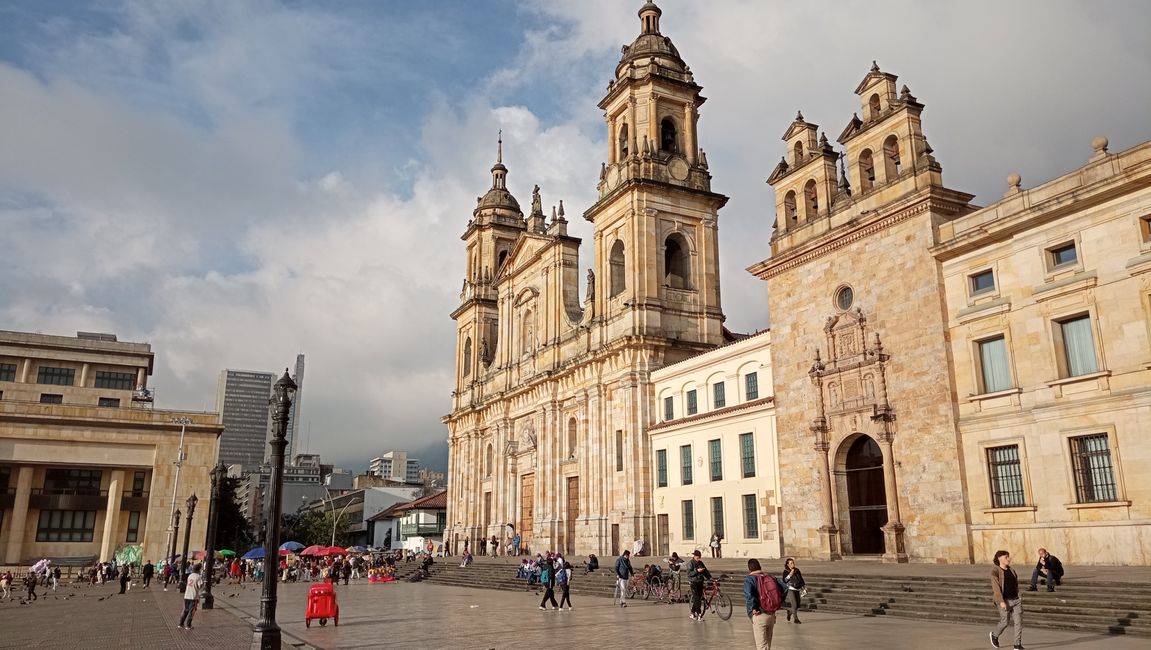
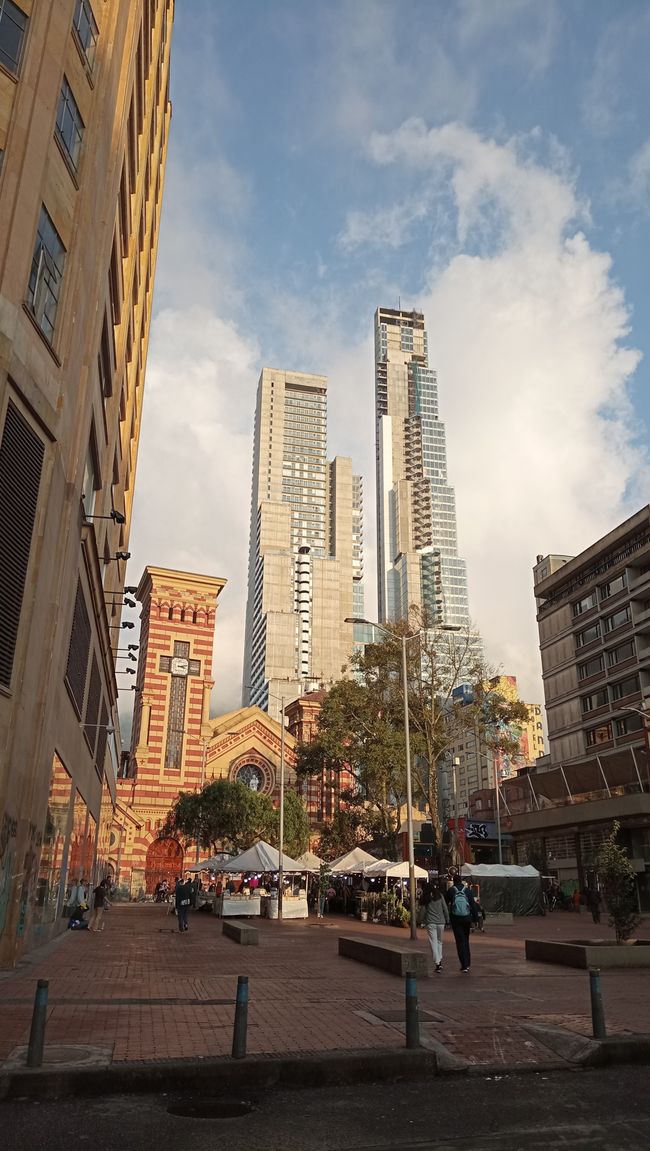
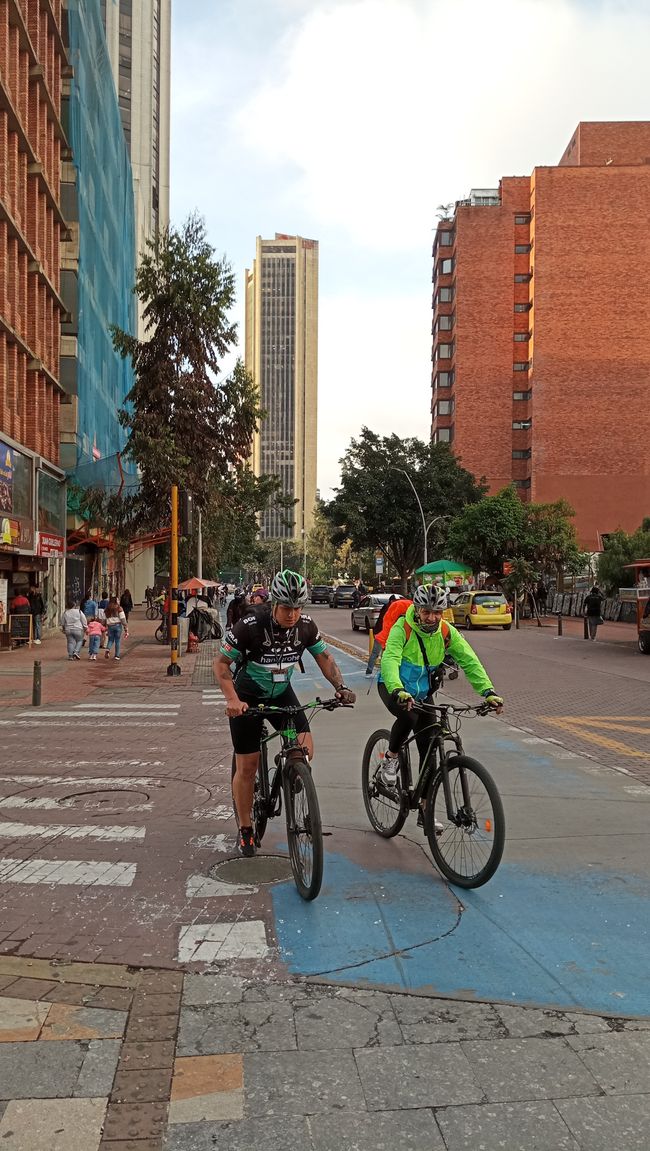
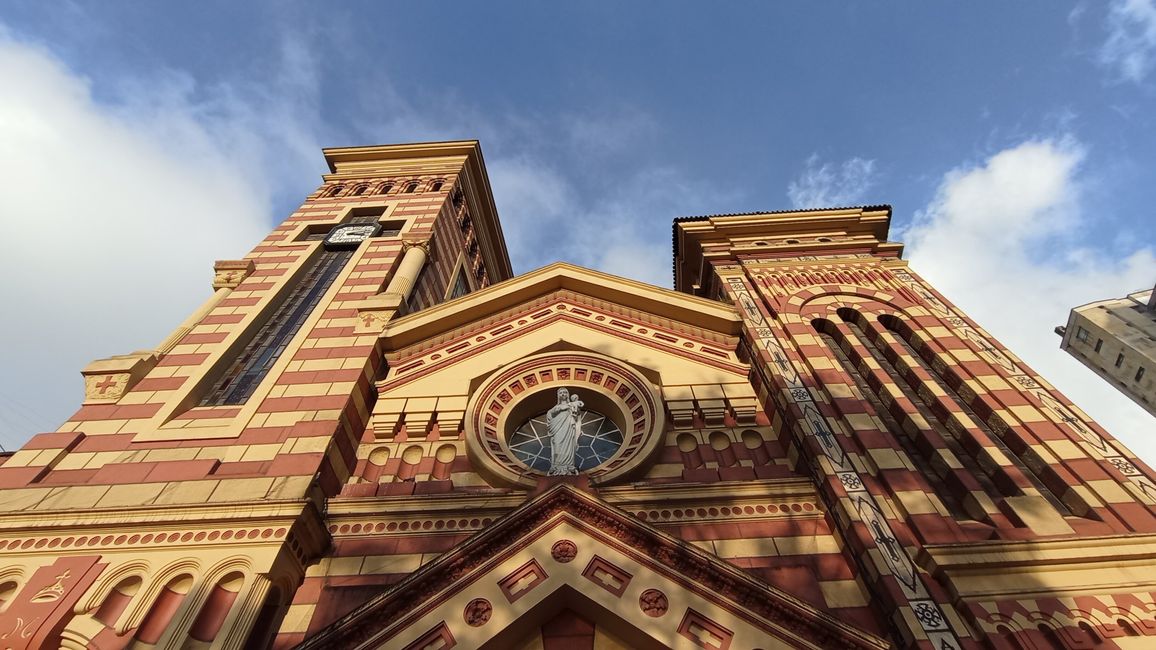
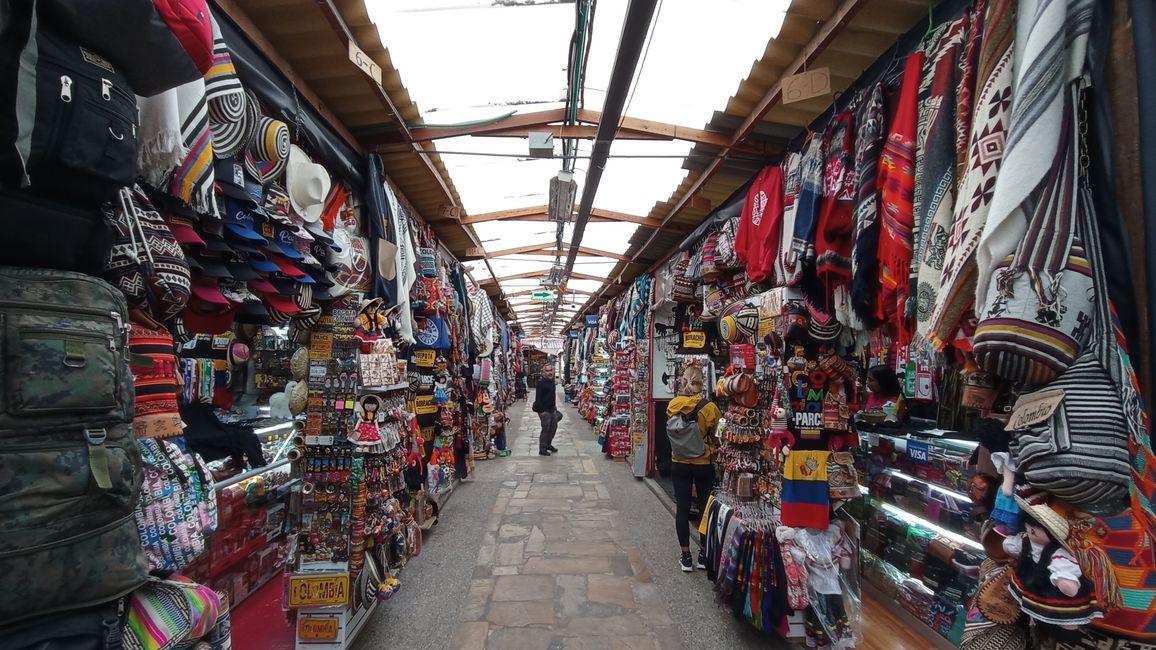
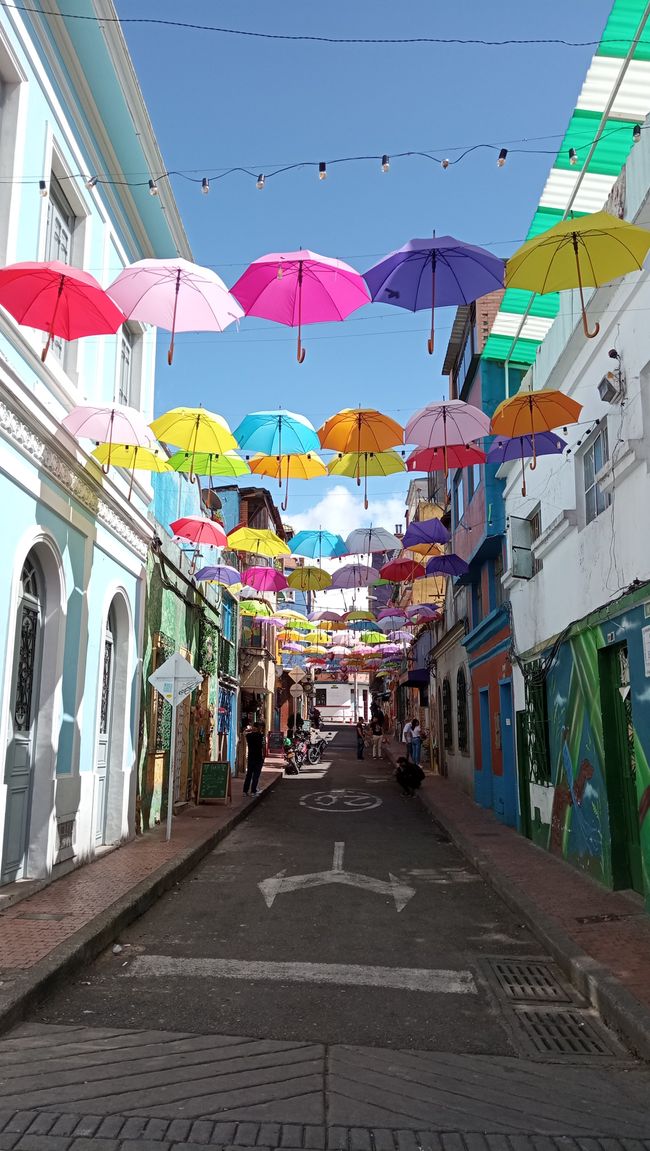
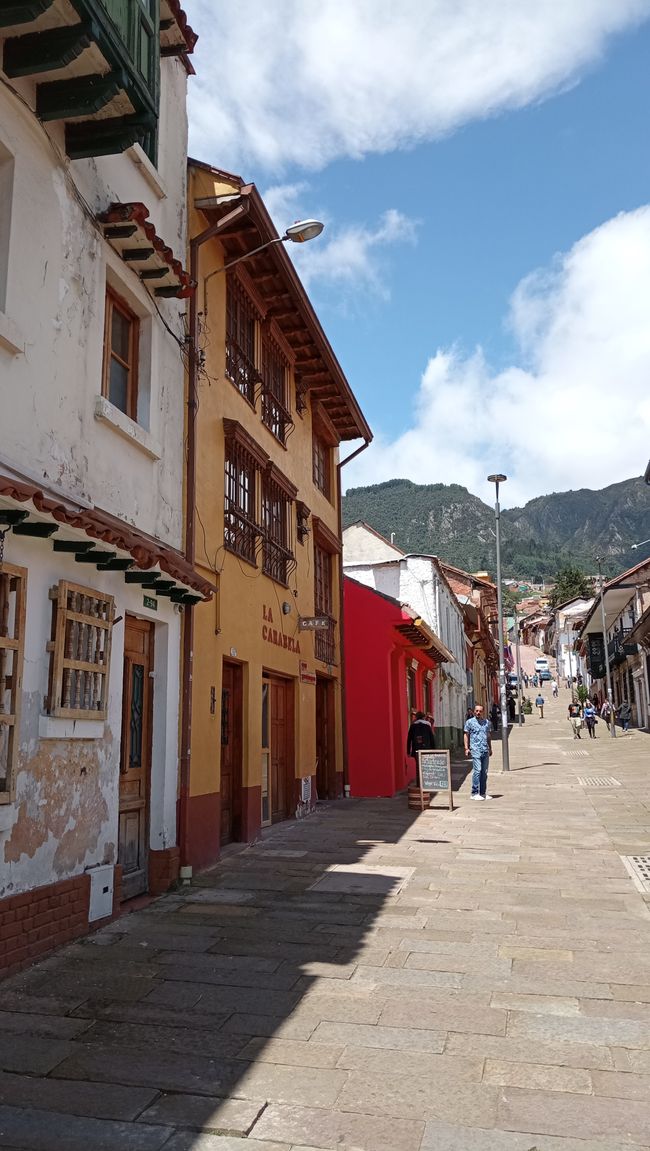
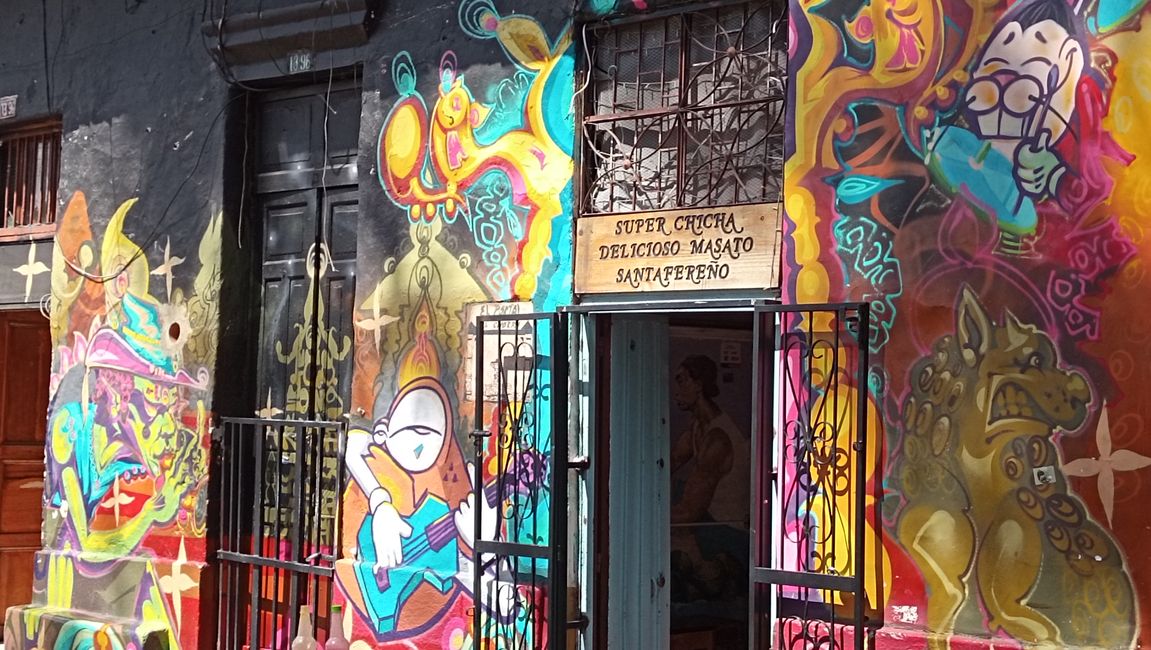
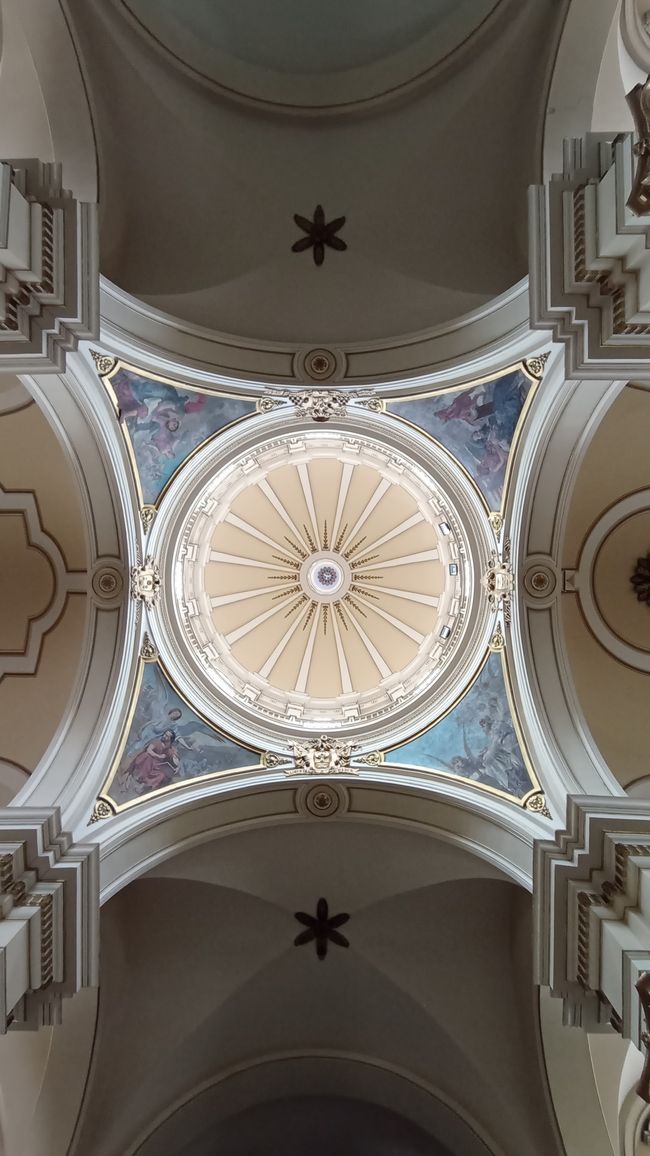
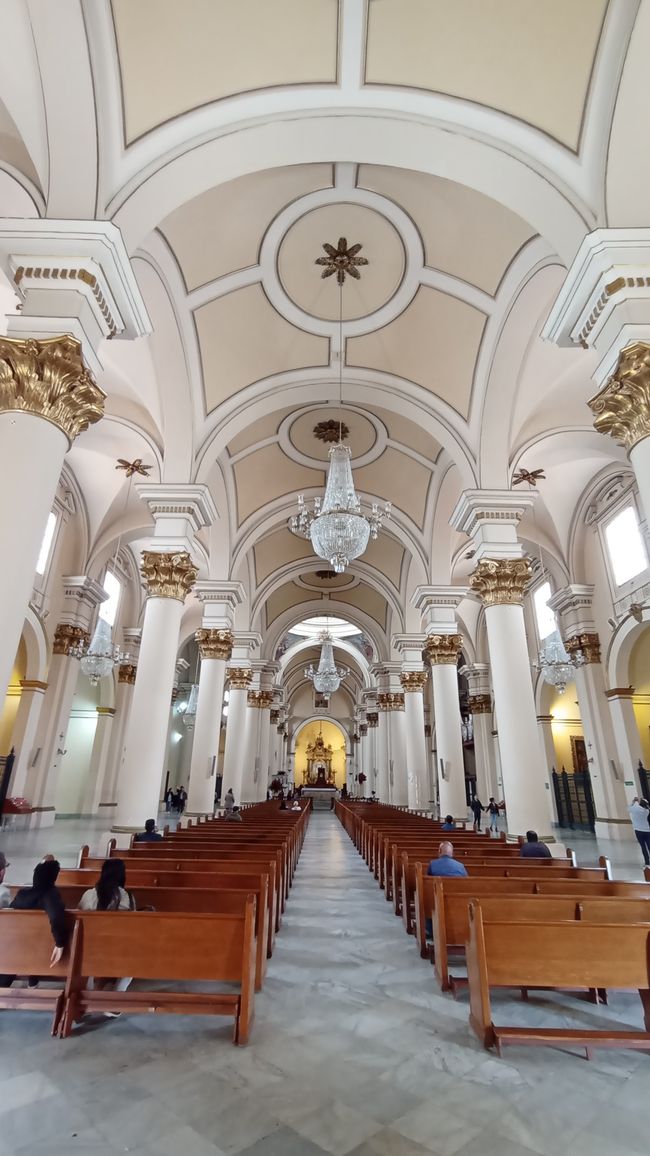
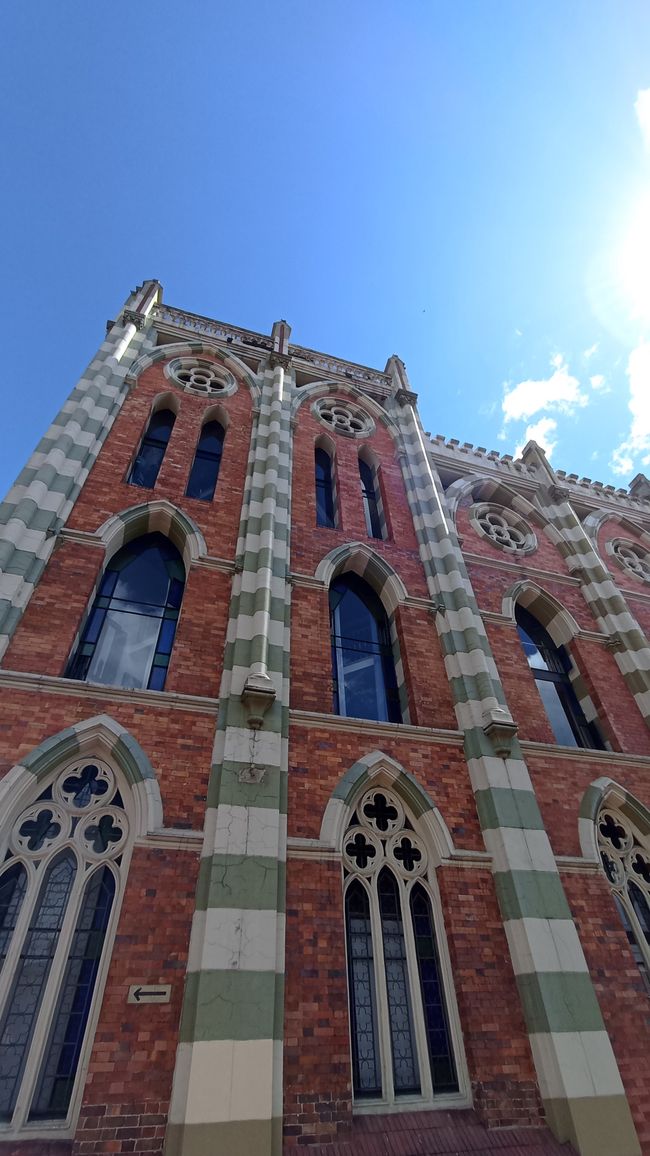
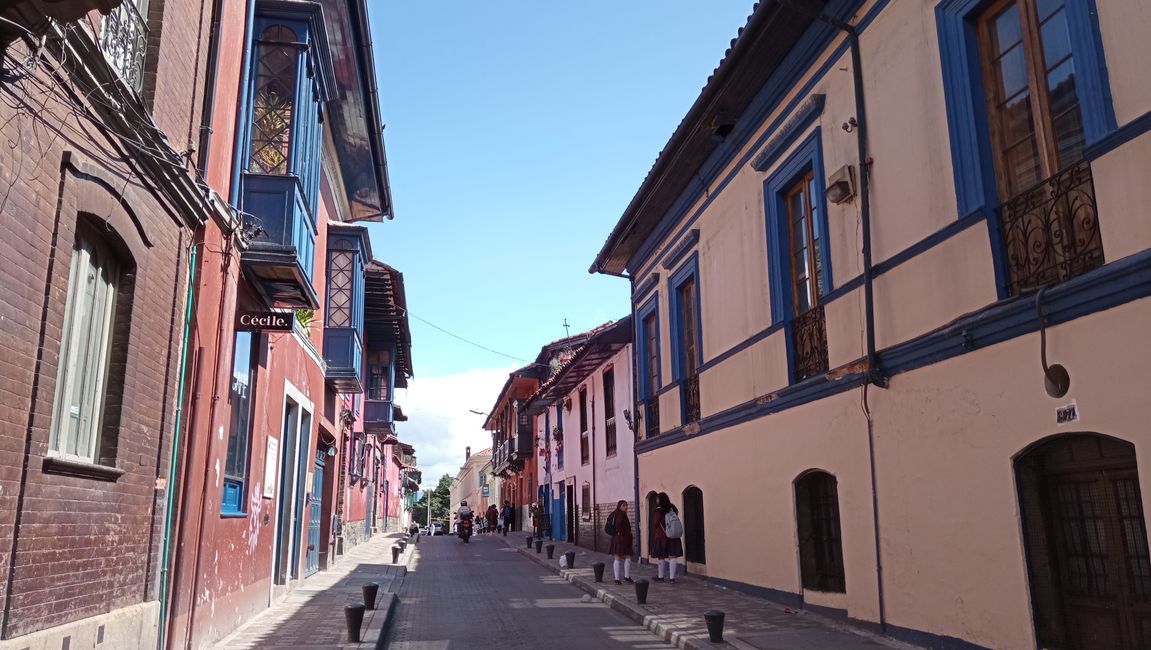
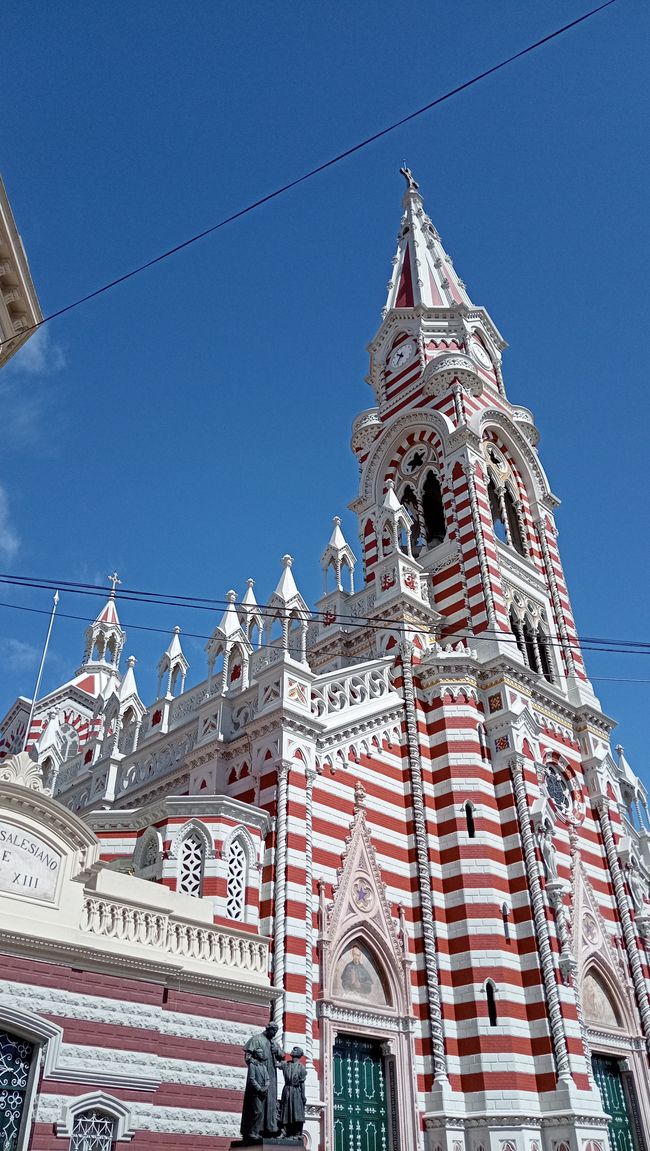
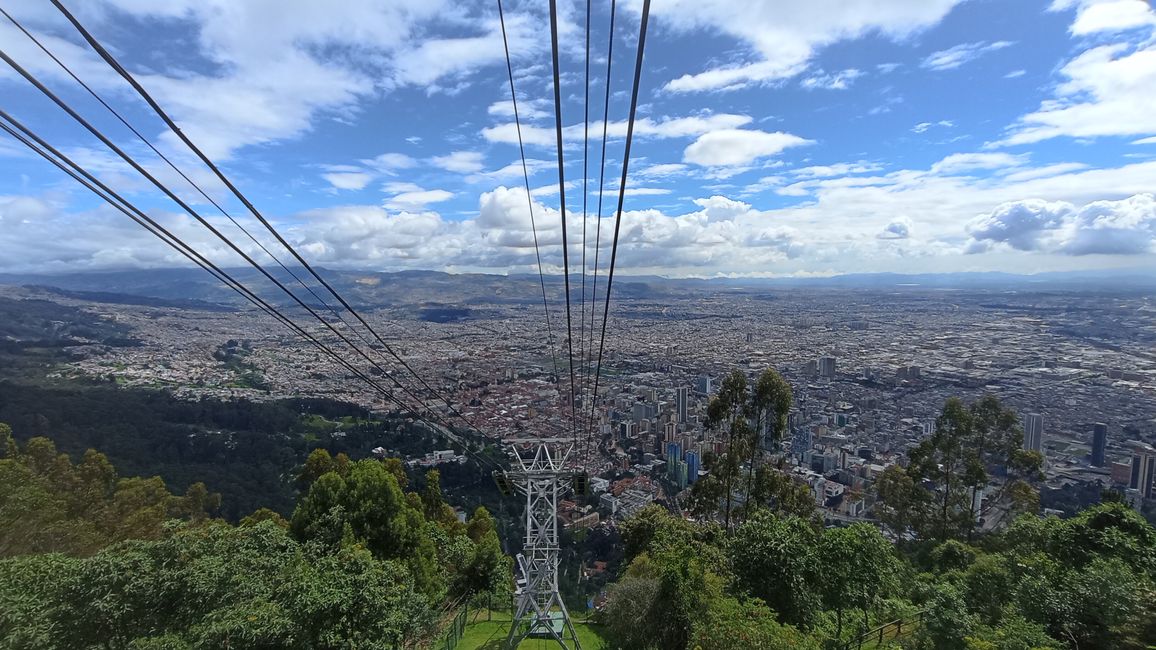
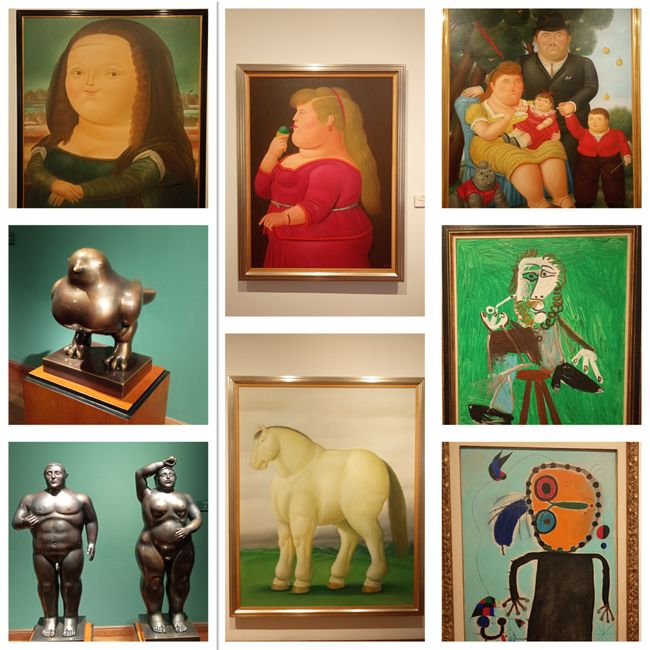
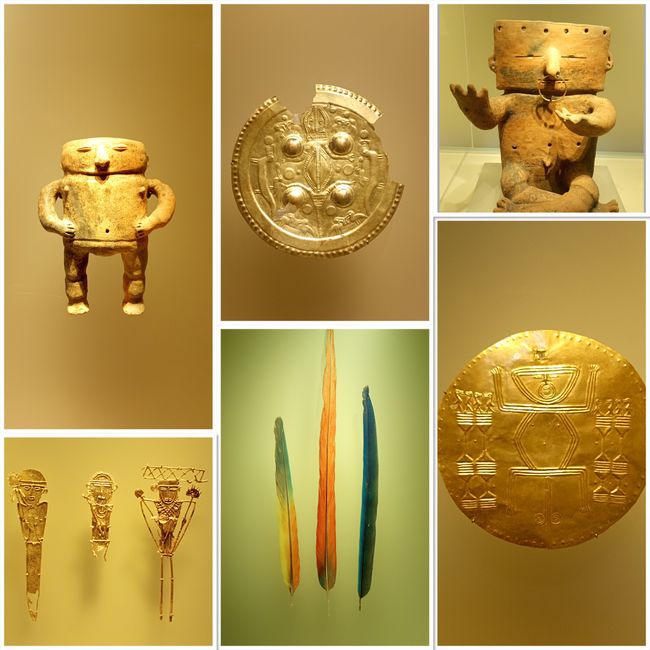
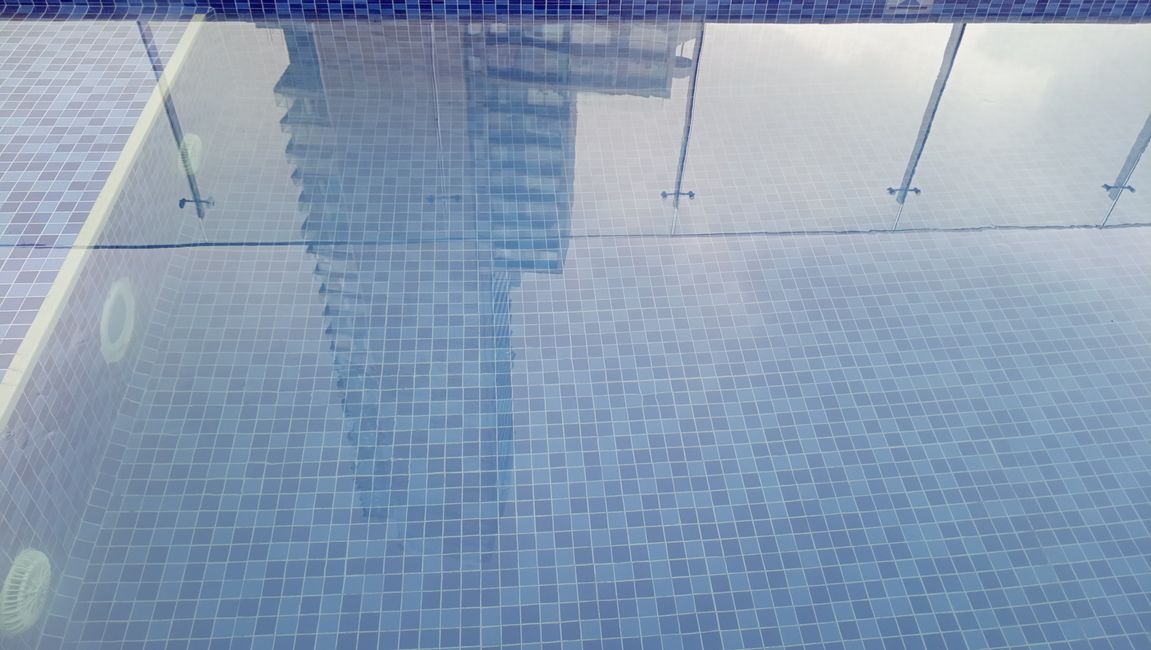
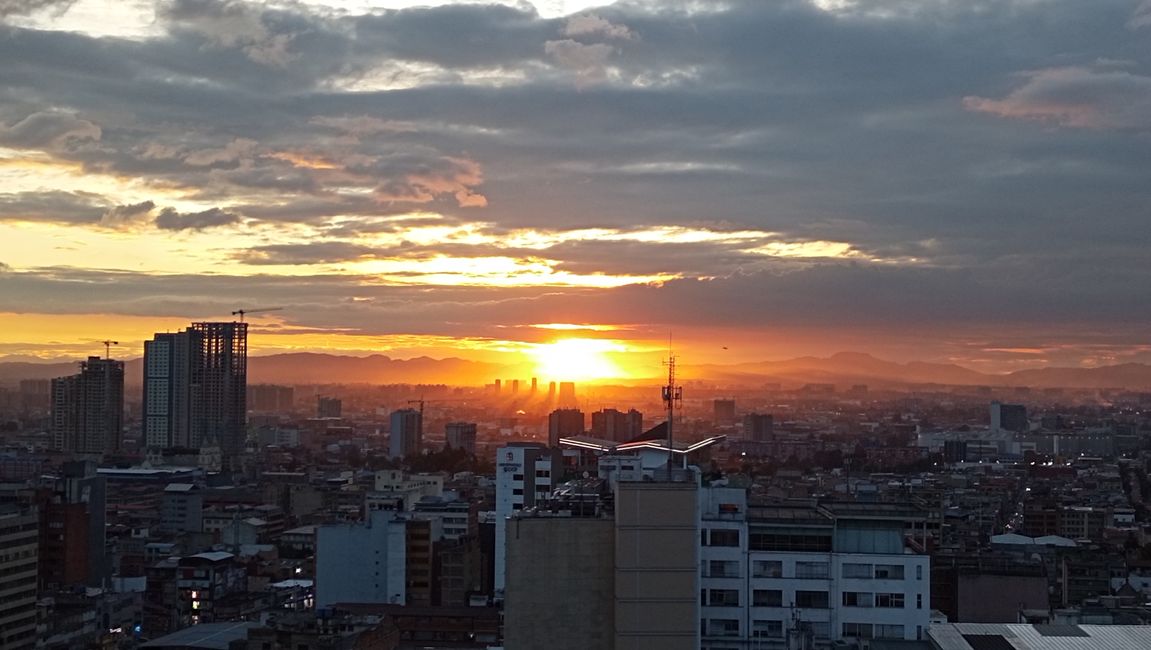
گېزىتلەرگە مۇشتەرى بولۇڭ
What, now everything is really "already" over (#mimimi #gränndoch #schaffekennschuso)?! The last few weeks have passed in a flash. This whole thing feels somehow surreal to me. I'm still here and allowed to linger a little bit in the fantasy world, but in a few hours I will be back in Switzerland and have to face (overwhelming) reality (...oh my God this whining is unbearable, so quickly back to the blog :)).
Actually, I had the idea of spending the last days in South America somewhere on a Colombian beach (relaxing, doing "dolce far niente" and stuff...). But you know me by now... :). Barrello couldn't resist and had to plunge into an adventure one last time (more about that later). After successfully avoiding joining other travelers (I don't count the short story with the two Italians in Rosario/Cordoba), I finally gave in and traveled the last few days with a (originally from Portugal, food/botany lover) West Swiss woman (by the way, we had to speak English because my rusty French is now almost worse than my Spanish) and a (mostly loud, mediocre friendly) Australian woman. Since I had very little time left, the next stages of the trip had to be planned carefully. Originally, I wanted to spend a few days in the Tayrona National Park (hiking in the jungle, relaxing on Caribbean dream beaches), but then I spontaneously decided to embark on the far less relaxing jungle trek to the "Ciudad Perdida" (= lost city). But first we continued to Santa Marta, which is located about 170 km east of Cartagena.
Santa Marta (19.05-21.05)
Well, what can I say, apart from a more or less exciting gold museum, the city doesn't offer much. For divers/snorkel fans (I would be one in principle, but didn't feel like it at the moment), there are apparently some good spots in the vicinity. In my opinion, most travelers only come to Santa Marta (also known as a necessary starting point) to explore the surrounding villages. Besides Minca (a small jungle village, popular for coffee/cocoa plantation visits, bird watching, hiking, and chilling), the Tayrona National Park and the "Ciudad Perdida" should definitely be mentioned. We stayed in Santa Marta for two nights. If it was solely up to me, I would probably have moved on after one night (...I know why I resisted joining other travelers so far...). But let's not be like that, in the end a little bit of JOMO (joy of missing out... that expression really exists!!) definitely didn't hurt me :). Before we ventured into the incredibly exhausting jungle trekking adventure, we spent two more days in Minca. That was the plan at least, because our hostel was somewhere else in the jungle...
Somewhere else in the jungle (21.05-23.05)
The somewhere else in the jungle is about 1 hour's drive from Santa Marta and can only be reached by off-road vehicles or mototaxis (at least the last stretch). We opted for the latter, which was fun, if somewhat risky (you can imagine how good a "jungle road" can be...). The nameless jungle village is a few kilometers away from Minca and is nestled in the spectacular mountain ranges of the Sierra Nevada de Santa Marta. "The mountain ranges of the Sierra Nevada de Santa Marta in northern Colombia are geographically an isolated part of the South American Central Cordilleras. Their highest peaks, each 5,775 meters high, are Pico Cristóbal Colón and Pico Simón Bolívar. The peaks are only 45 km from the Caribbean coast. The mountain range is therefore considered the highest coastal mountain range in the world." Thanks Wiki :). Well, what do you do all day in a jungle like this? For example, you can visit a micro cocoa farm, go on a multi-hour jungle waterfall hike, or try your hand at beekeeping (see photos).
Ciudad Perdida (24.05-27.05)
Everyone knows the touristically overcrowded Machu Picchu, but hardly anyone (or at least relatively few people) knows Ciudad Perdida :). The city/ruins are located about 40 km southeast of Santa Marta (in the aforementioned jungle mountain world of the Sierra Nevada de Santa Marta) and can only be reached by multi-day jungle hikes (depending on fitness level, between 4-6 days). It is believed that the lost city was built by the Tayrona (indigenous people) between the 11th and 16th centuries. At its height, several thousand Tayrona lived there. They disappeared after the Spaniards invaded. The Spaniards never entered the "city". It's hard to believe, but Ciudad Perdida was only rediscovered (and looted) in the early 1970s by gold diggers. Some of the finds from that time are now in the gold museums in Cartagena, Bogota, and Santa Marta. Today, the land officially belongs to the indigenous people. By the way, they still live in this unreal environment and are committed to maintaining the site. A small part of the tour costs (a little more than 10 CHF per tourist, by the way, the whole tour costs over 300 Schtutz!!) is given to the indigenous population living there. In general, the aim is to curb tourism, but let's see how the whole thing will develop in the coming years... Well, that's enough background information about the lost city... The trek was extreme in many ways!! Extremely beautiful (see photos), extremely exciting (especially the encounters with the indigenous people), and extremely challenging. The over 45 km long, 4-day jungle trek with partly hair-raising ascents in the hot and humid mosquito-infested tropical climate (temperatures above 30 degrees Celsius + 90% humidity) repeatedly pushed me to my personal limits!! Although the animals of course hid from me again, this hike is really an absolute must if you are traveling in Colombia!!! To all potential imitators...You need: good endurance, a certain pain tolerance (sore muscles, blisters, etc. are quite likely), lots of spare clothes (although they were soaked with sweat after 5 minutes), insect repellent (especially in Ciudad Perdida the mosquitoes really became uncomfortable), tons of drinking water (fortunately, it can be refilled in many places), good shoes (some sections were really challenging, super steep, super muddy, and super slippery), swimwear (we made a few stops at paradisiacal natural pools), and of course a good mood (...which comes naturally when you move through this fascinating jungle world :)). After the beautiful adventure was over, I was already prepared to vegetate in pain for the following days. To my great surprise, however, I coped quite well with the whole thing. After a recovery day in Santa Marta, we continued to Bogota, the very last stop of my journey :((
Bogota (29.05-31.05)
For inexplicable reasons, I heard several times that the capital of Colombia is not really worth seeing. I did not get that impression at all. On the contrary, I liked Bogota much better than the, in my opinion, too hectic/loud Medellin. It's simply fun to stroll through the cobblestone streets of Bogota's old town (La Calanderia) and take in the many colorful colonial houses, churches, and plazas. In addition, there are plenty of interesting museums (such as the Botero Museum), restaurants (especially in the slightly more upscale northern neighborhood zona rosa), bars, and cafes. With several hundred kilometers of ciclovías (bicycle paths), Bogota is considered THE bicycle city of South America. In the 70s, Bogota was the first city in the world to close its streets on Sundays to allow cyclists, joggers, and other leisure athletes to use them. However, the weather looks a bit gloomier. After the hot and humid tropical climate of the last weeks, I had to unpack warmer clothes in Bogota. The city is located at 2,625 m, so it's not surprising that temperatures range between 7 and 19 degrees Celsius throughout the year (I think in Switzerland they call it winter ;). Well, I can't really report a lot about Bogota, since I was only there for 2.5 days (...and some of the time was spent on general preparations/blogging, etc.). It is definitely recommended to visit the Botero Museum (remember, the artist with the plump figures... I love his works!!) and the Gold Museum (aka the tomb raider's nightmare), and to take a little excursion (by foot or by cable car) to the hill (Monserate).
The thing with the brilliant essence ;)
247 days, 50,000 kilometers, humid hot jungle, surreal ice worlds, breathtaking desert landscapes, abandoned steppes, arctic/caribbean/atlantic/pacific oceans, (active) volcanoes, mountains, glaciers, canyons, fjords, islands, (salt) lakes, rivers, roaring waterfalls, colorful lagoons, fascinating animal worlds, countless cities, diverse cultures, myriad beautiful, tragic, funny, touching human encounters, and so MUCH MORE!!! In recent times, I have been asked several times what my highlight of this journey was so far. Honestly, I would not know how to answer that question!! Somehow, the whole journey feels like a season of an adventure/documentary/action series that has become far too long - a colorful kaleidoscope of impressions, colors, and moods!! Naturally, drawing a (brilliant) quintessence from it will not be possible for me. But what did you expect :)?! Nevertheless, I will try to capture a few final thoughts and impressions. But I won't repeat here again how incredibly beautiful, diverse, fascinating, and inspiring the whole trip was..:). But like so many things in life, the whole story also has a flip side... Traveling can be incredibly tiring, sweaty, and sometimes quite frustrating!!! I don't know how other travelers feel, but I have reached my limits several times. Furthermore, one is confronted with a truism in the most unpleasant way: economically, in terms of security and politics (especially in Switzerland), we are doing well, even damn well!!! Of course, every child knows that... Nevertheless, this journey has once again impressively reminded me what it means to have to live under adverse circumstances. The poverty and misery that I saw in certain places shocked and saddened me at the same time. In our everyday routine, we (including myself, of course) all too often forget in what highly privileged world/bubble we actually get to live. 700 million people live in extreme poverty, looked at from a multi-dimensional perspective, 1.3 billion people are affected by it. 80-90% of the world's population has never seen the inside of an airplane. So, what I have been able to experience in the past months will never be granted to most people (even many people in Switzerland!!) in their lifetime. Well, and I have contributed absolutely NOTHING to this, I was simply incredibly lucky to have been born in the "right" country (and under more or less favorable conditions). I am infinitely grateful for that!!! I don't want to be a moralist here, but I think it doesn't hurt to be aware of that!! The people in South America are truly incredible!! I hope that I can take a small portion of the (extremely contagious) South American joy of life and serenity home with me :):)
What else: go out, explore, be amazed, be a child, be in the moment, laugh, dance!! The world offers so incredibly many possibilities if you are willing to open your heart for them (...not that I would consider myself an expert in this regard, but I'm working on it... :))! Who knows, maybe my blog inspired you to go on a journey again (it doesn't have to be South America :))!!
I'm looking forward to seeing you again soon in Switzerland!! You're awesome, see you soon!!!
And once again, thank you very much for all the kind, motivating comments & compliments about the blog!!!
گېزىتلەرگە مۇشتەرى بولۇڭ
جاۋاب (1)
Christian
merci Bart! guet gmacht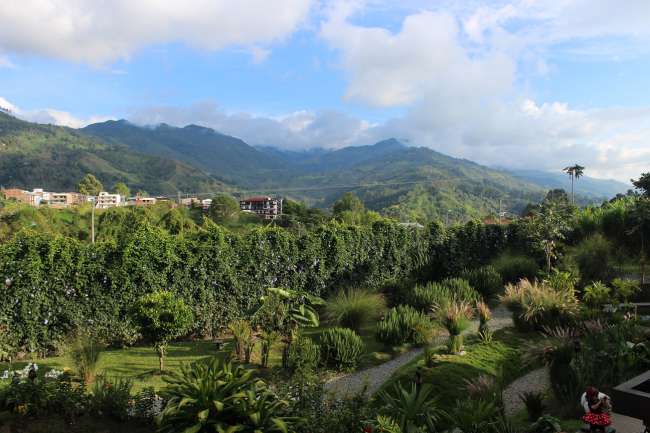
ساياھەت دوكلاتى كولۇمبىيە
